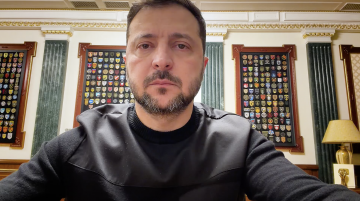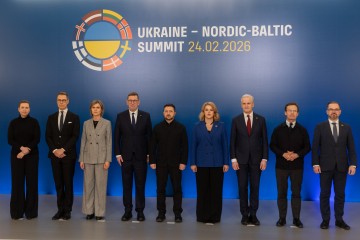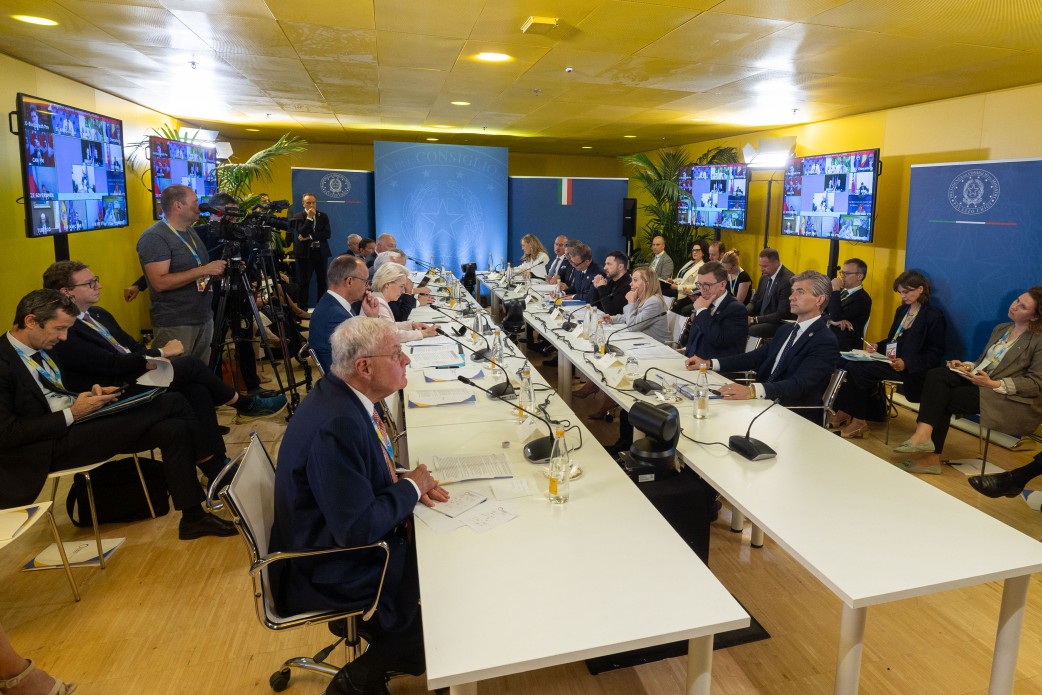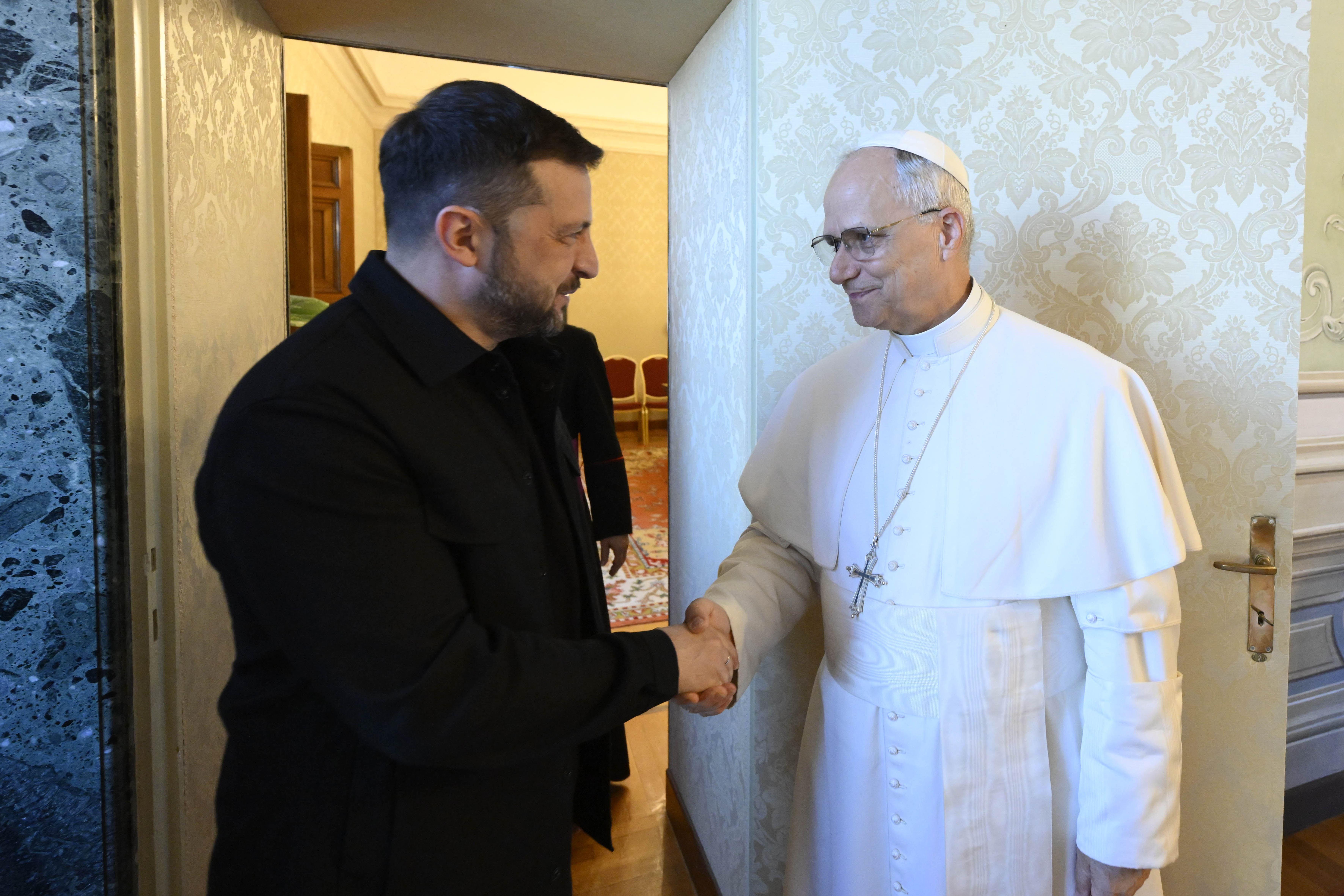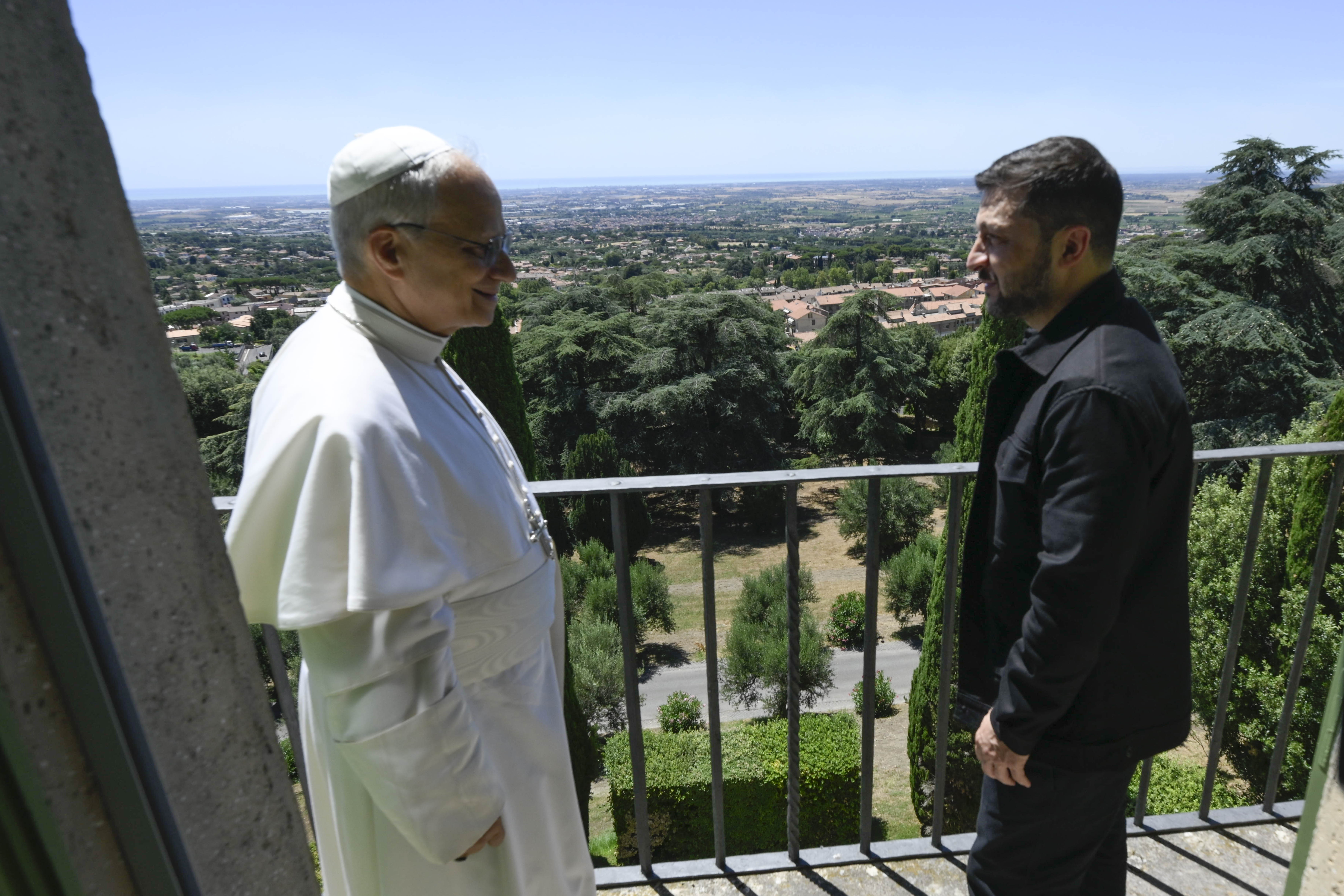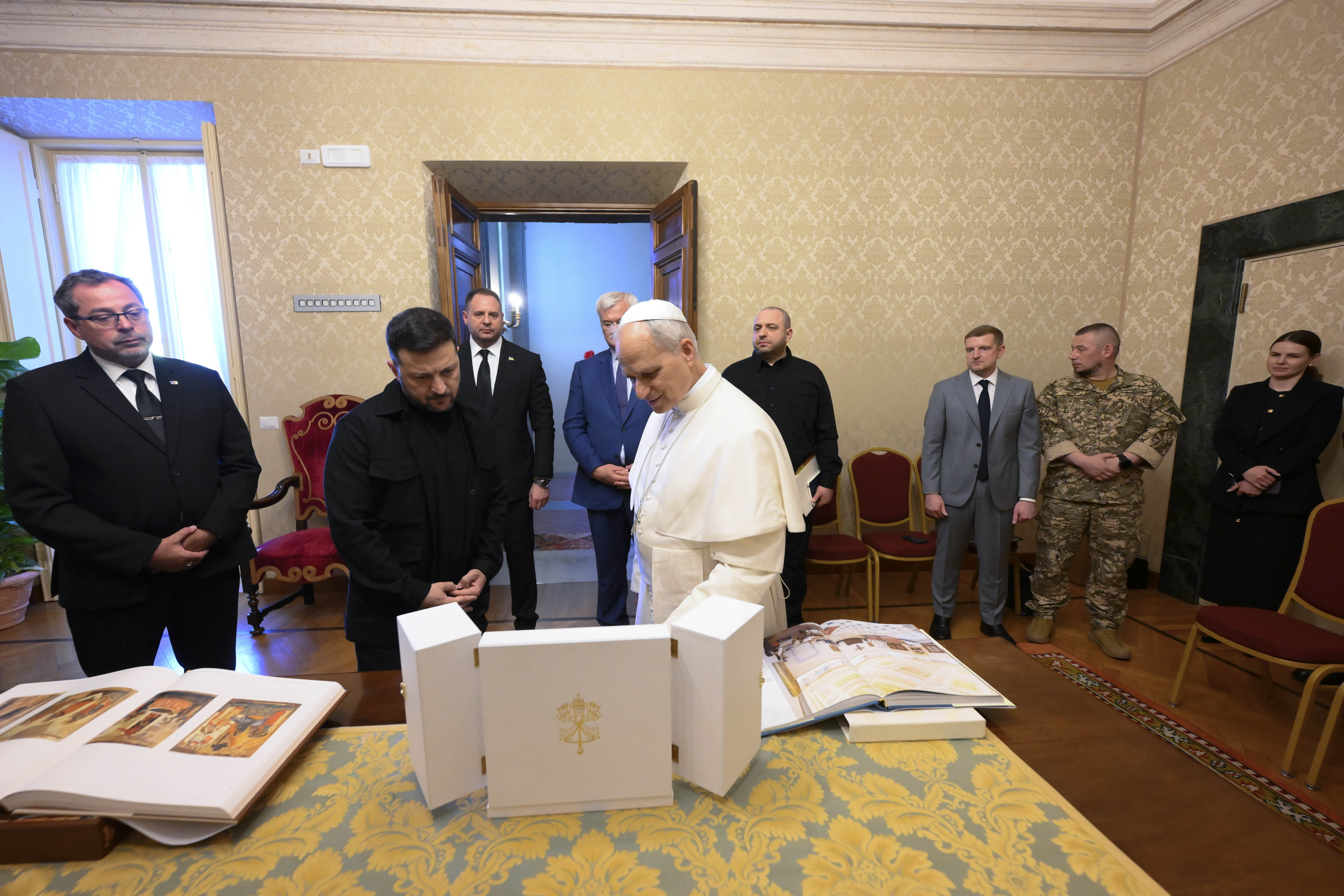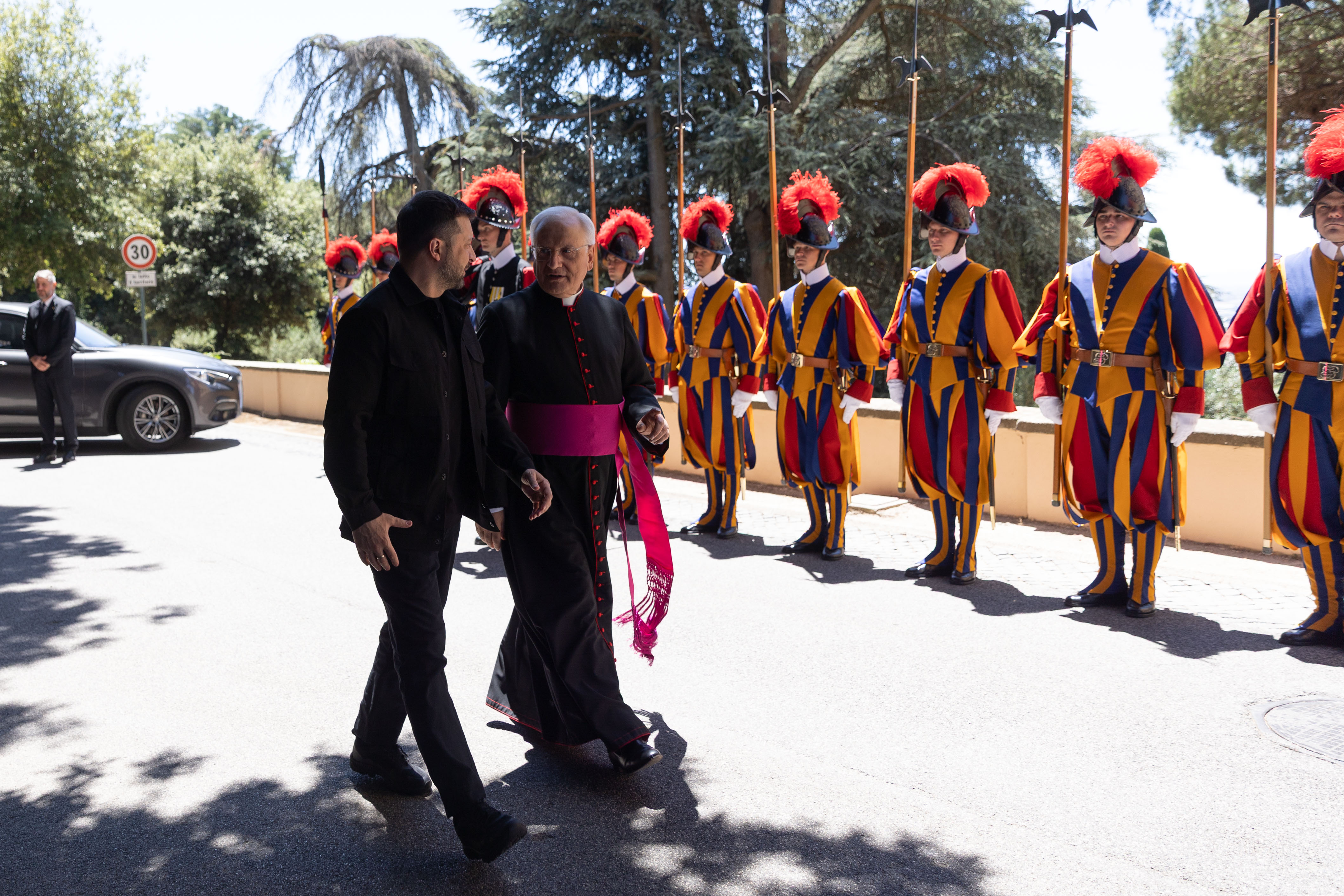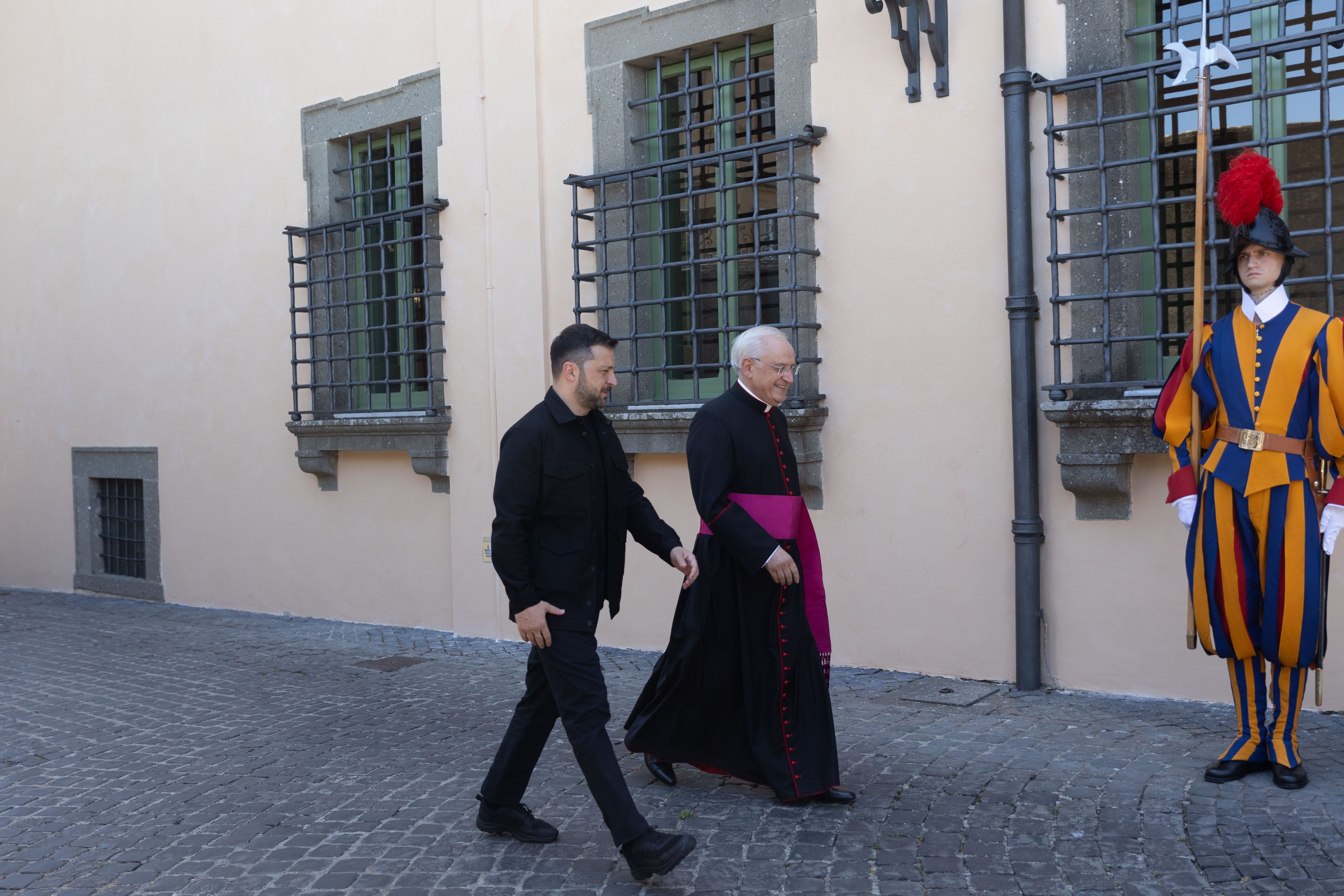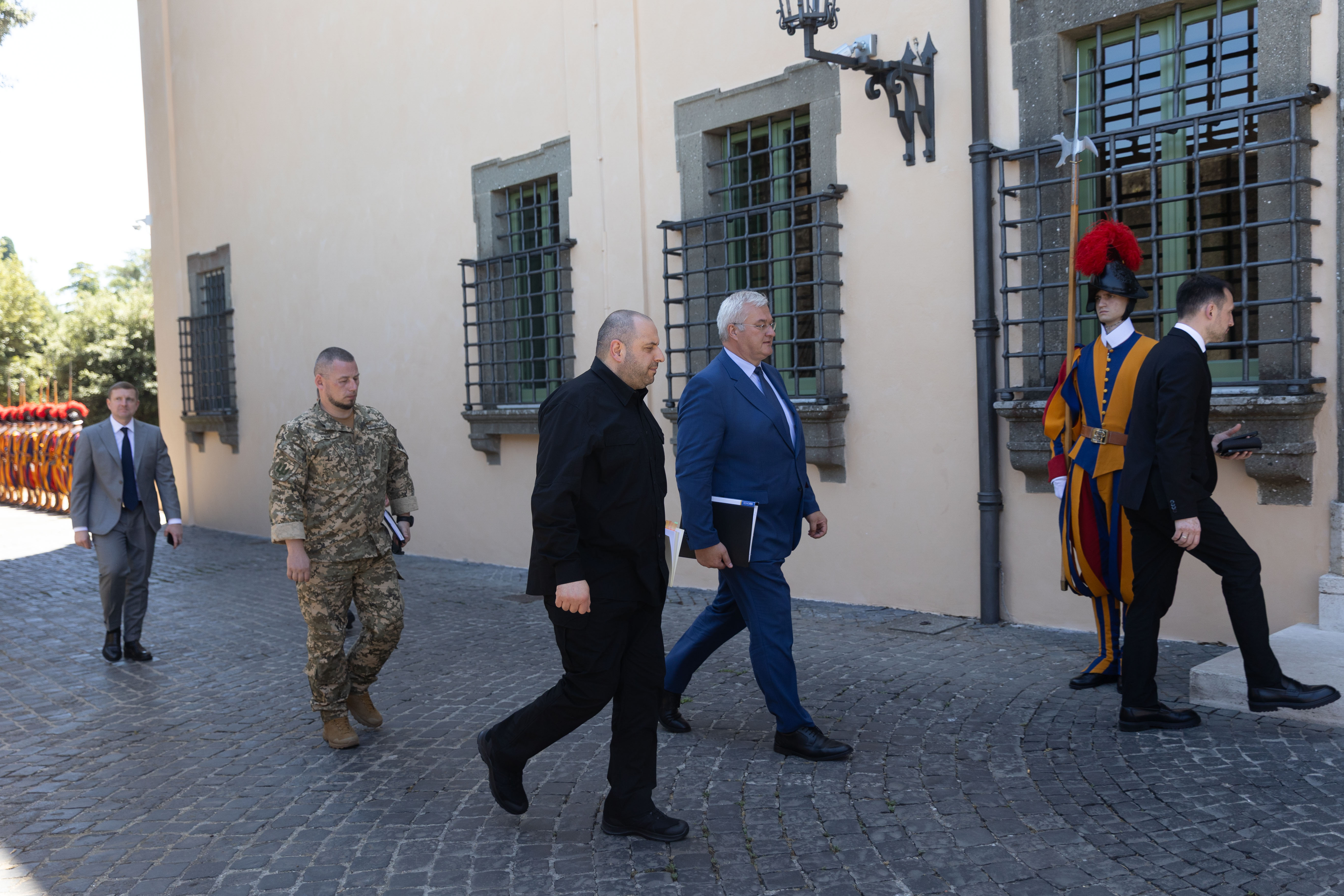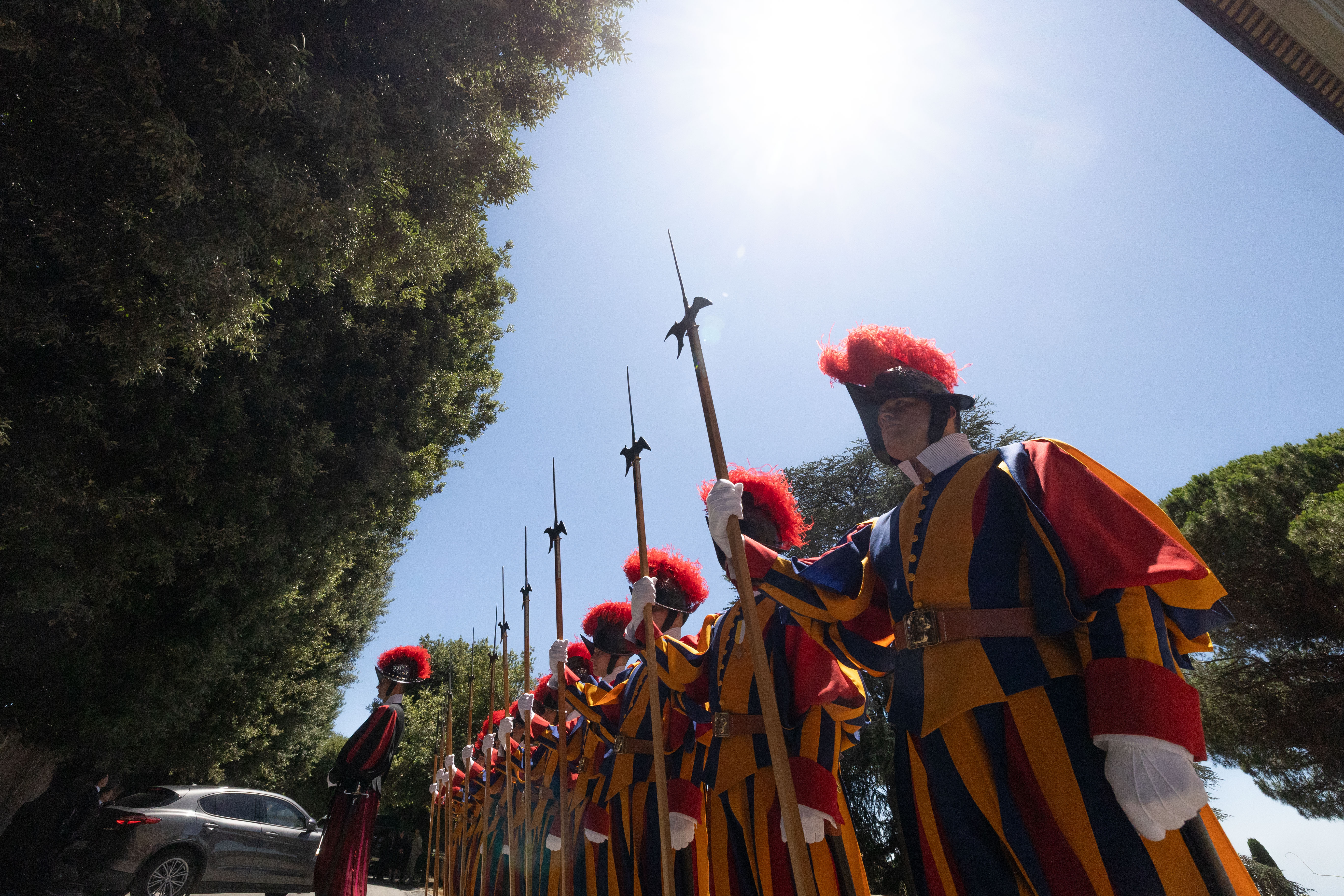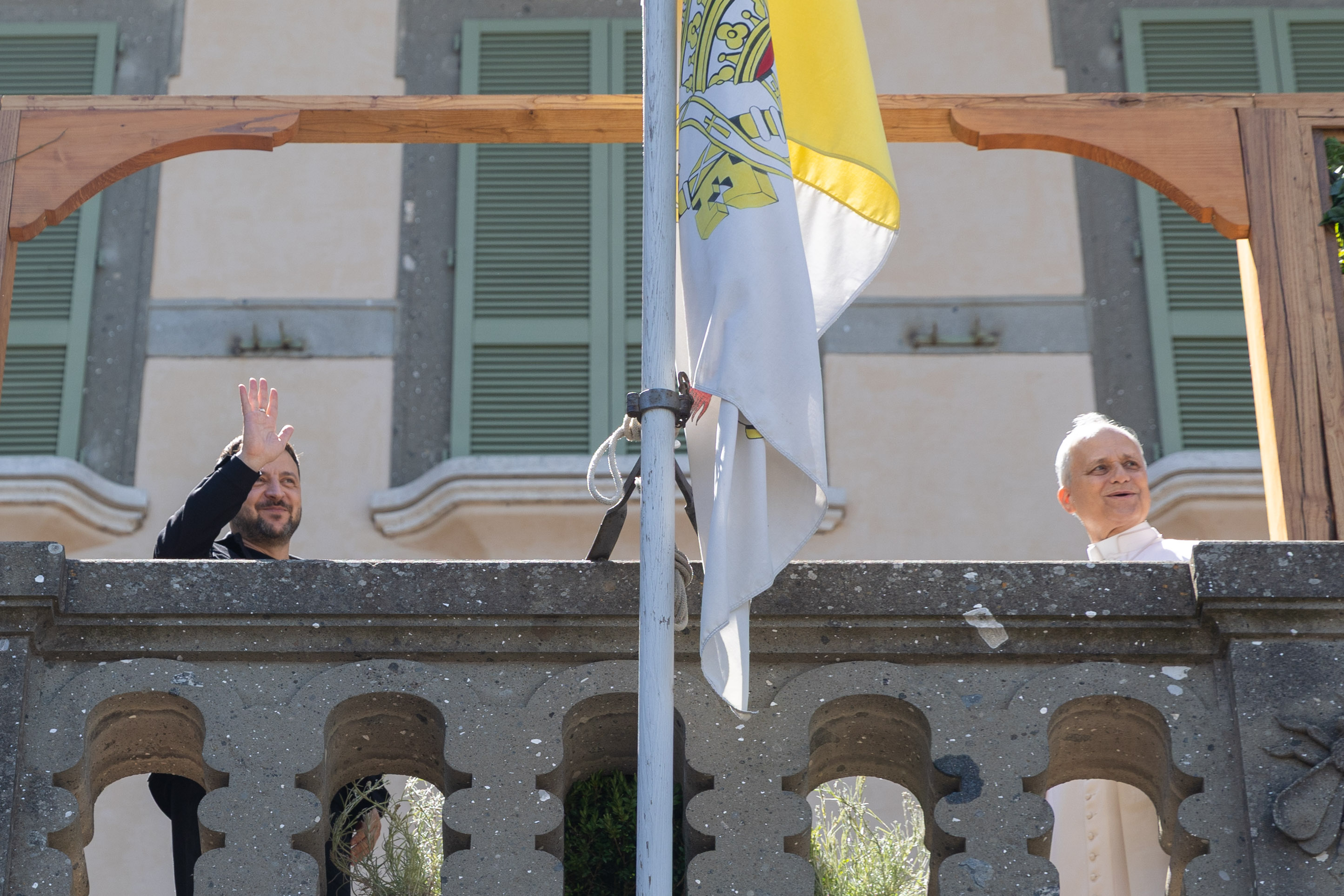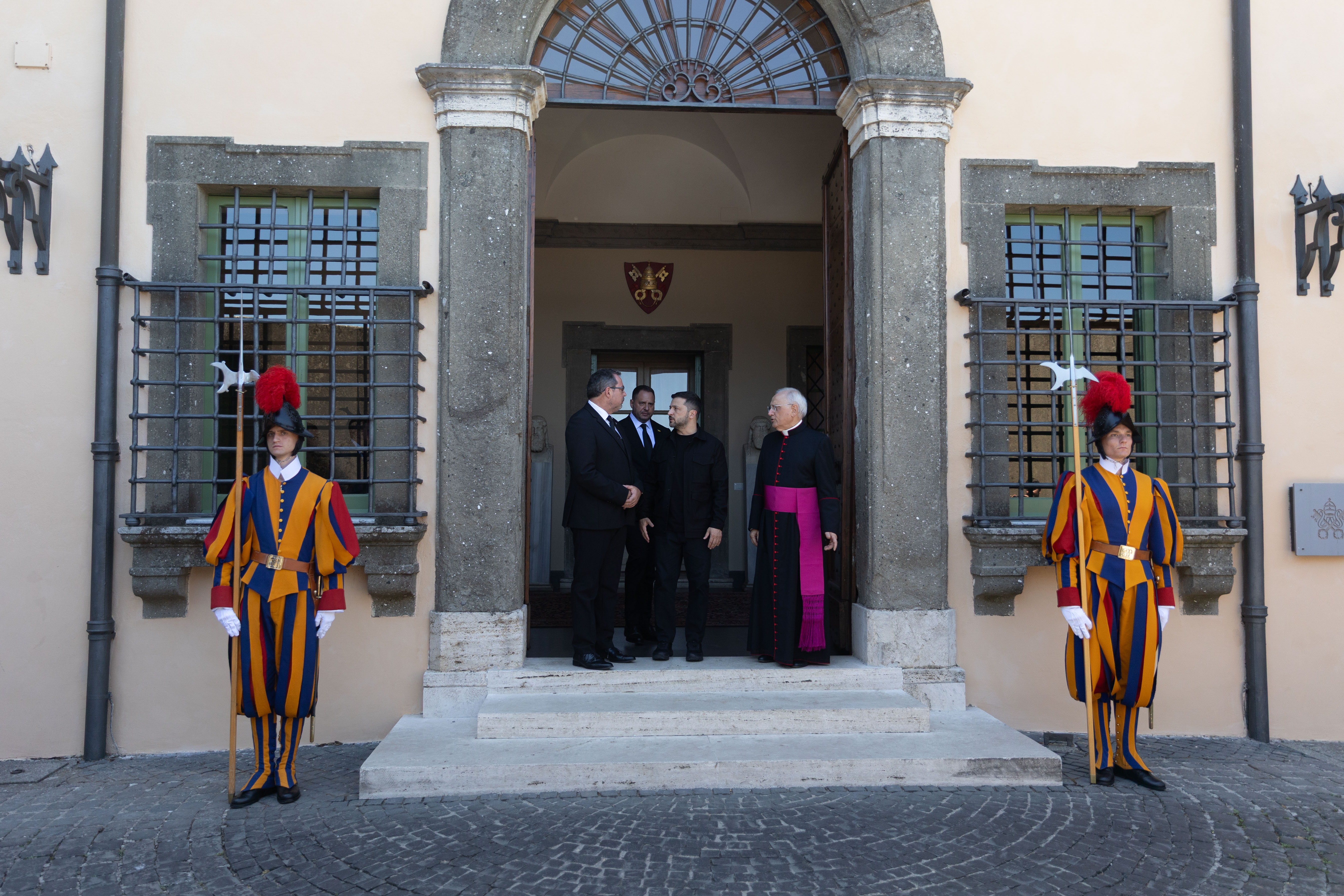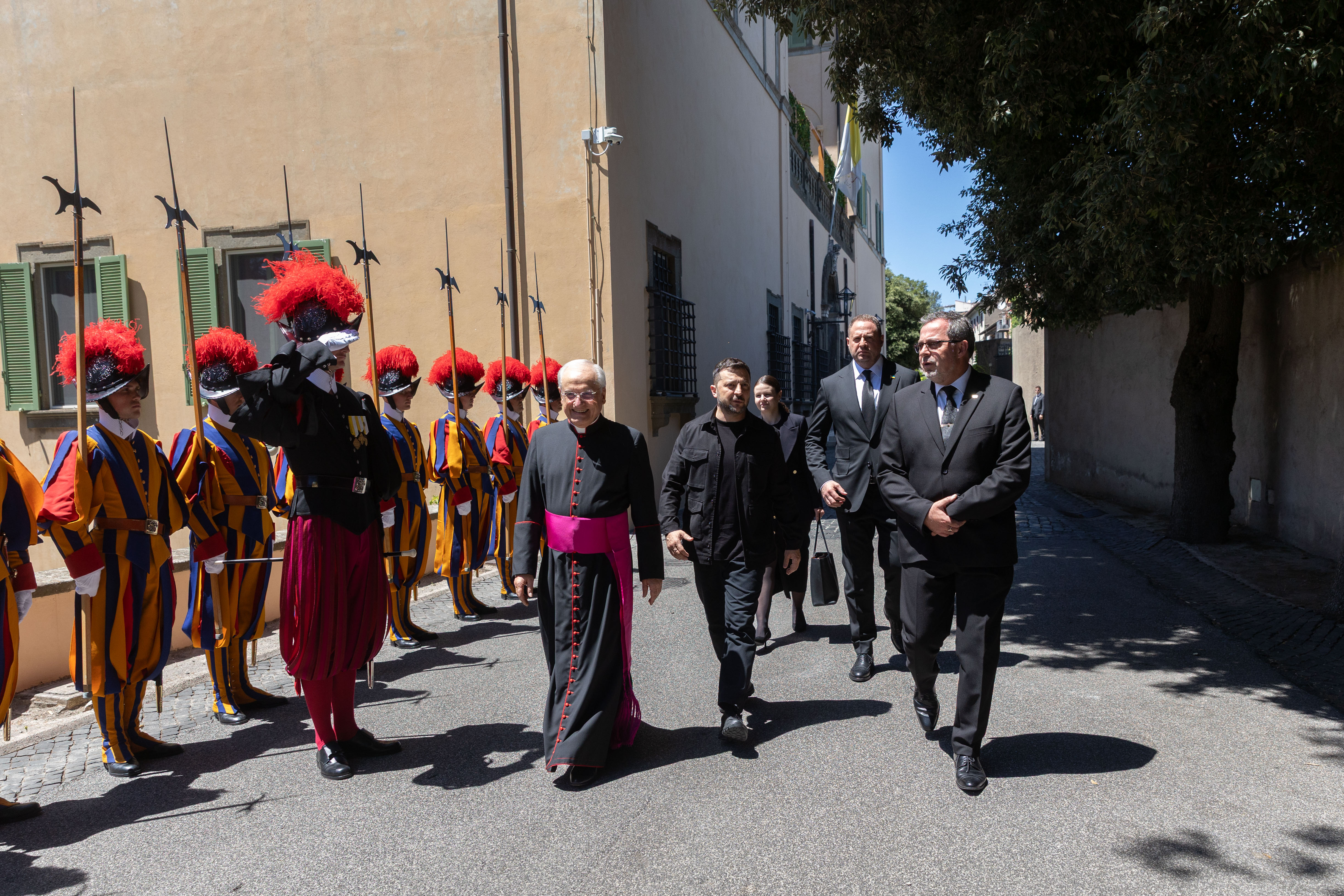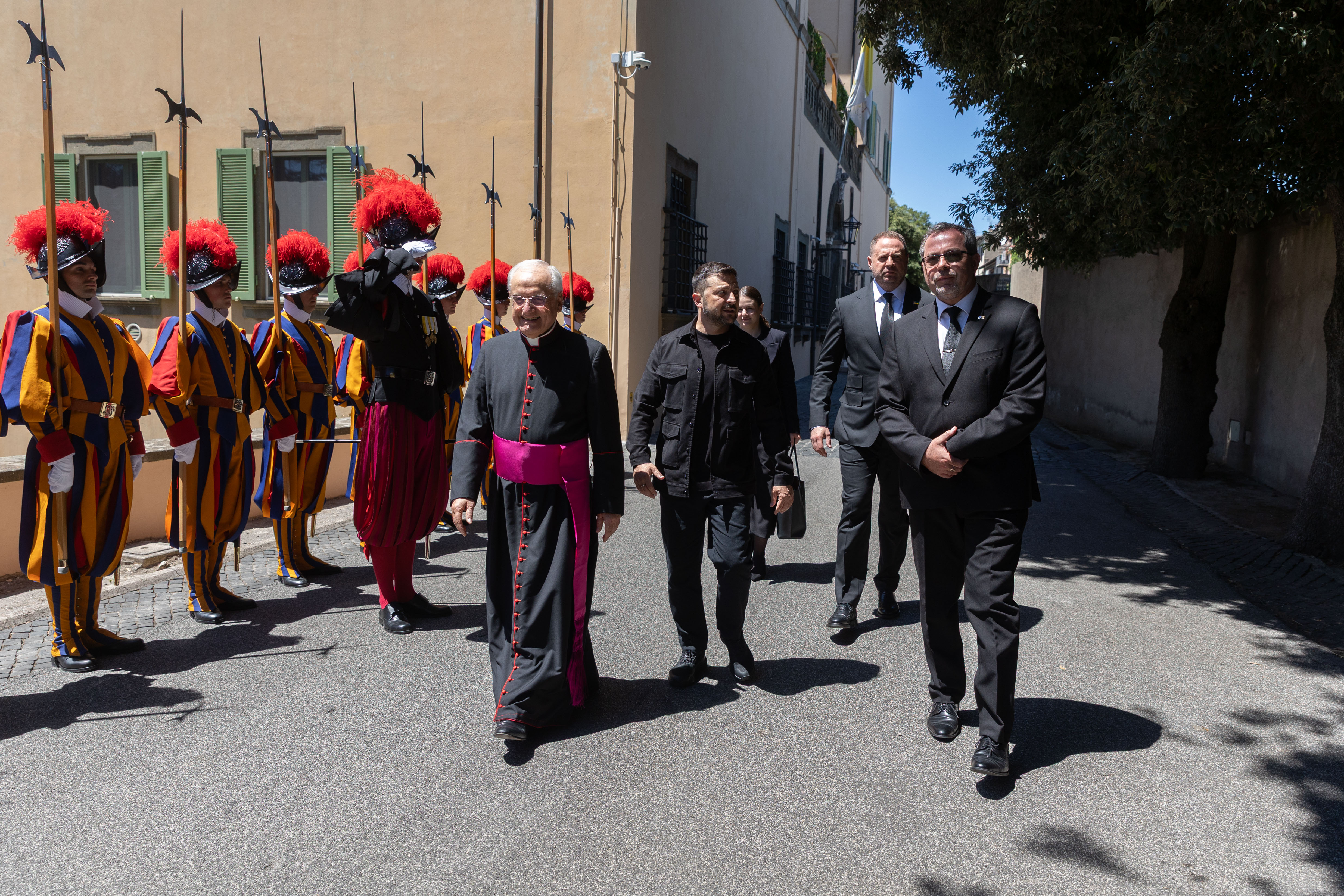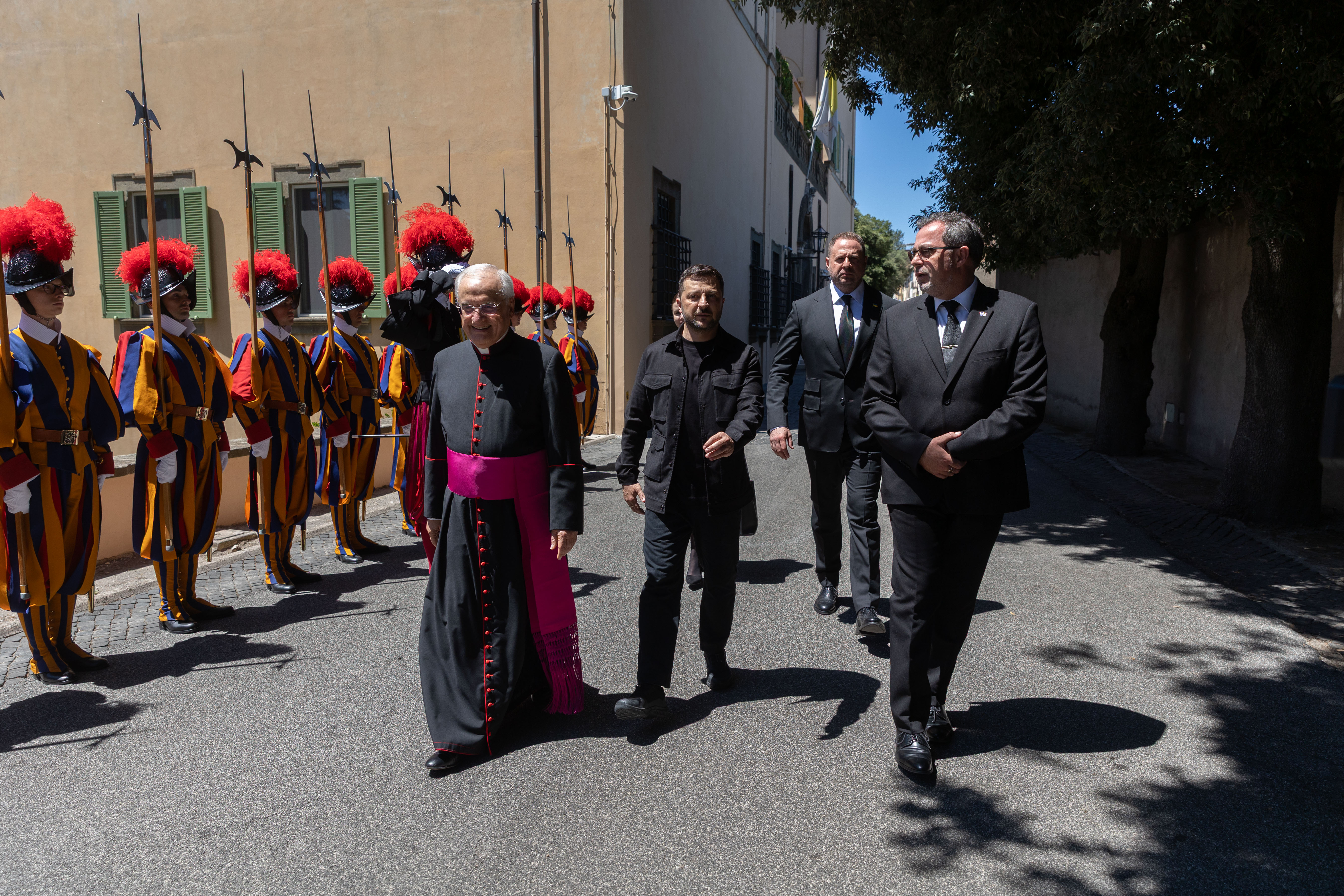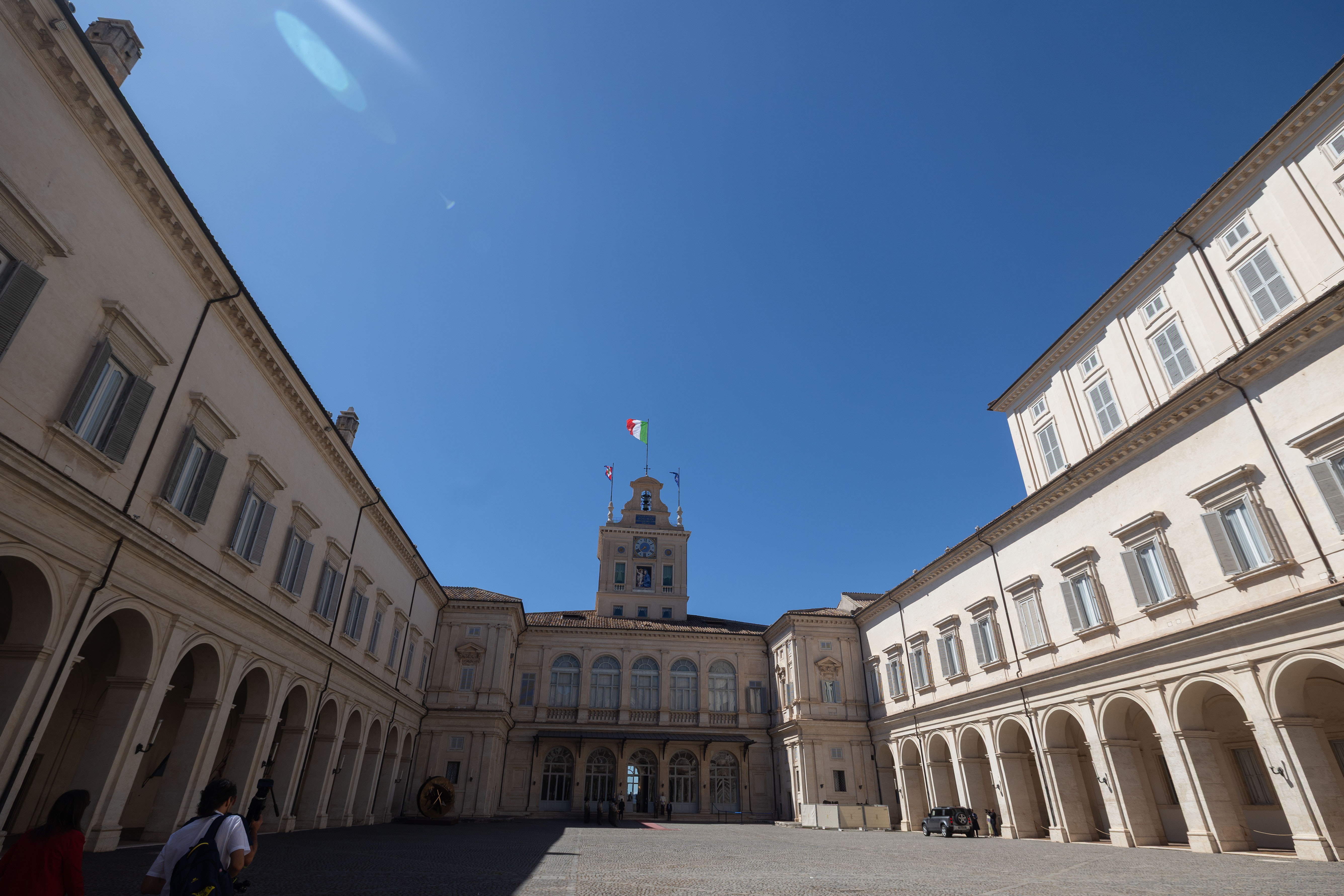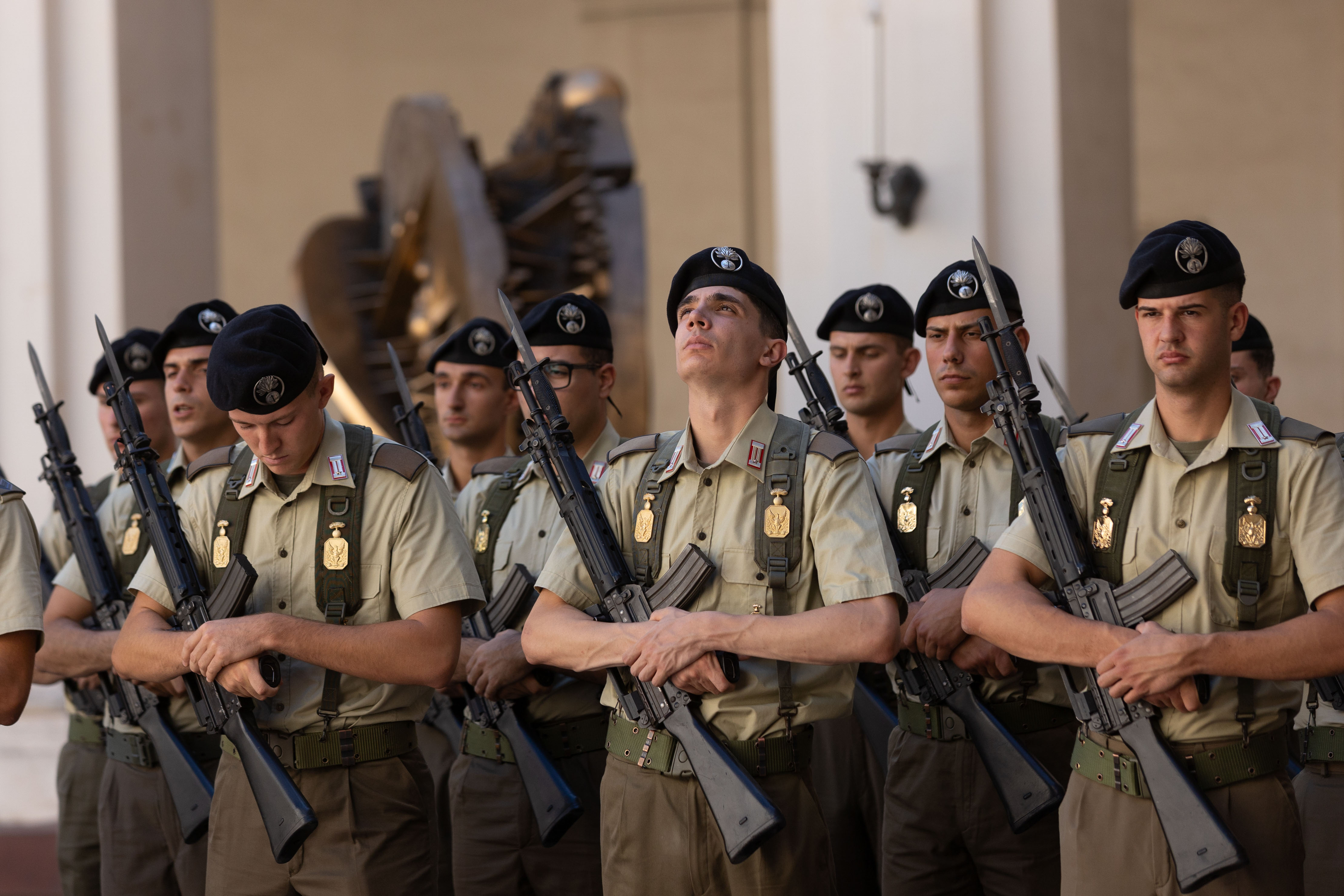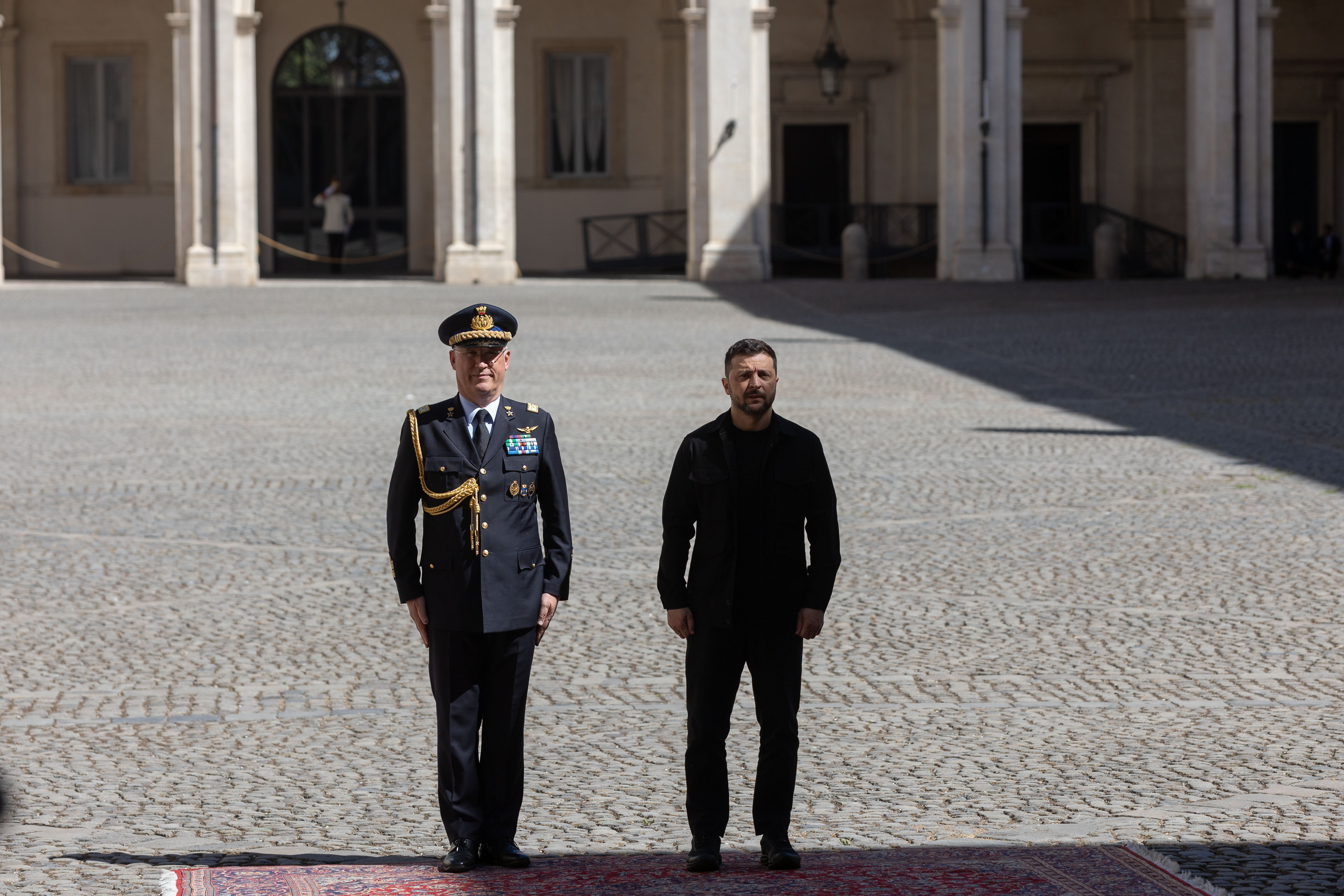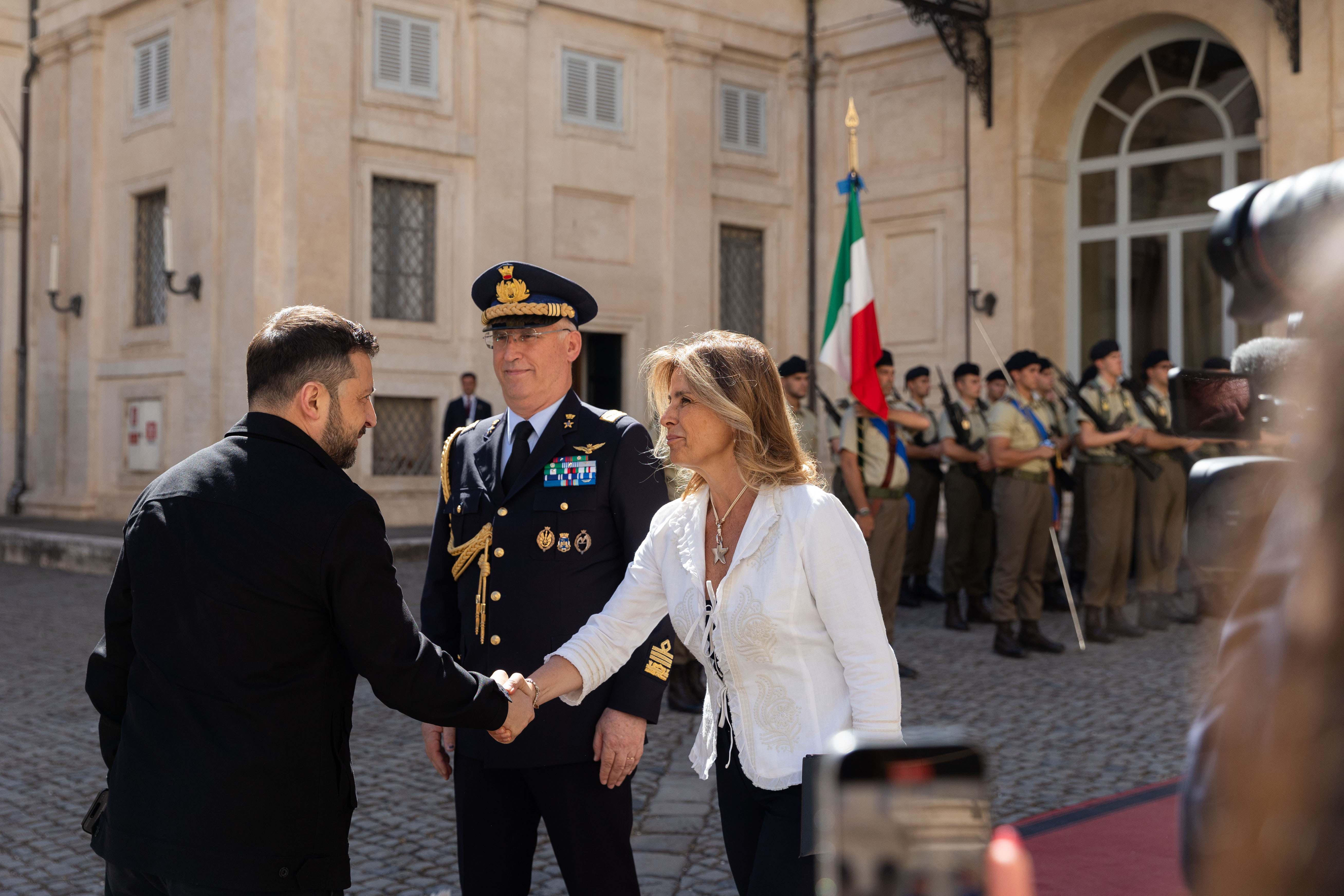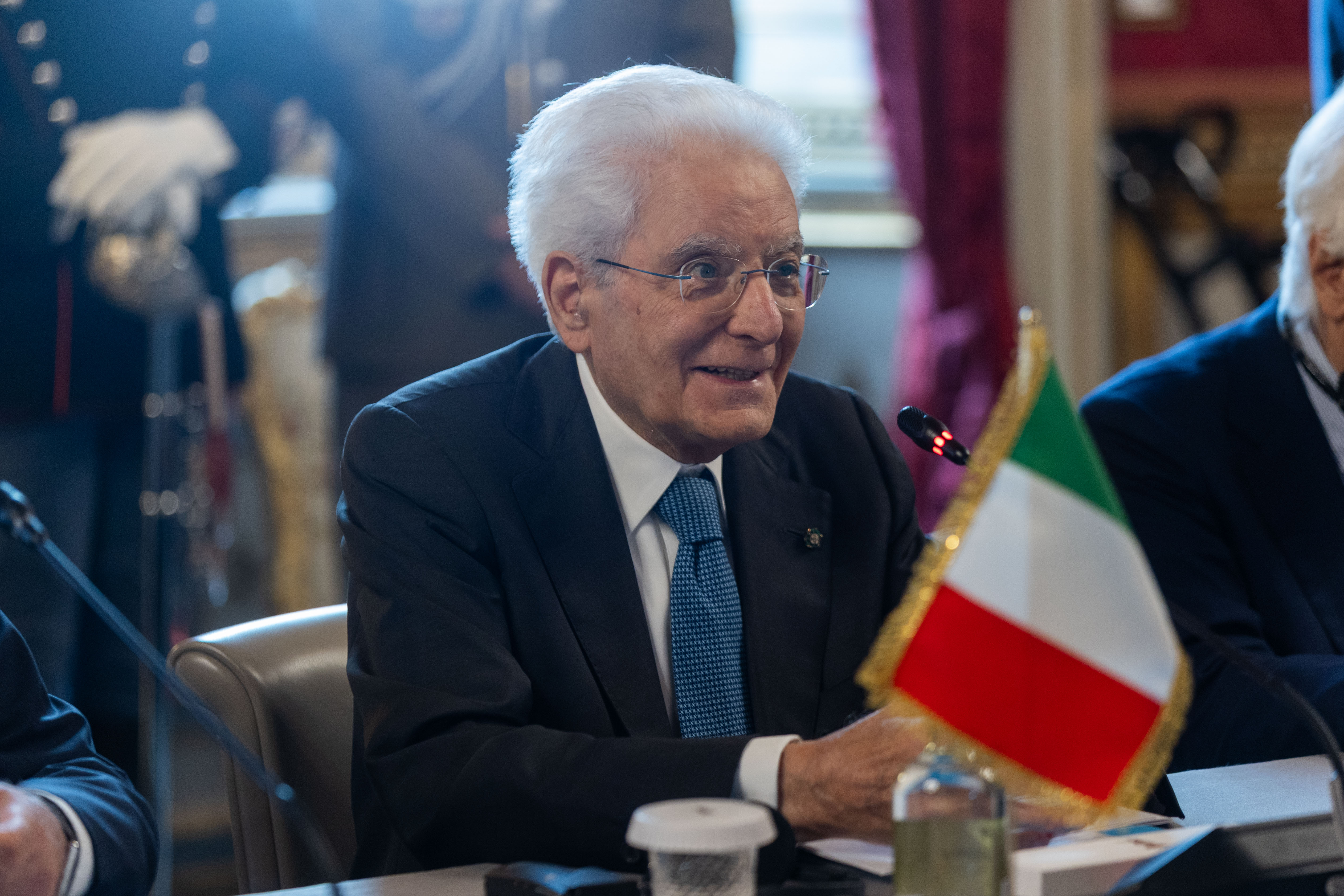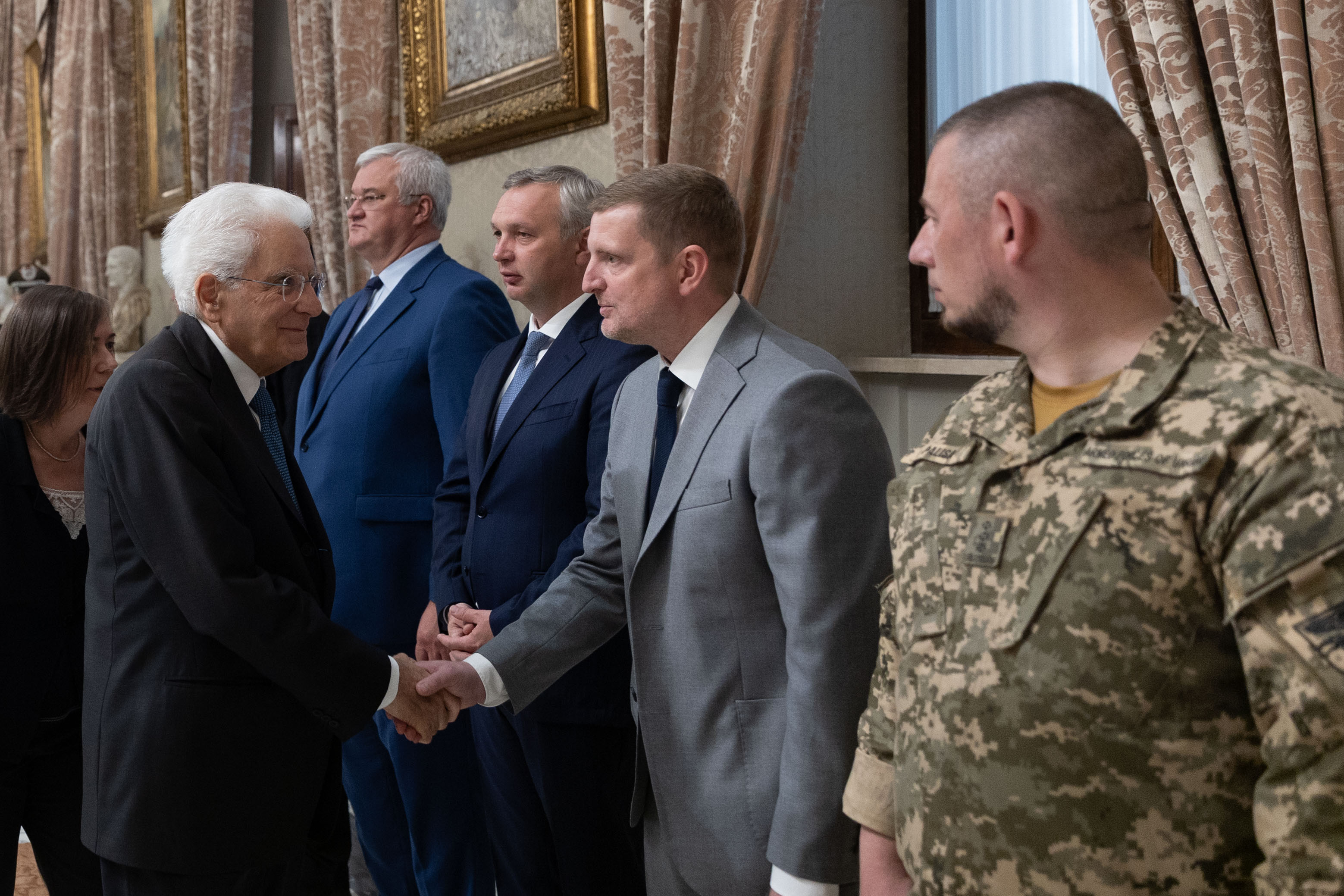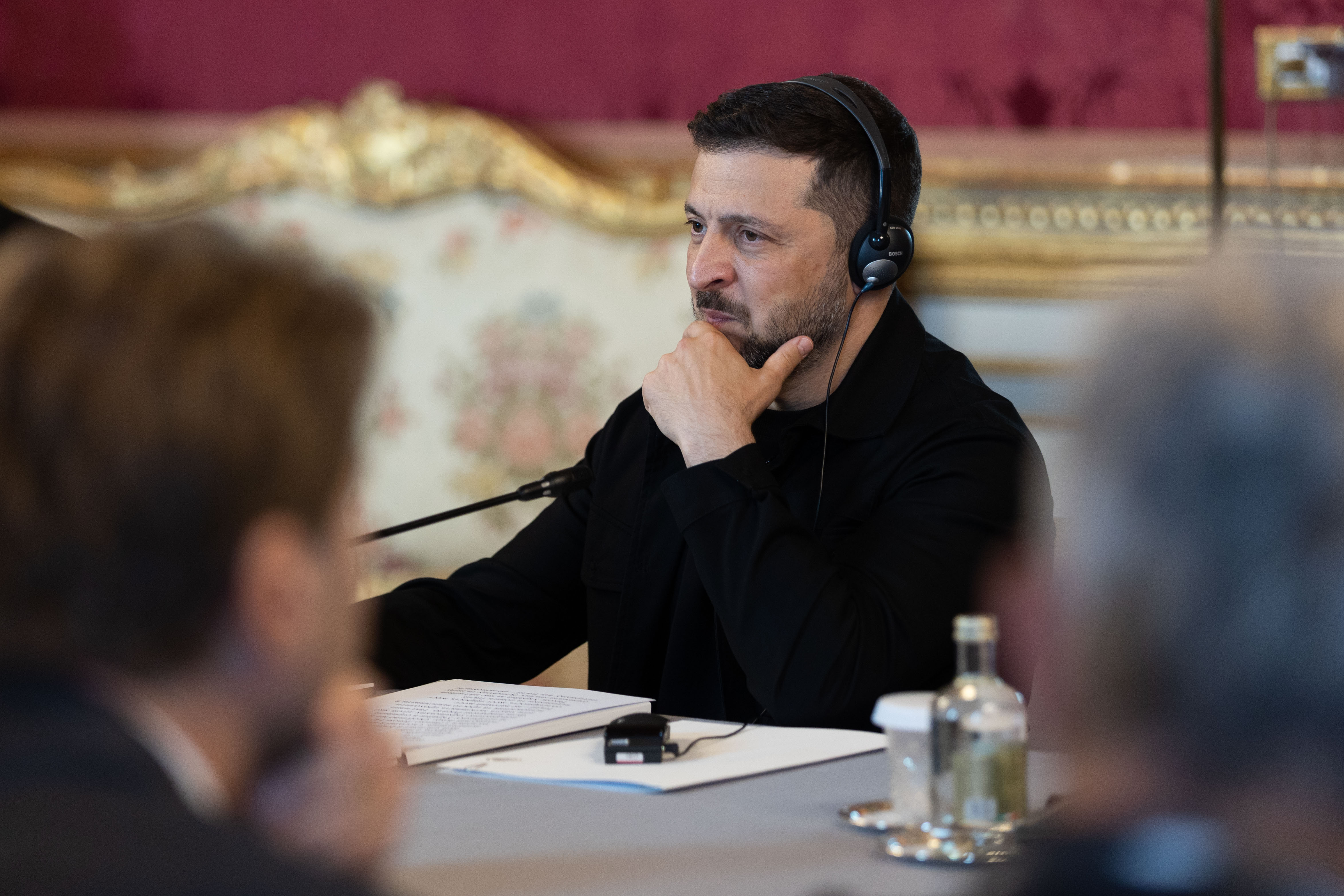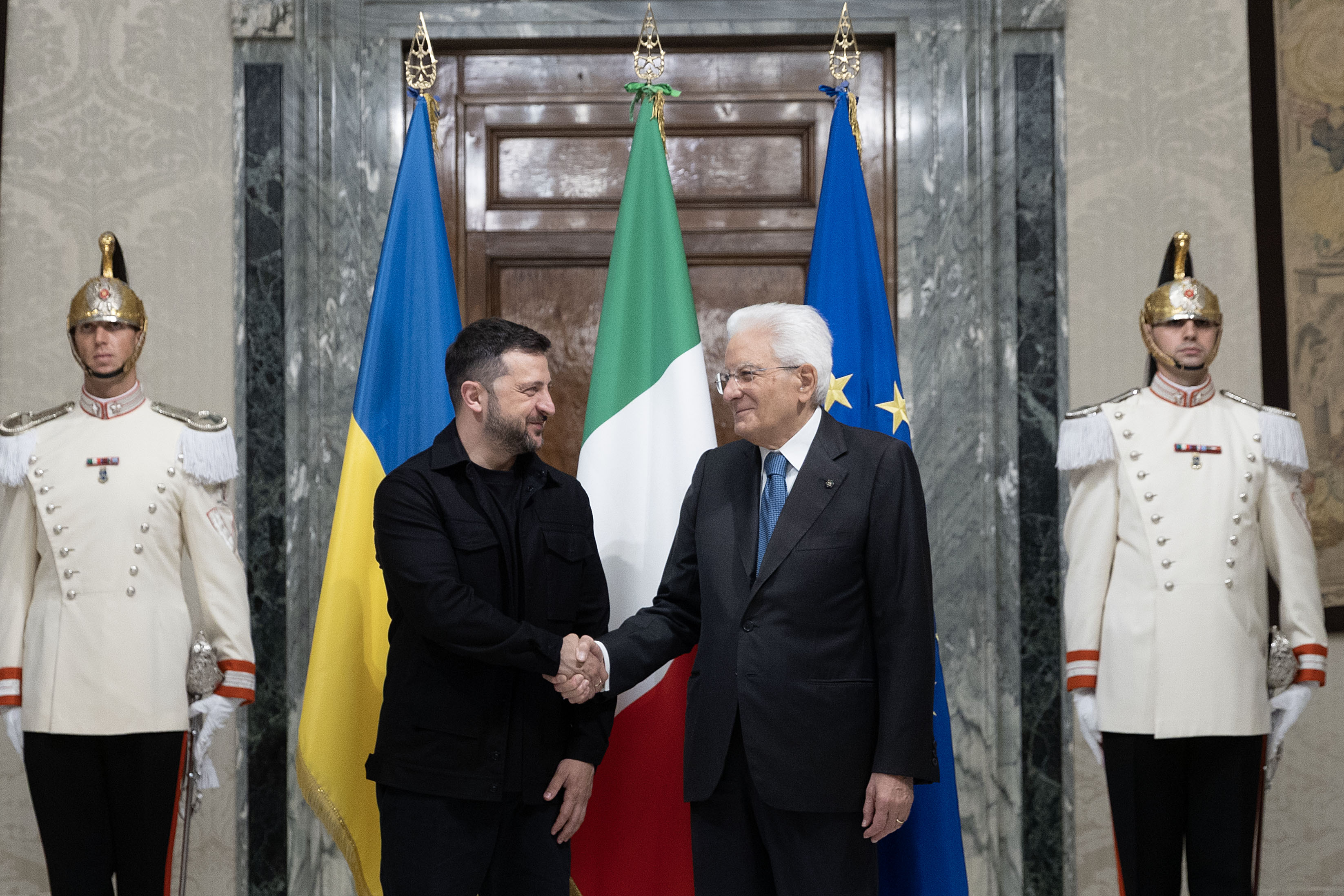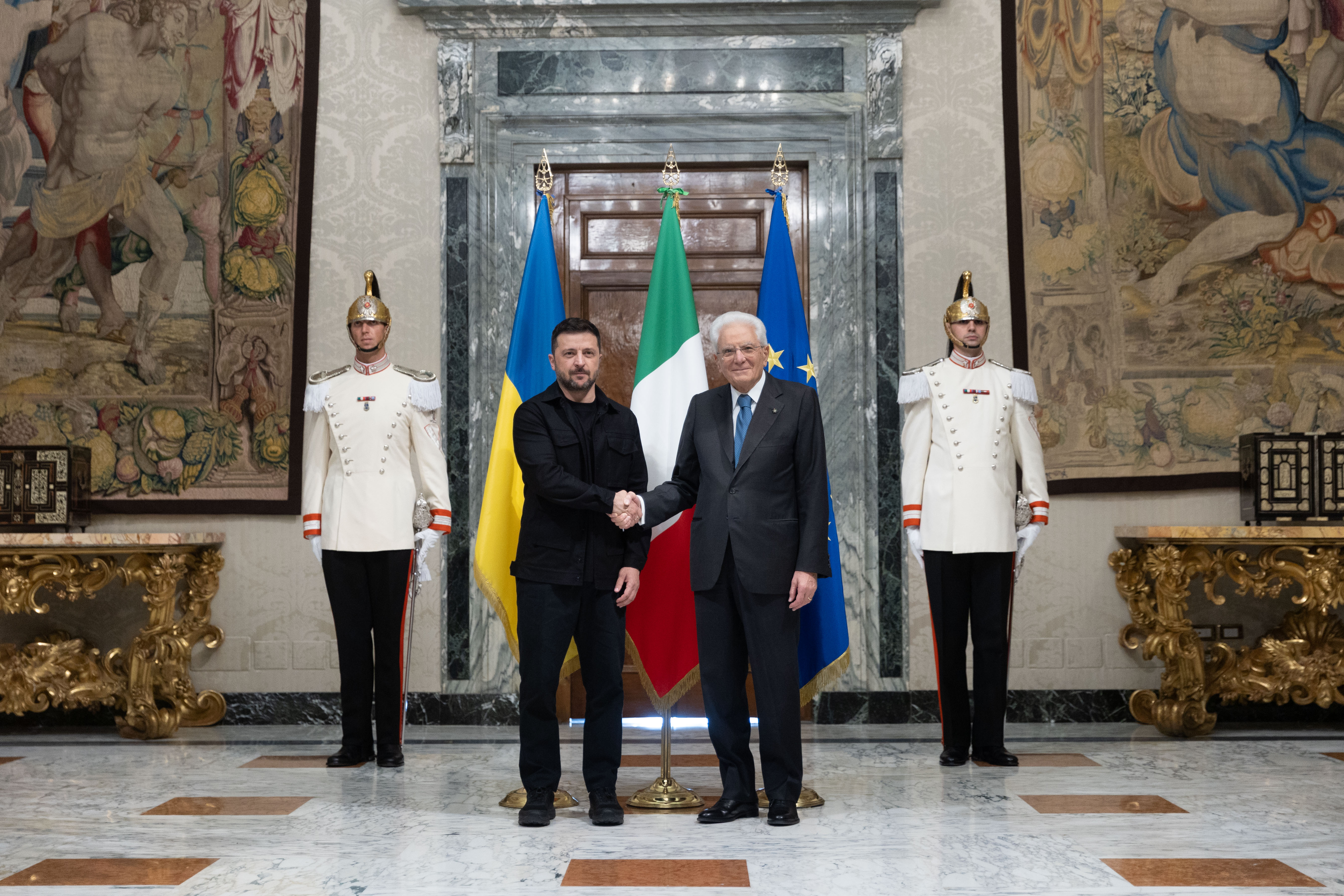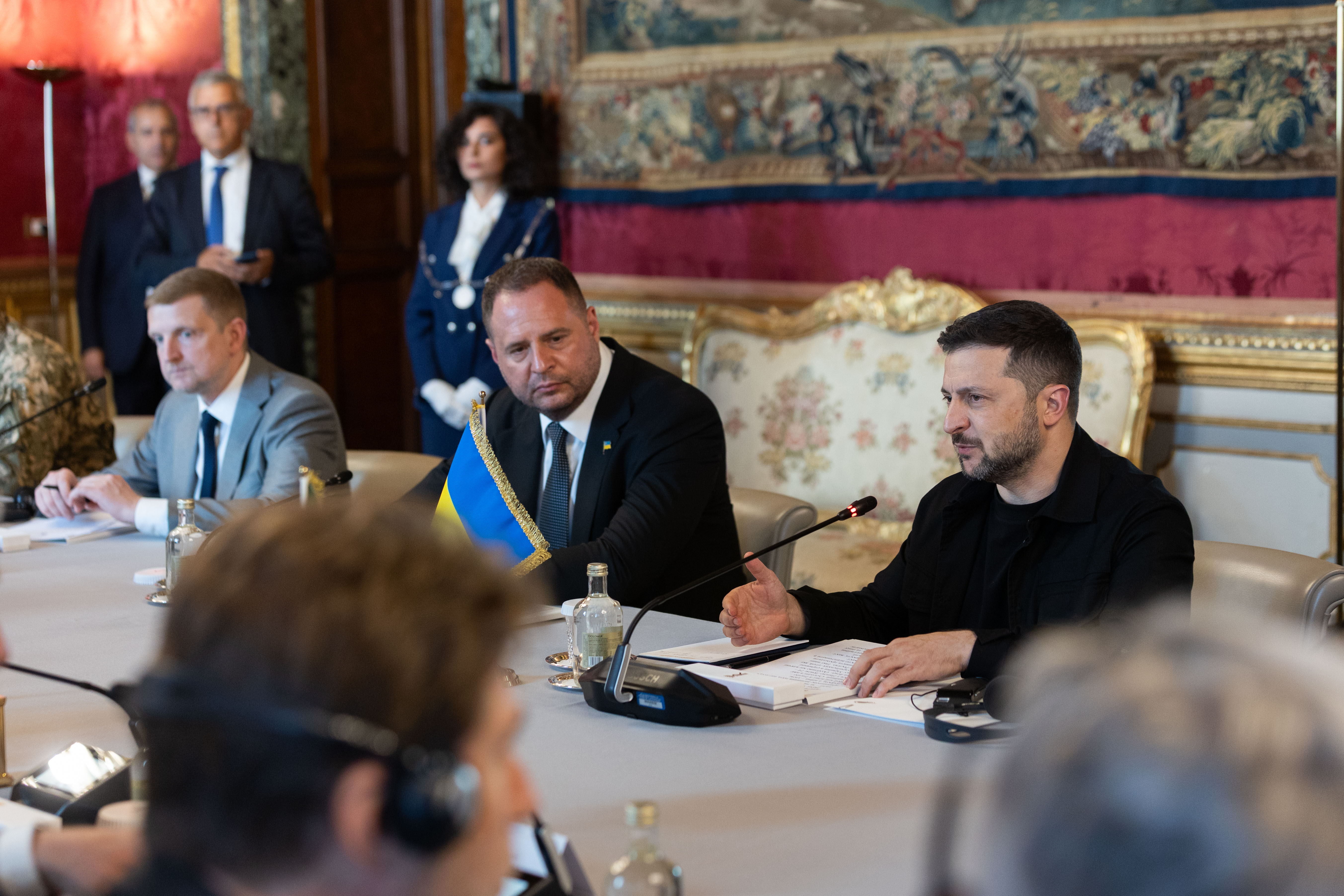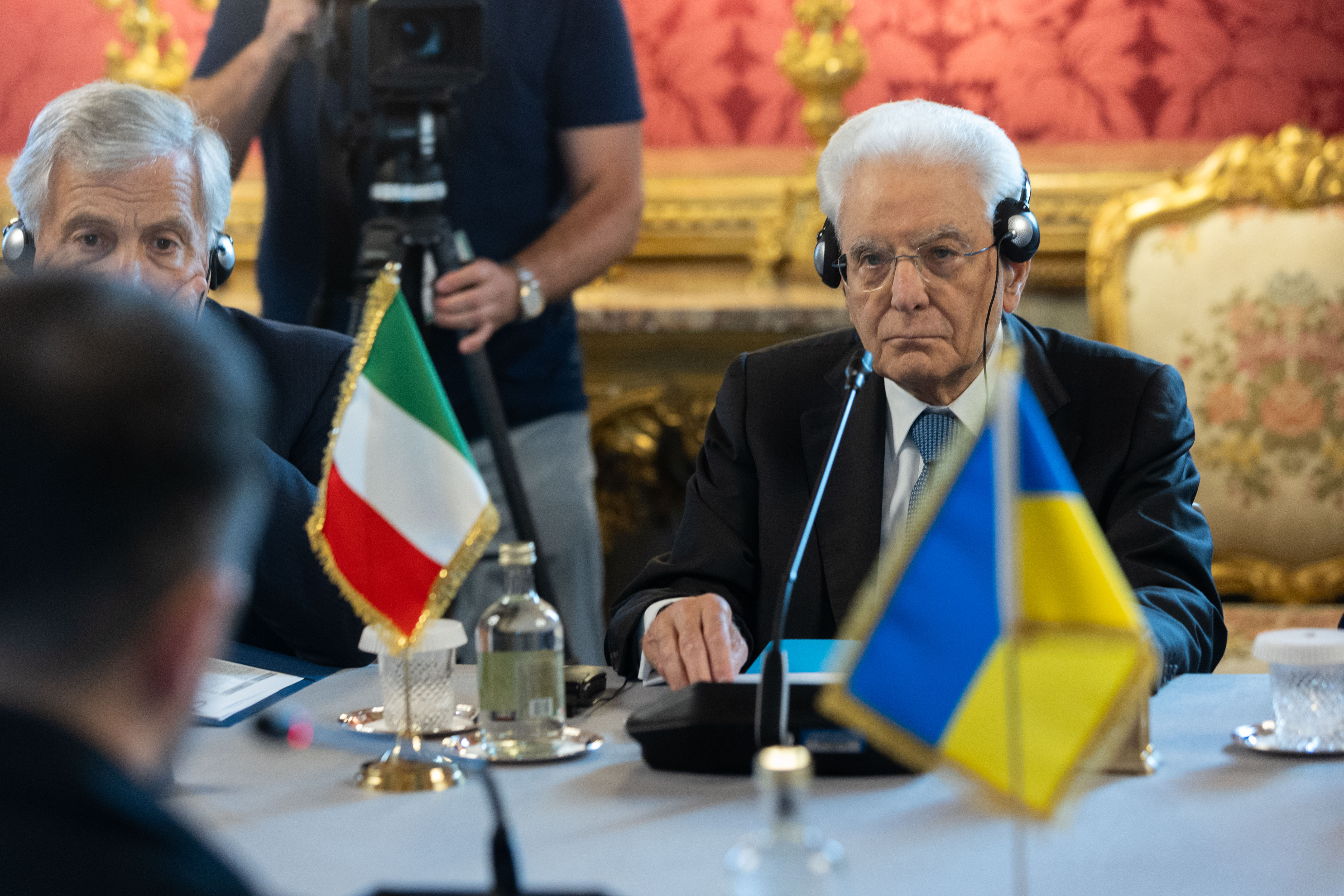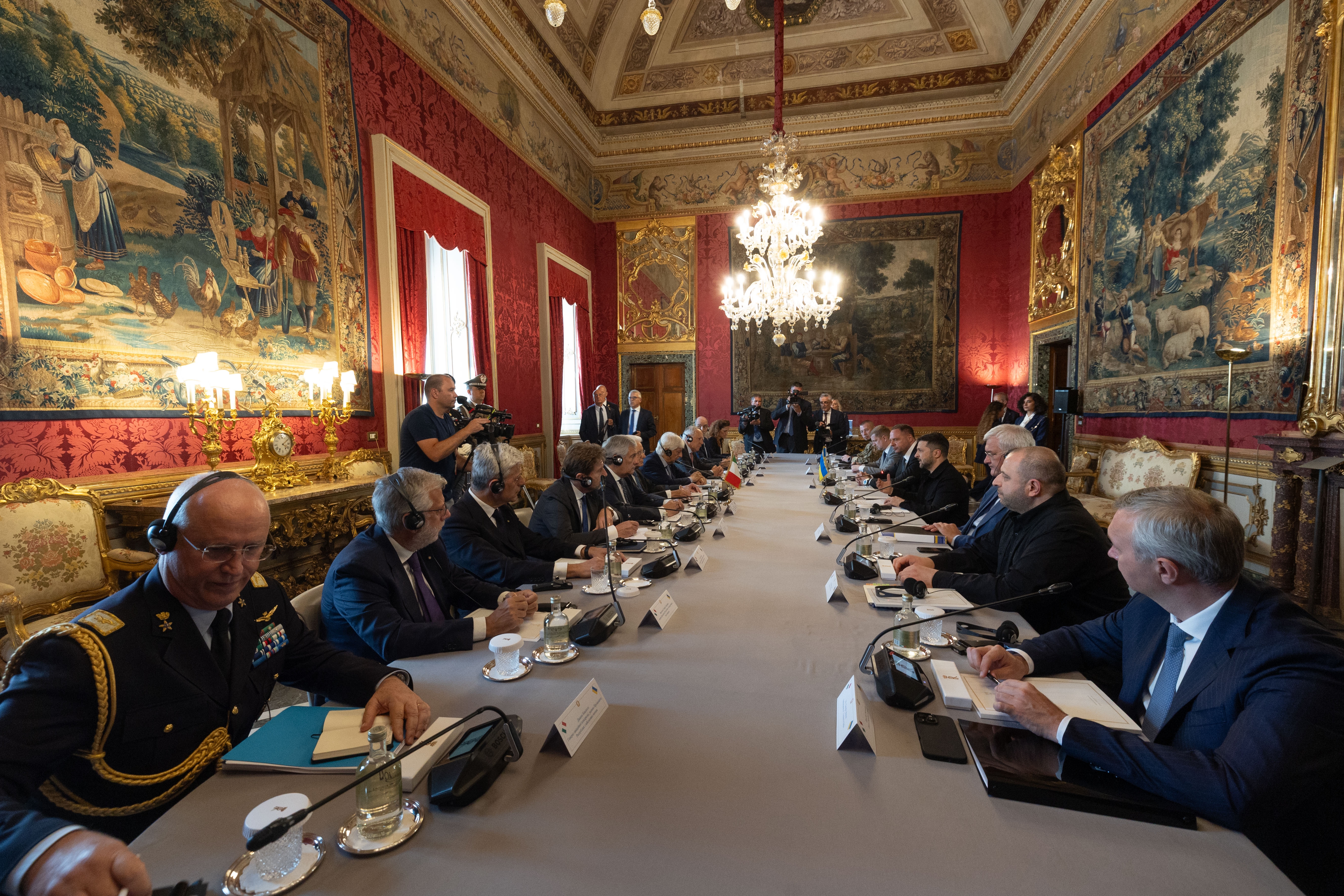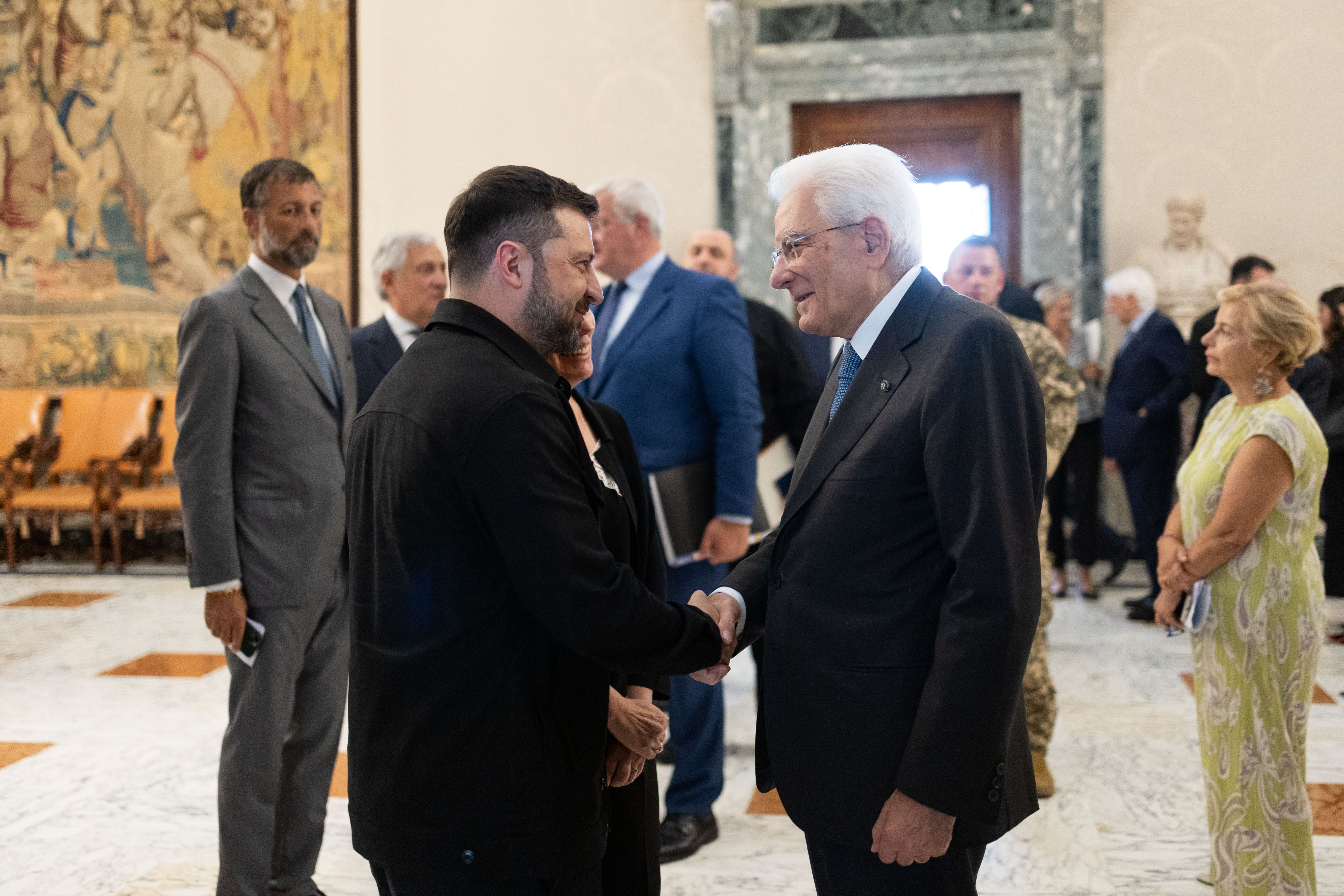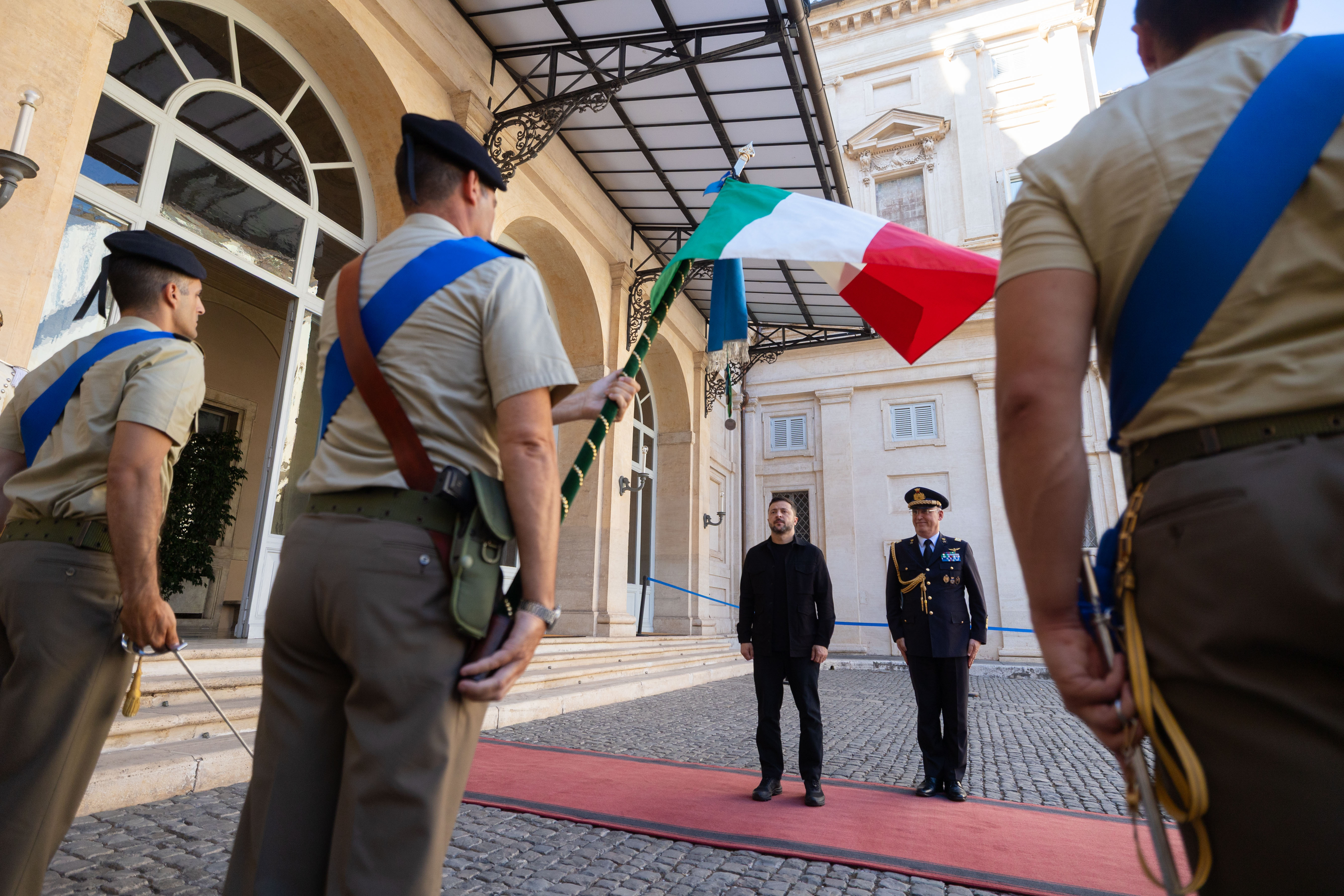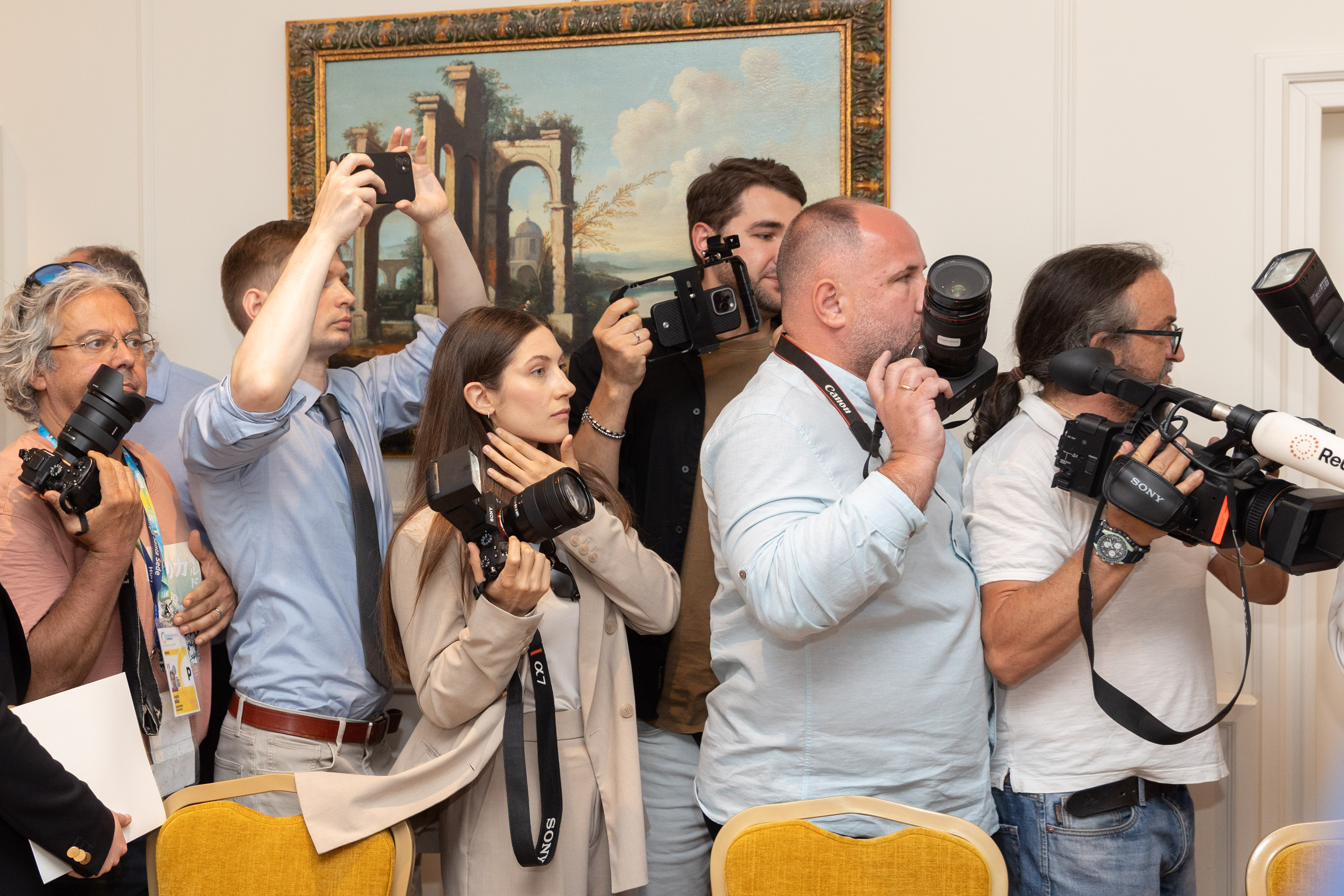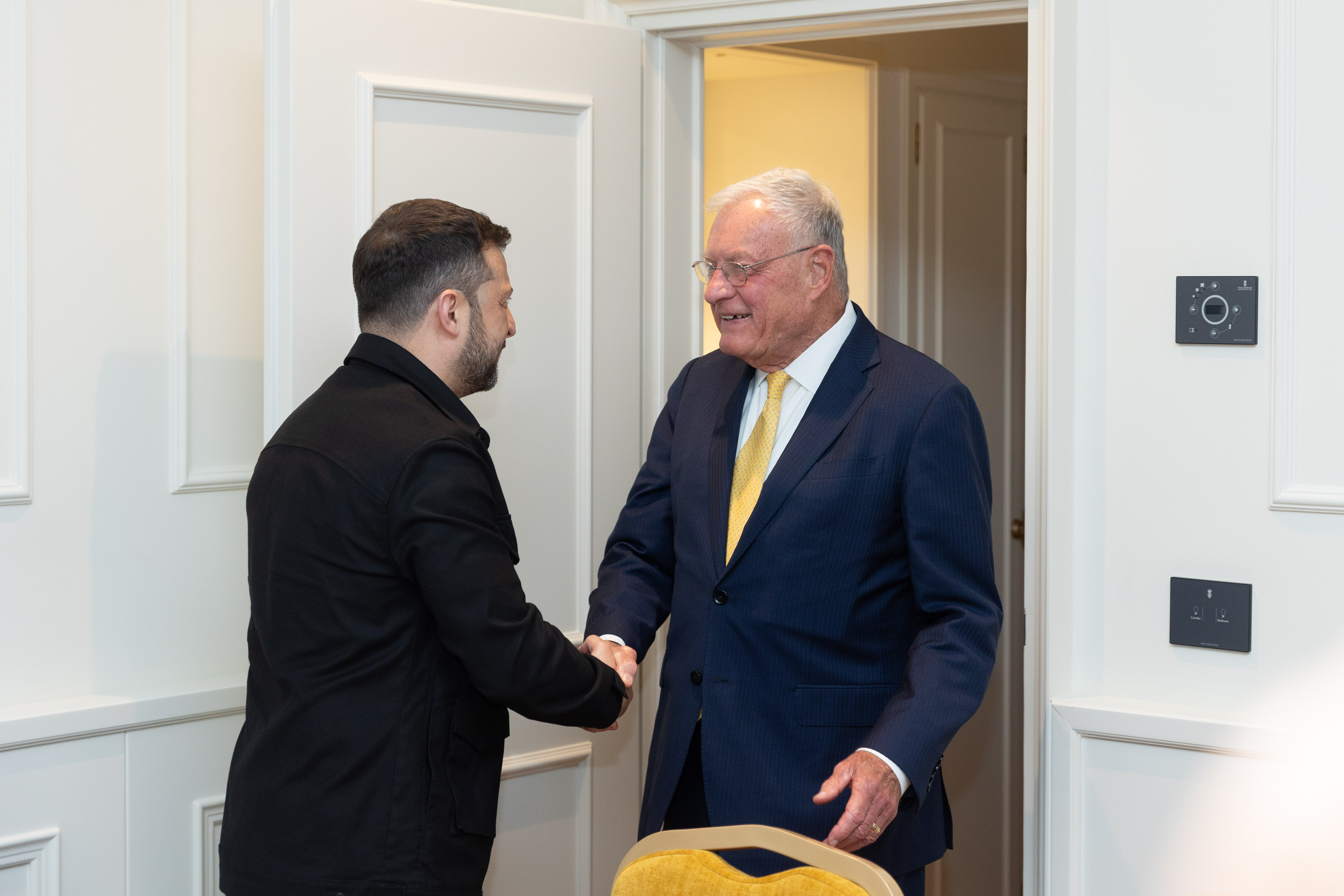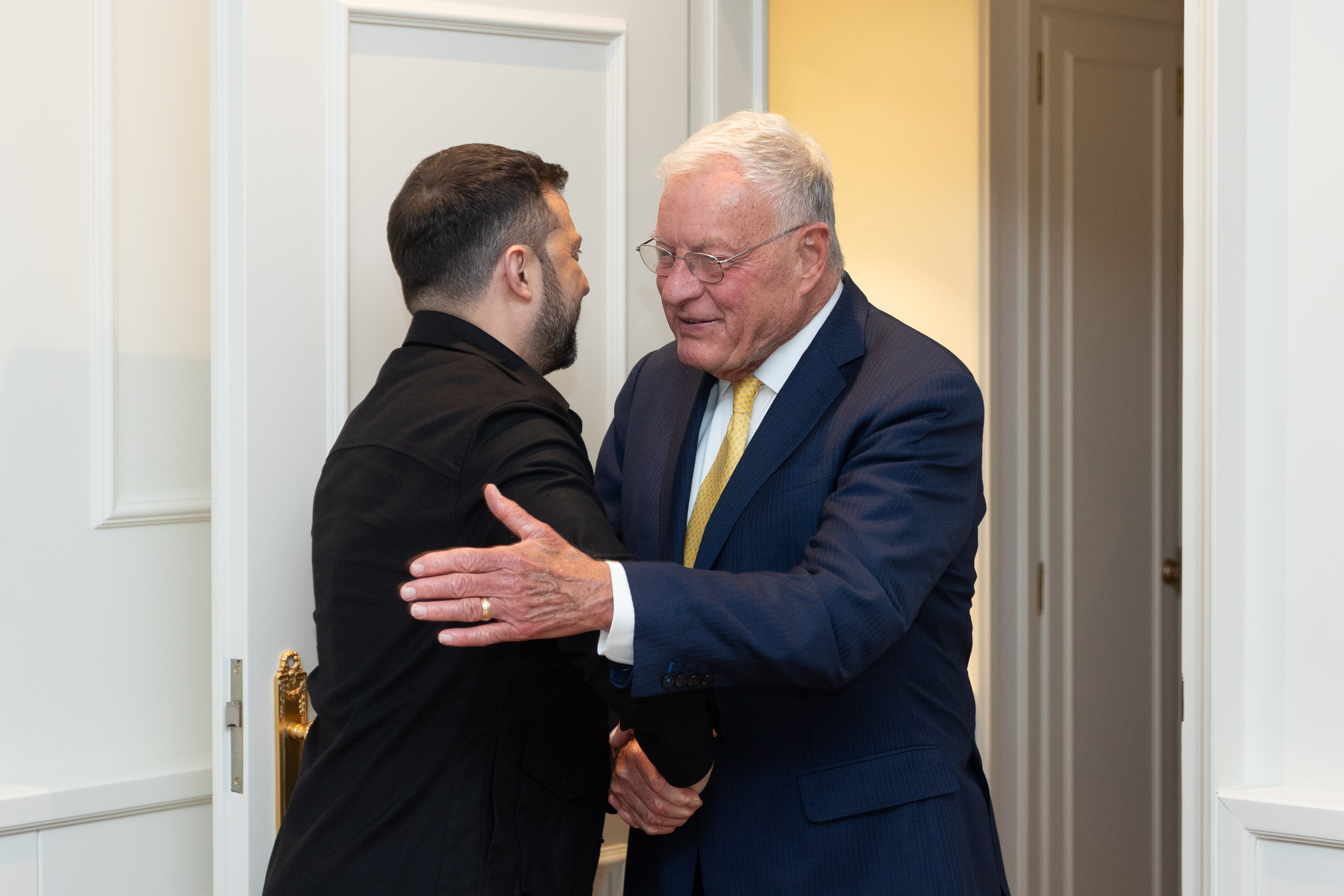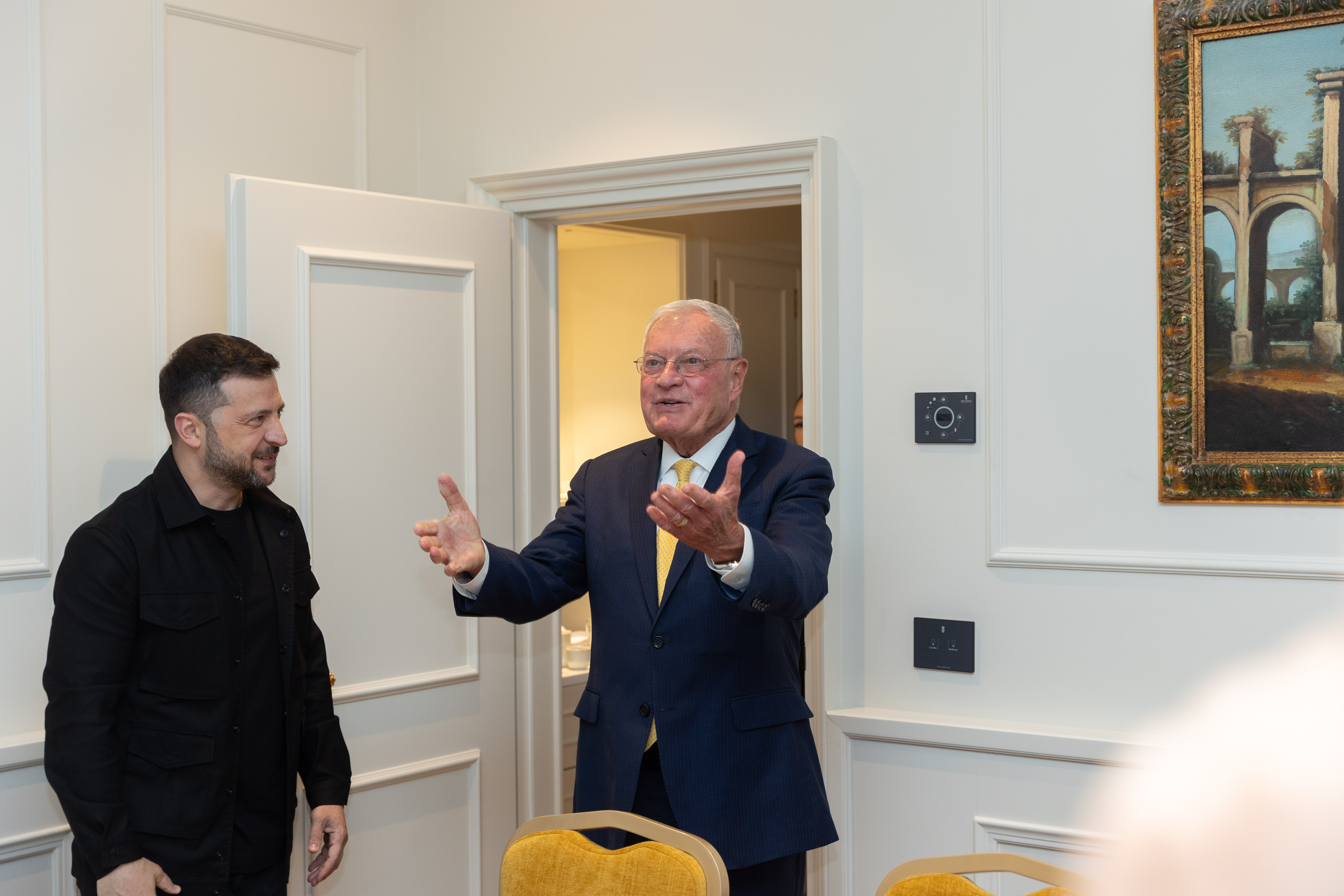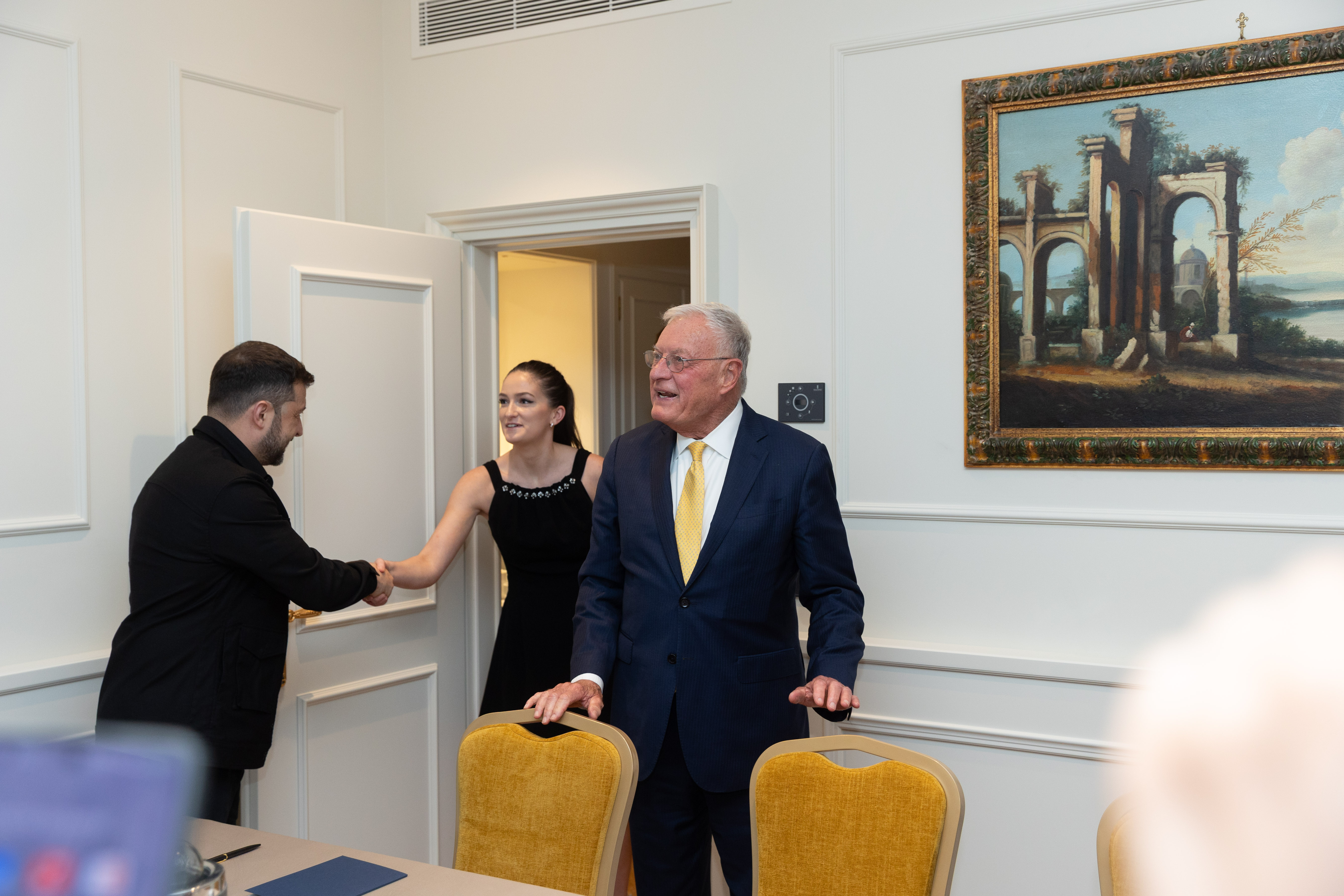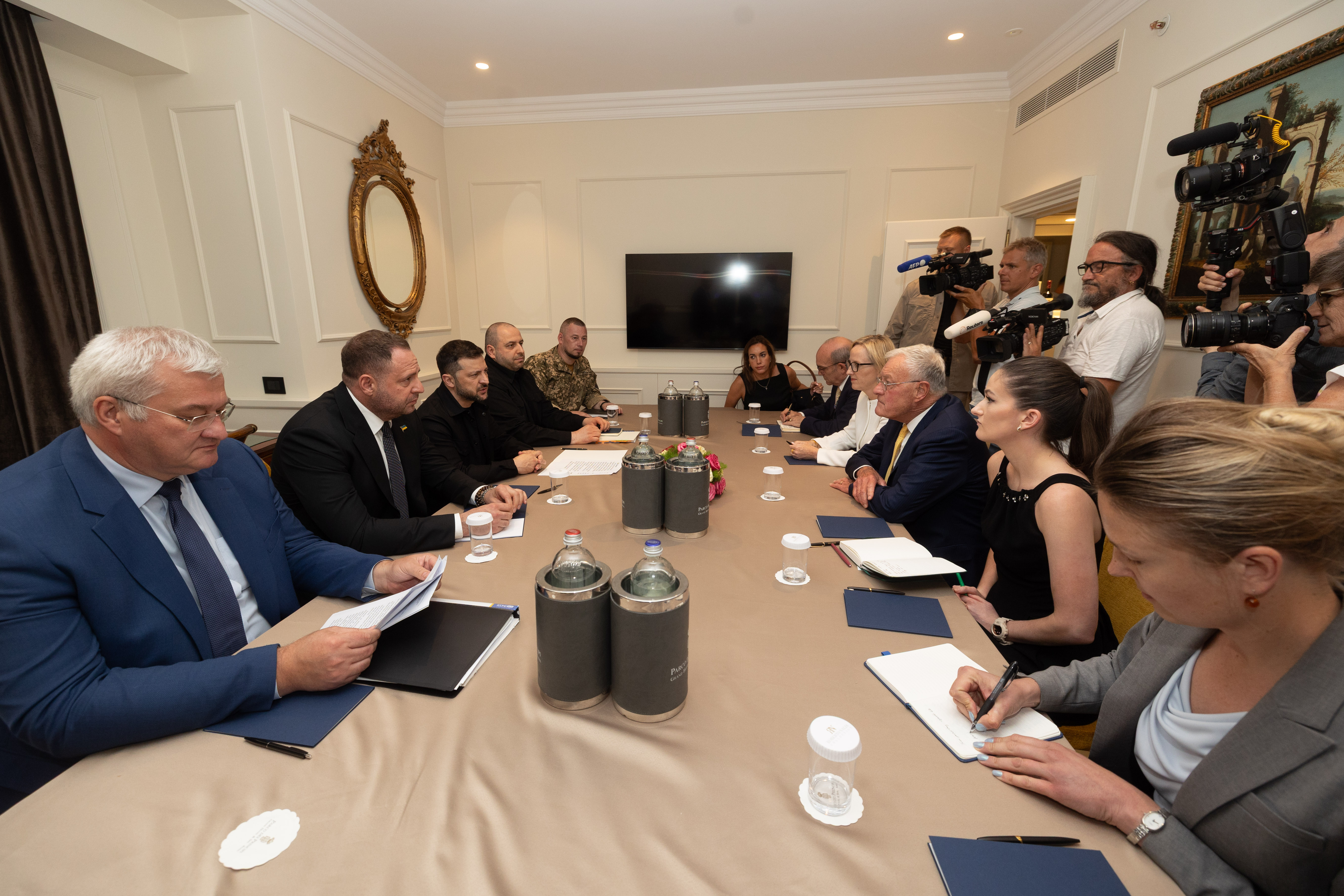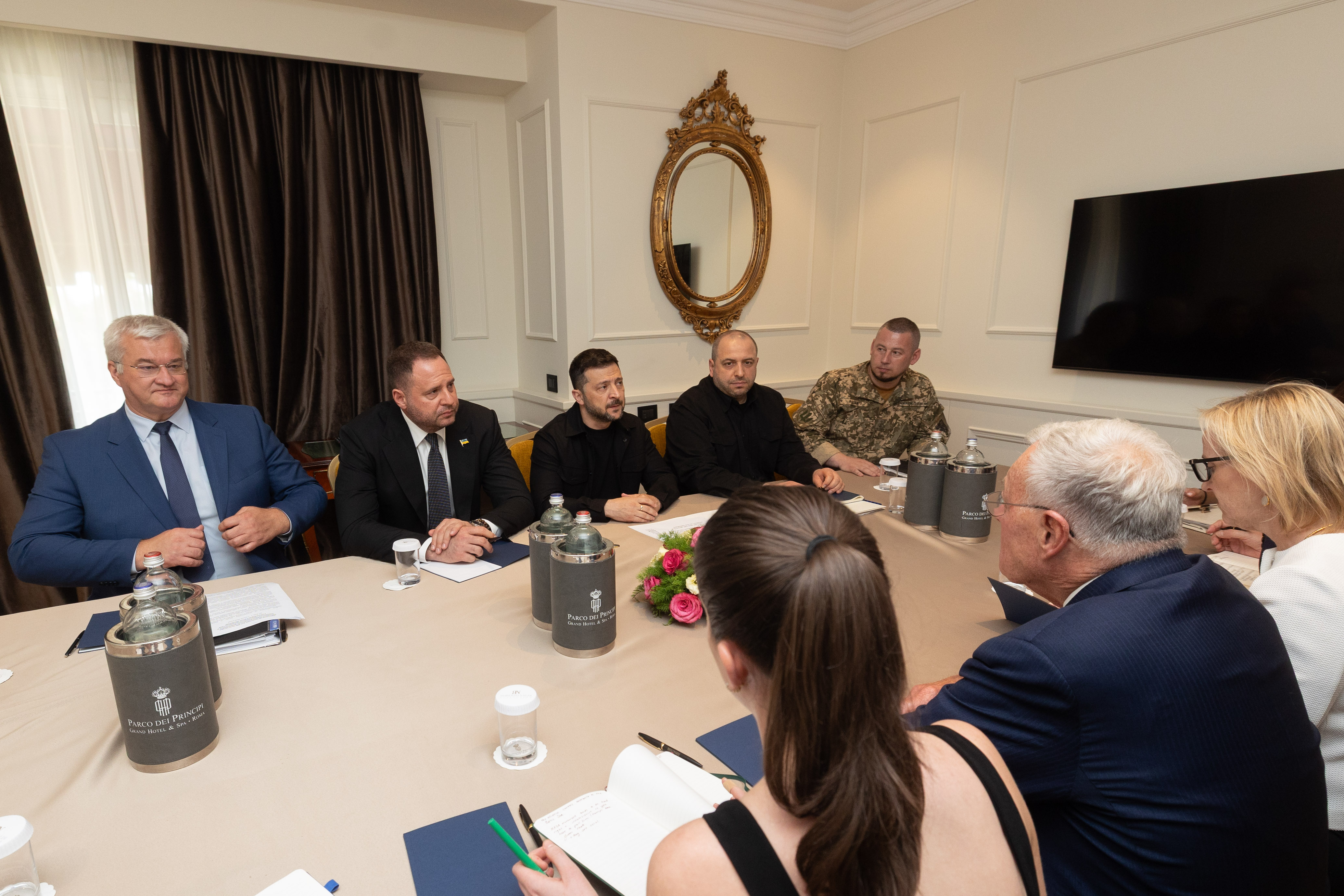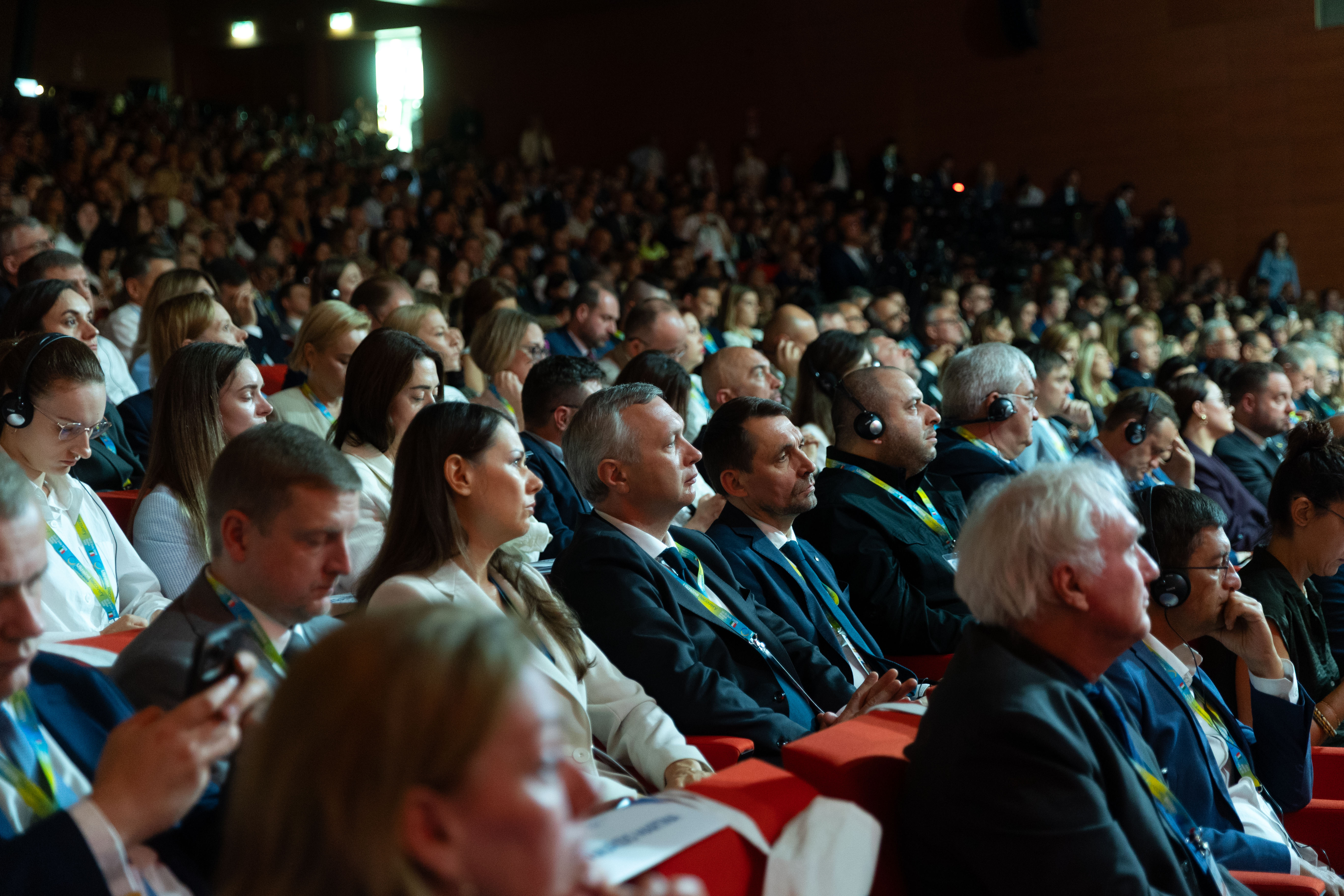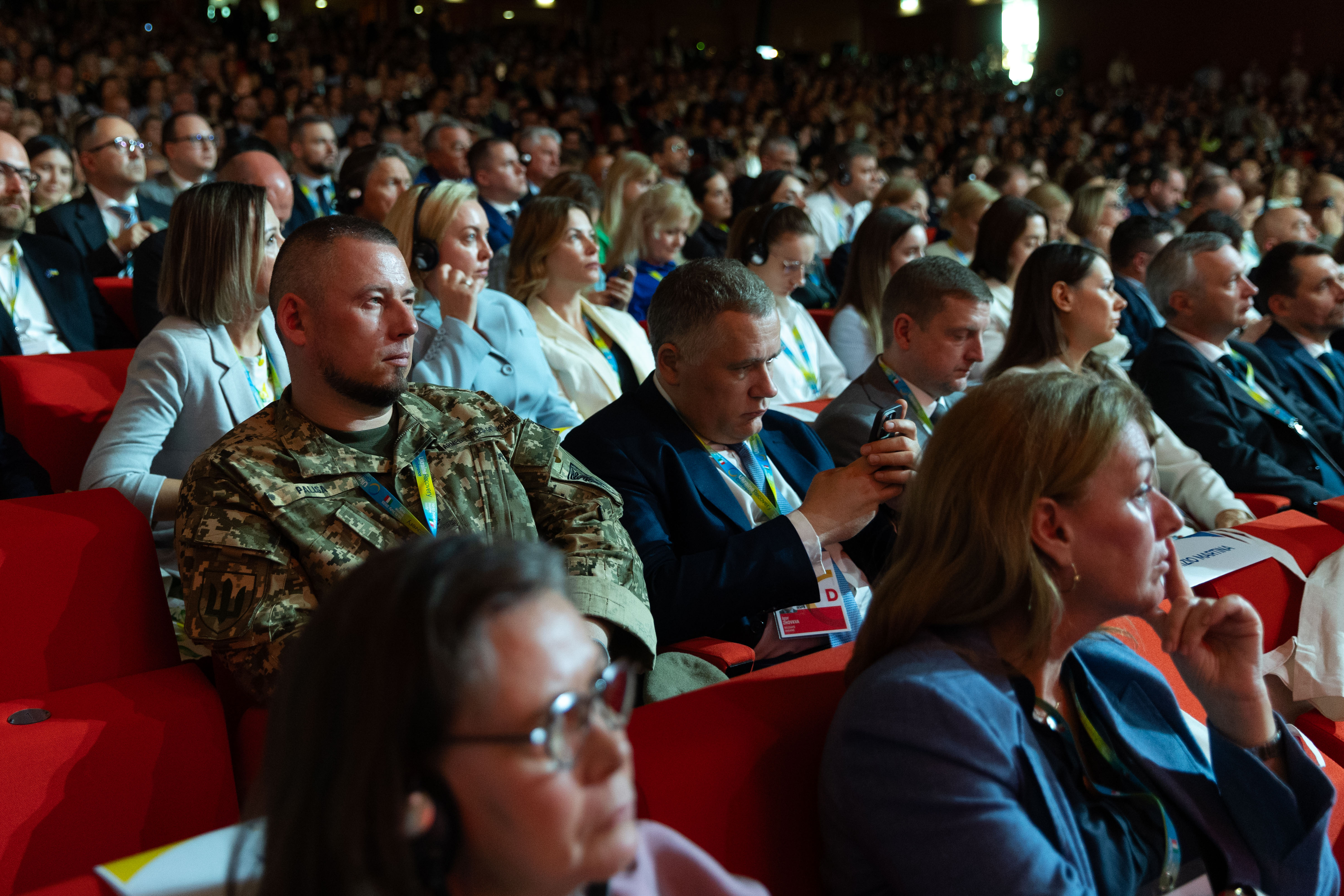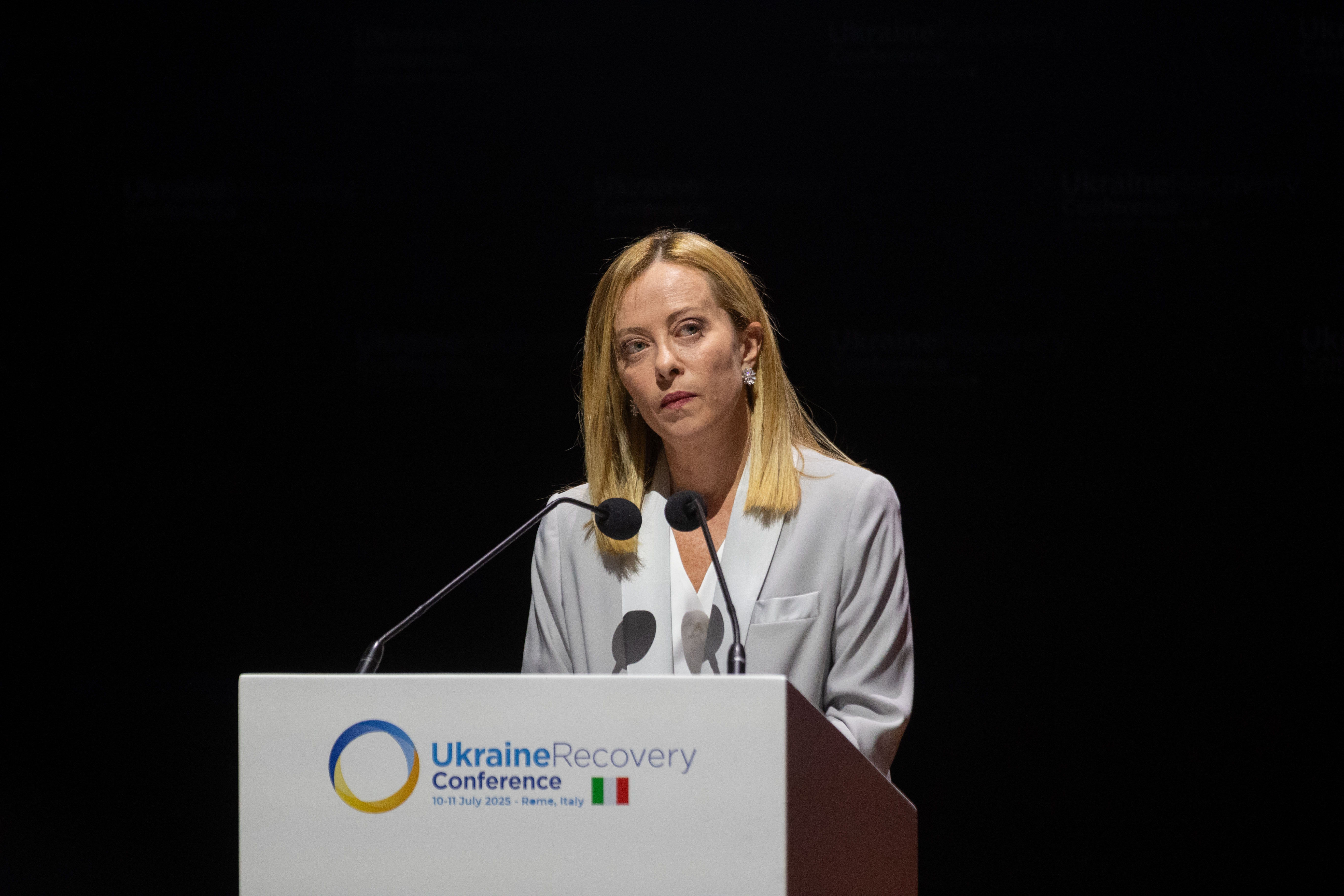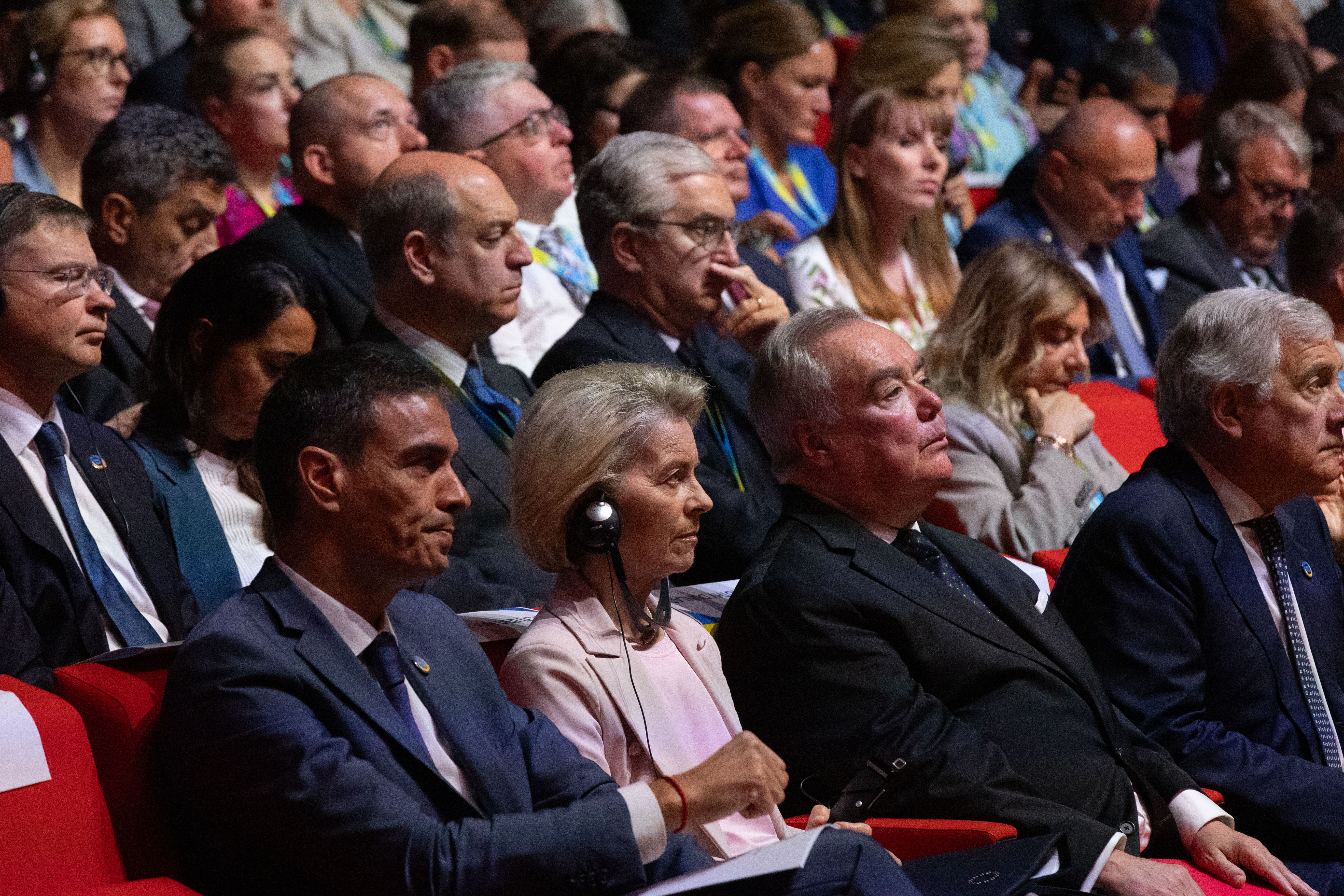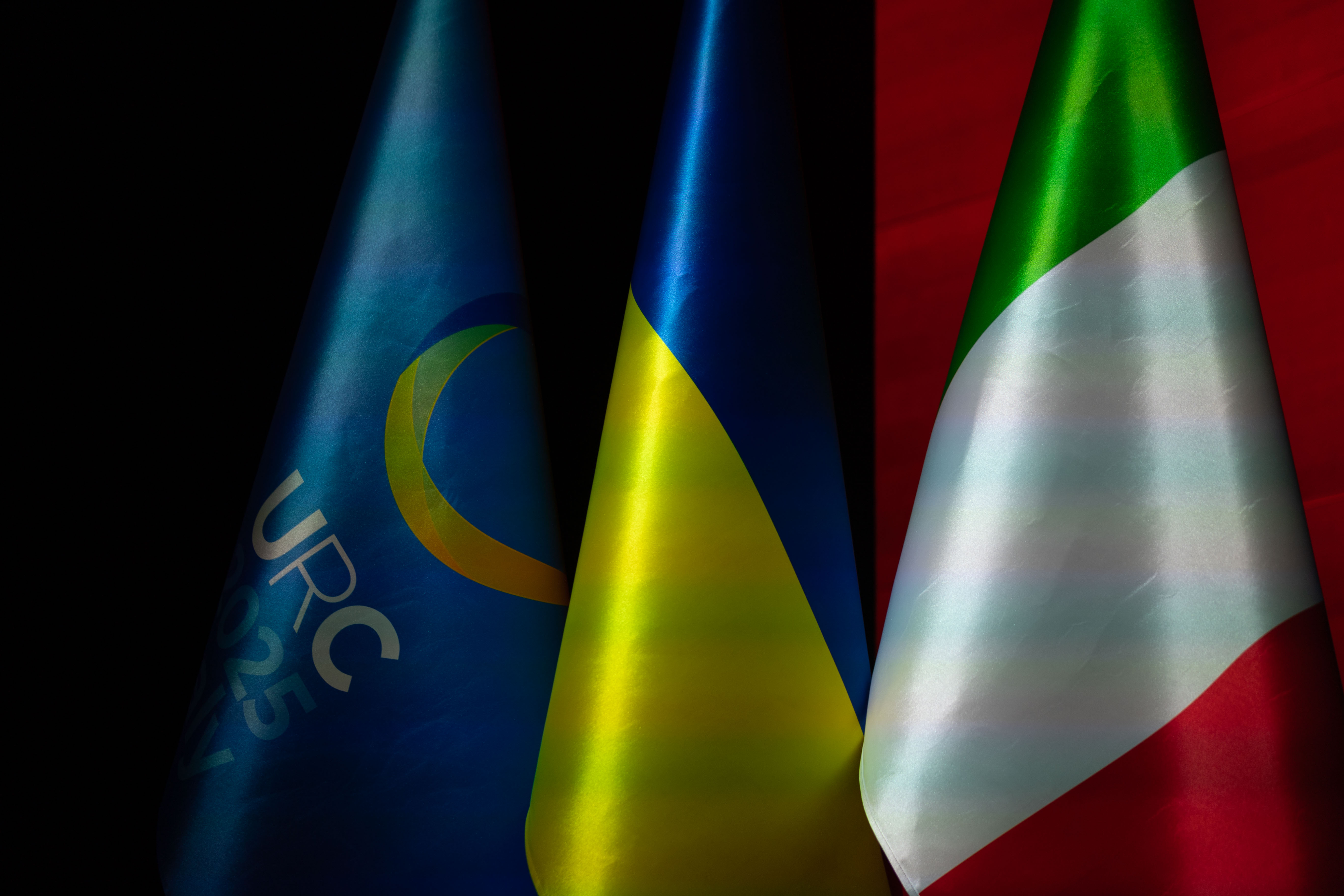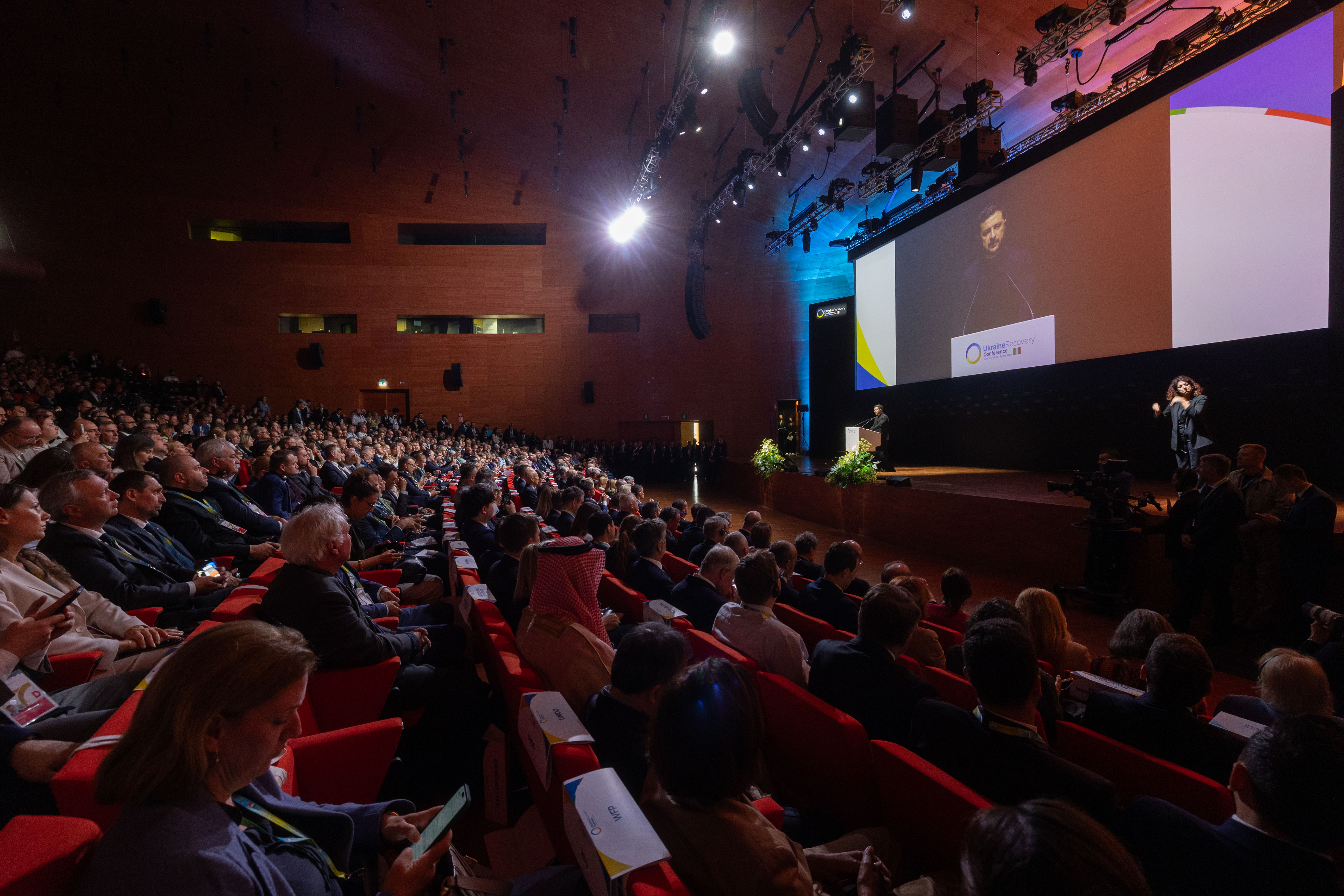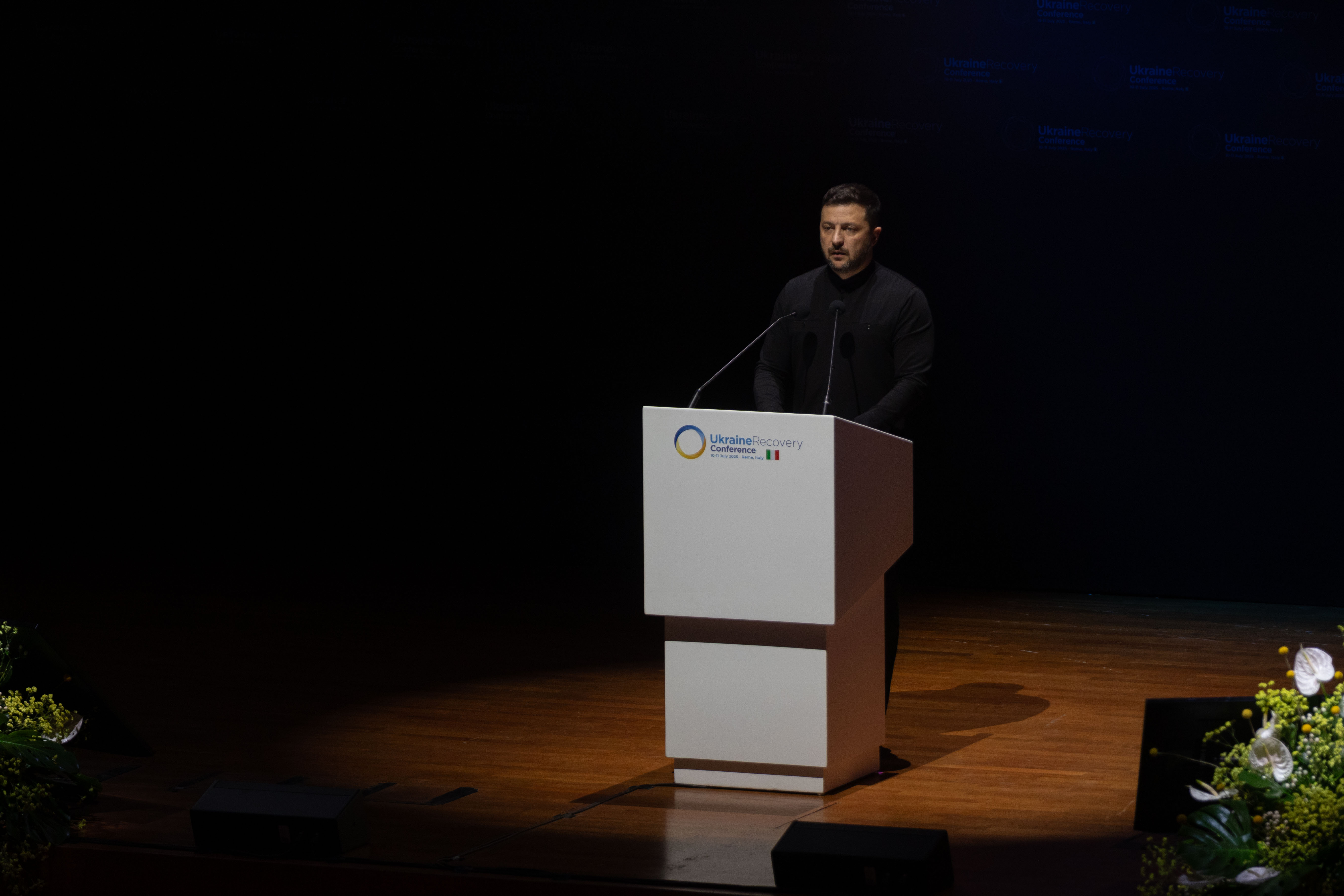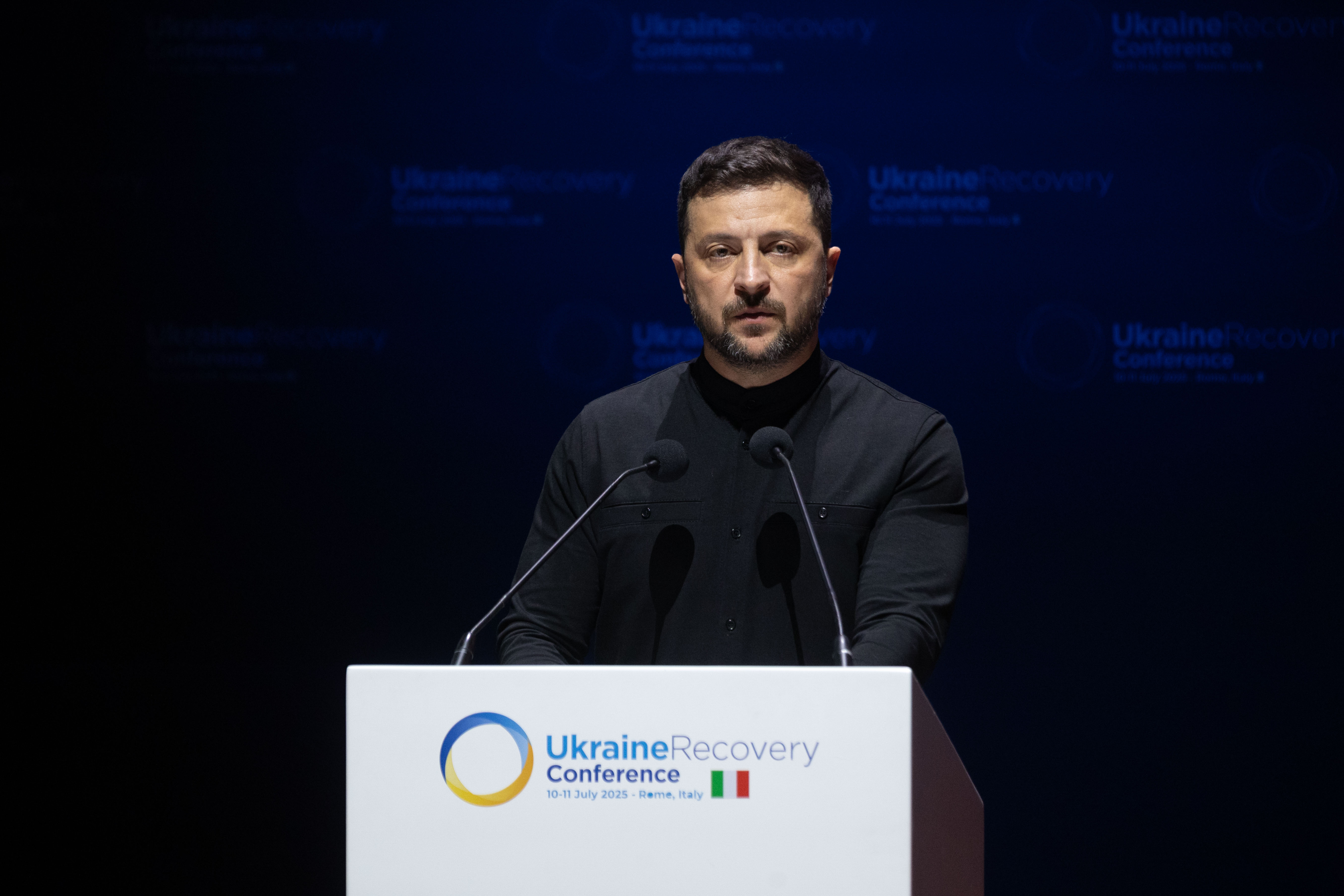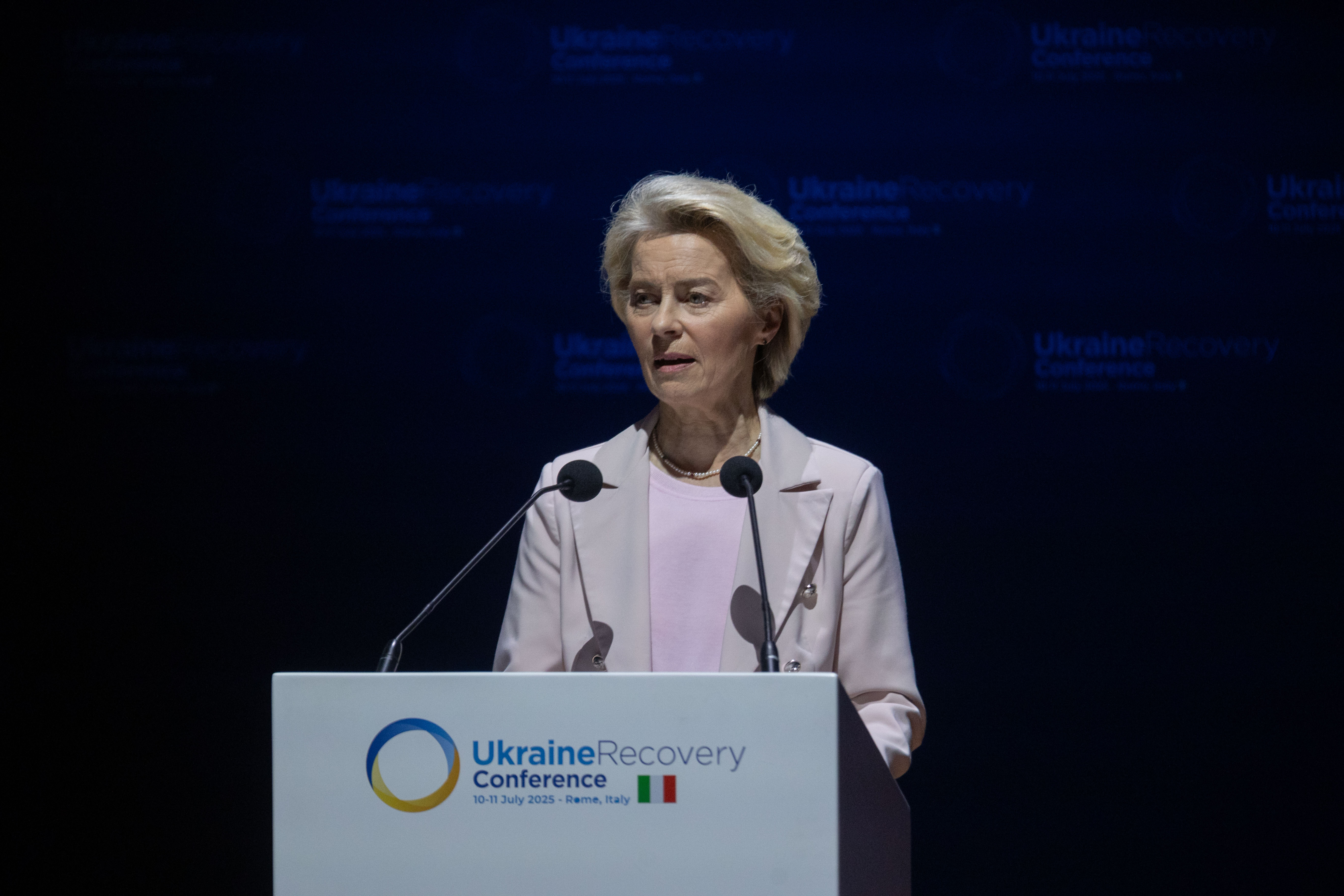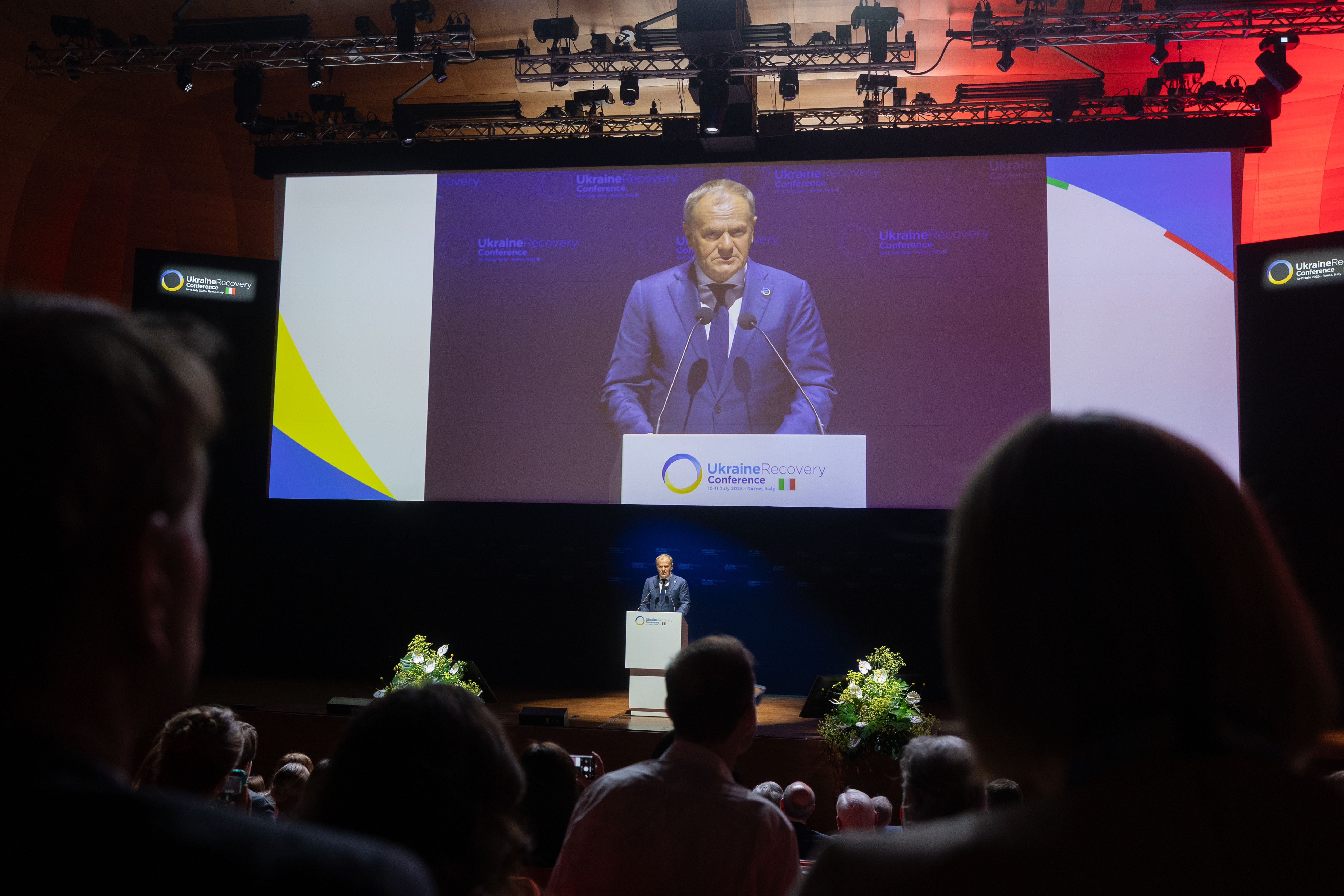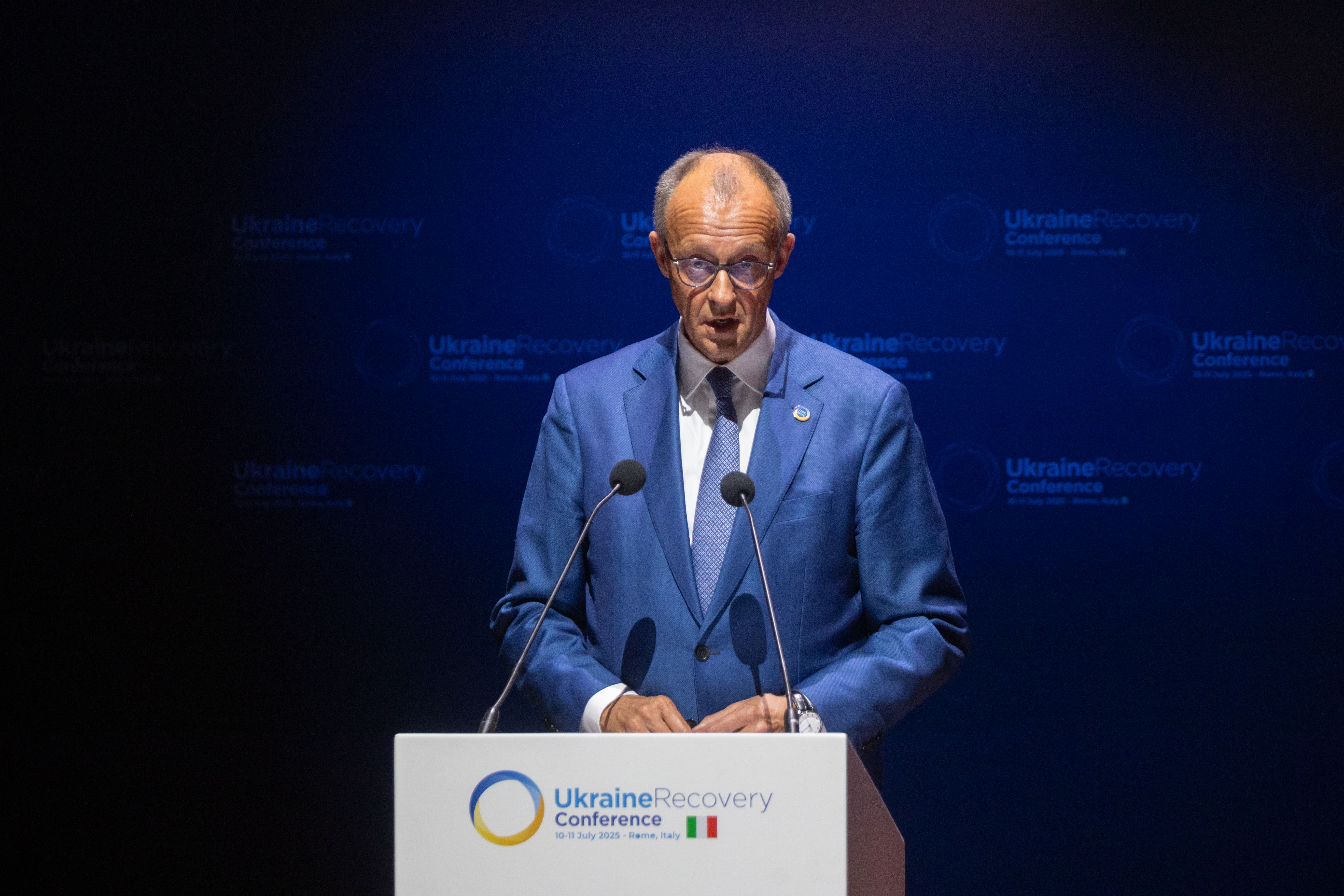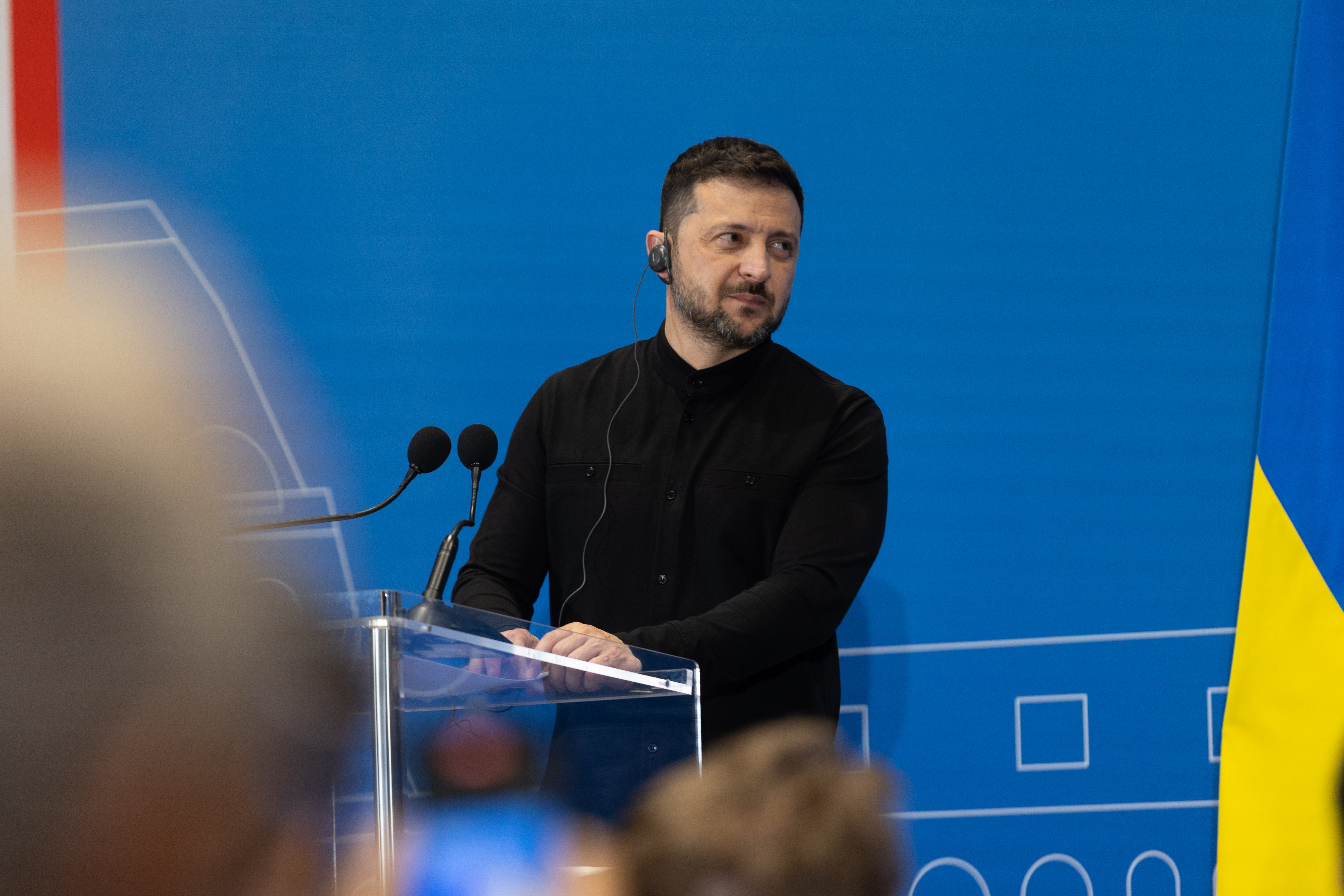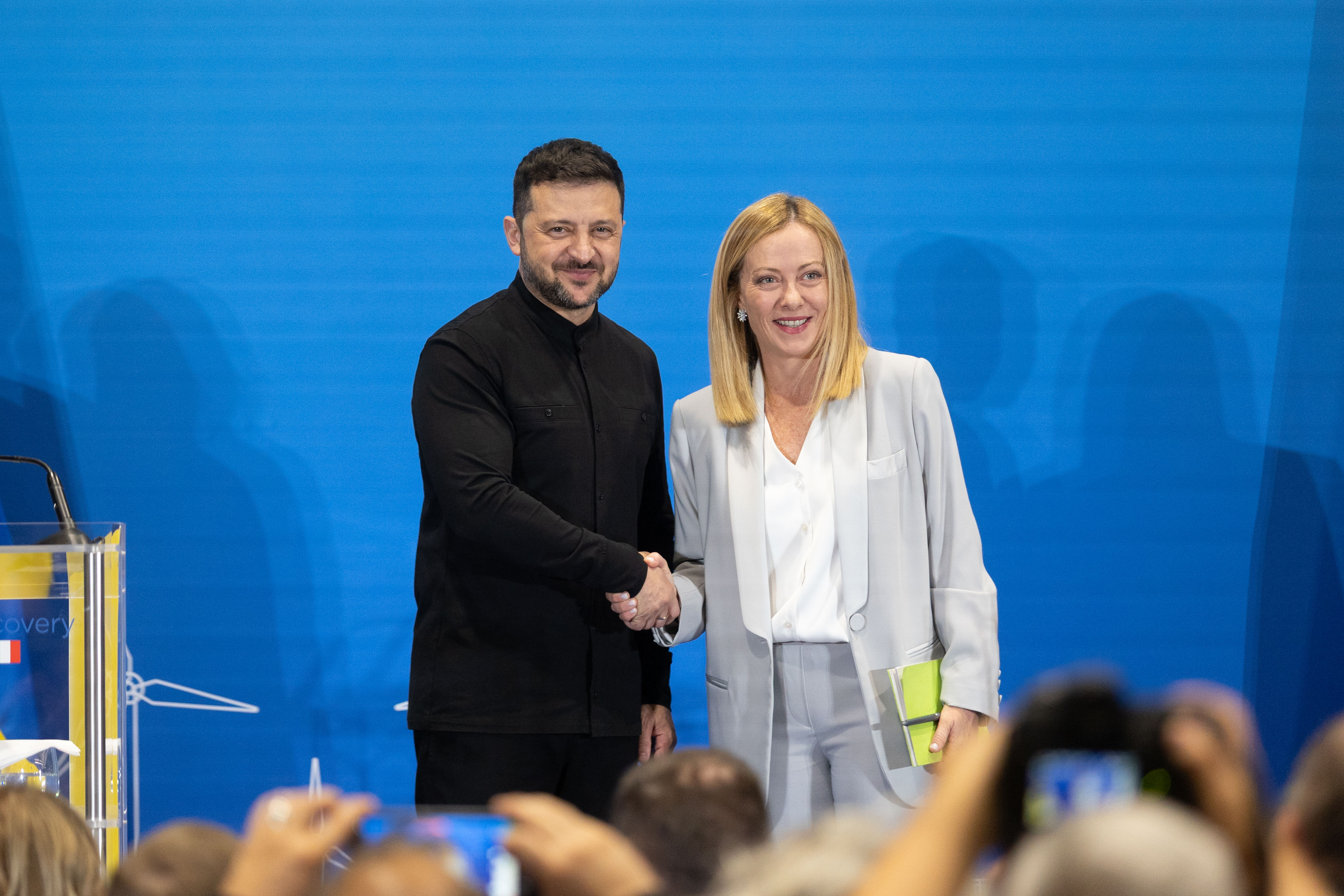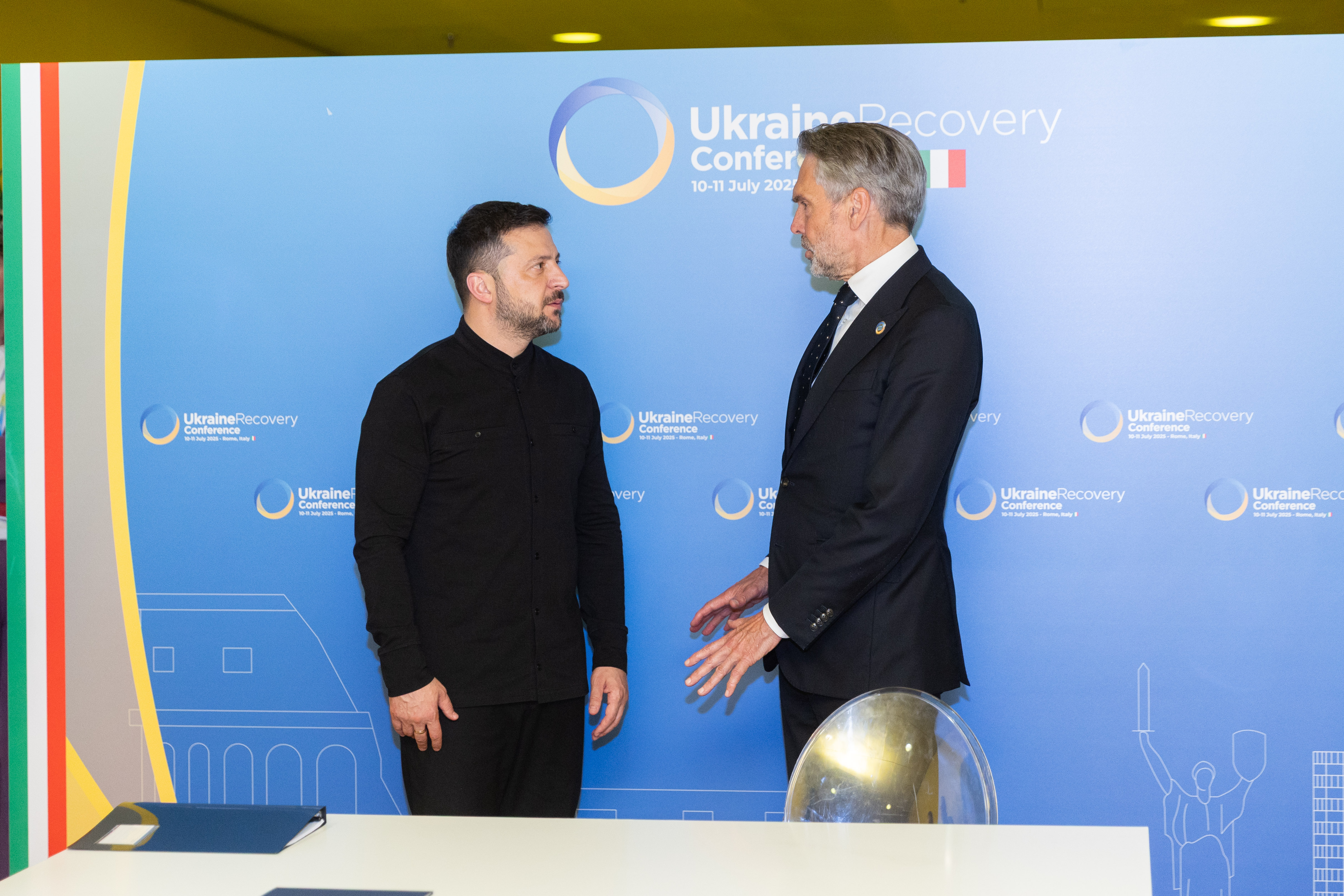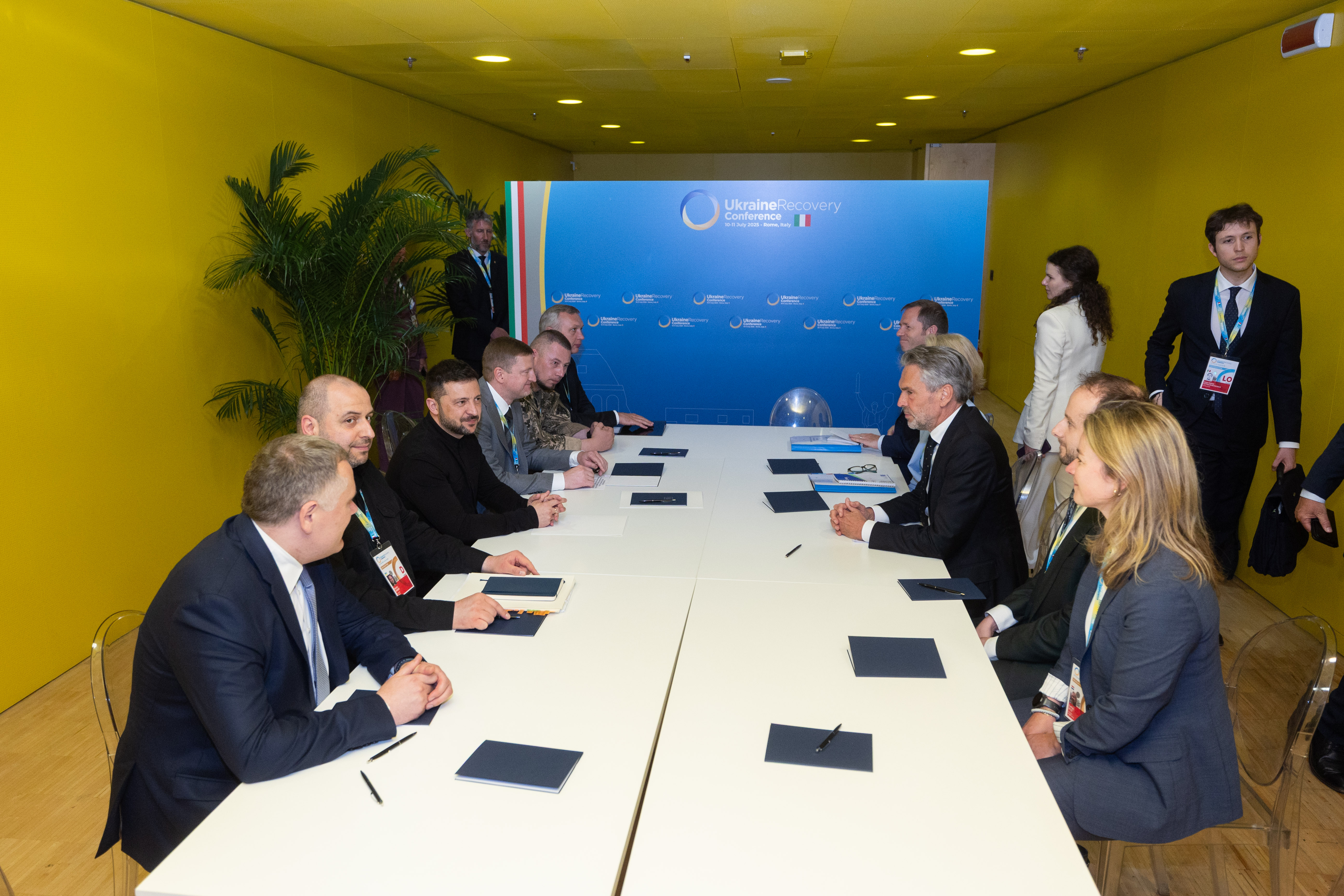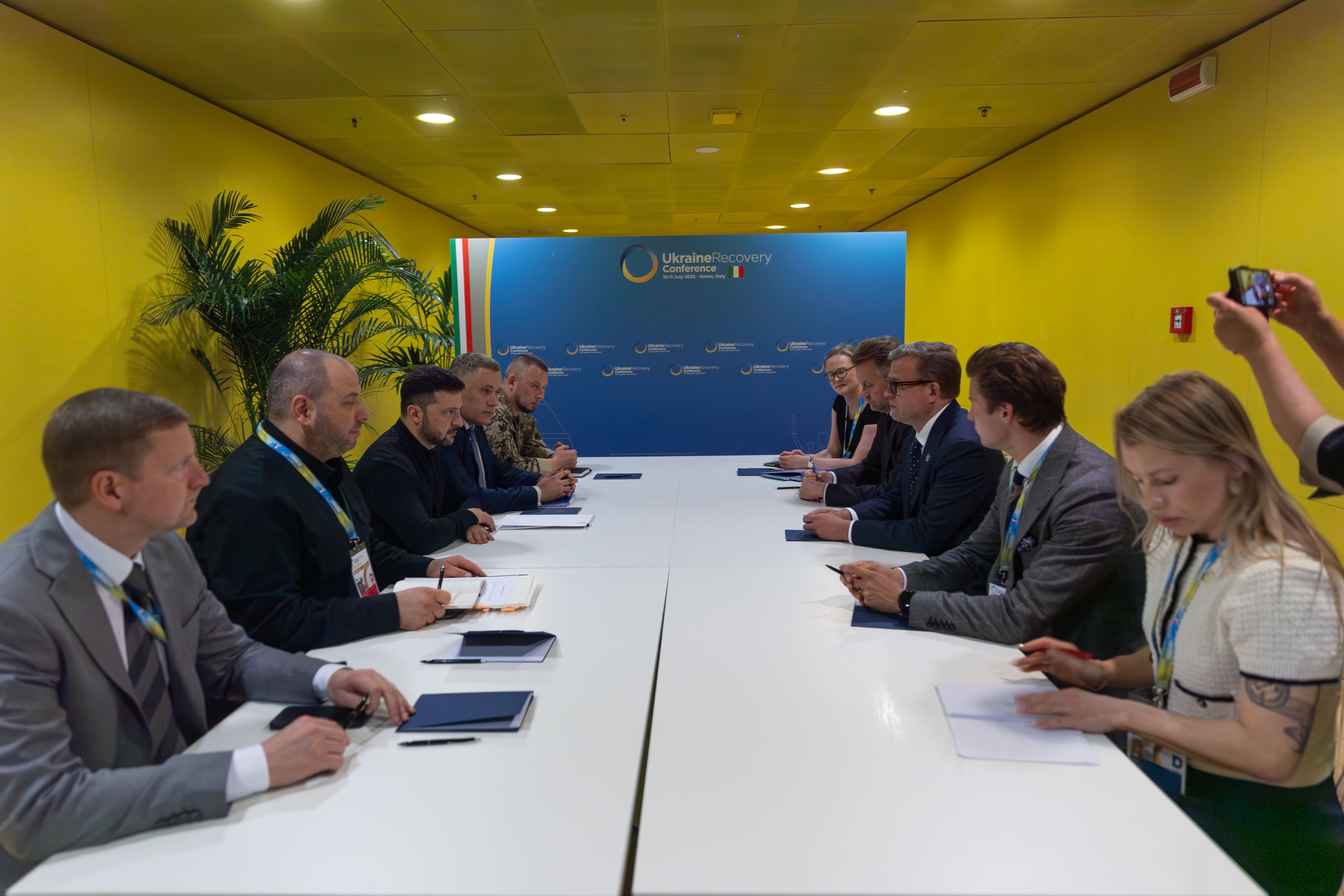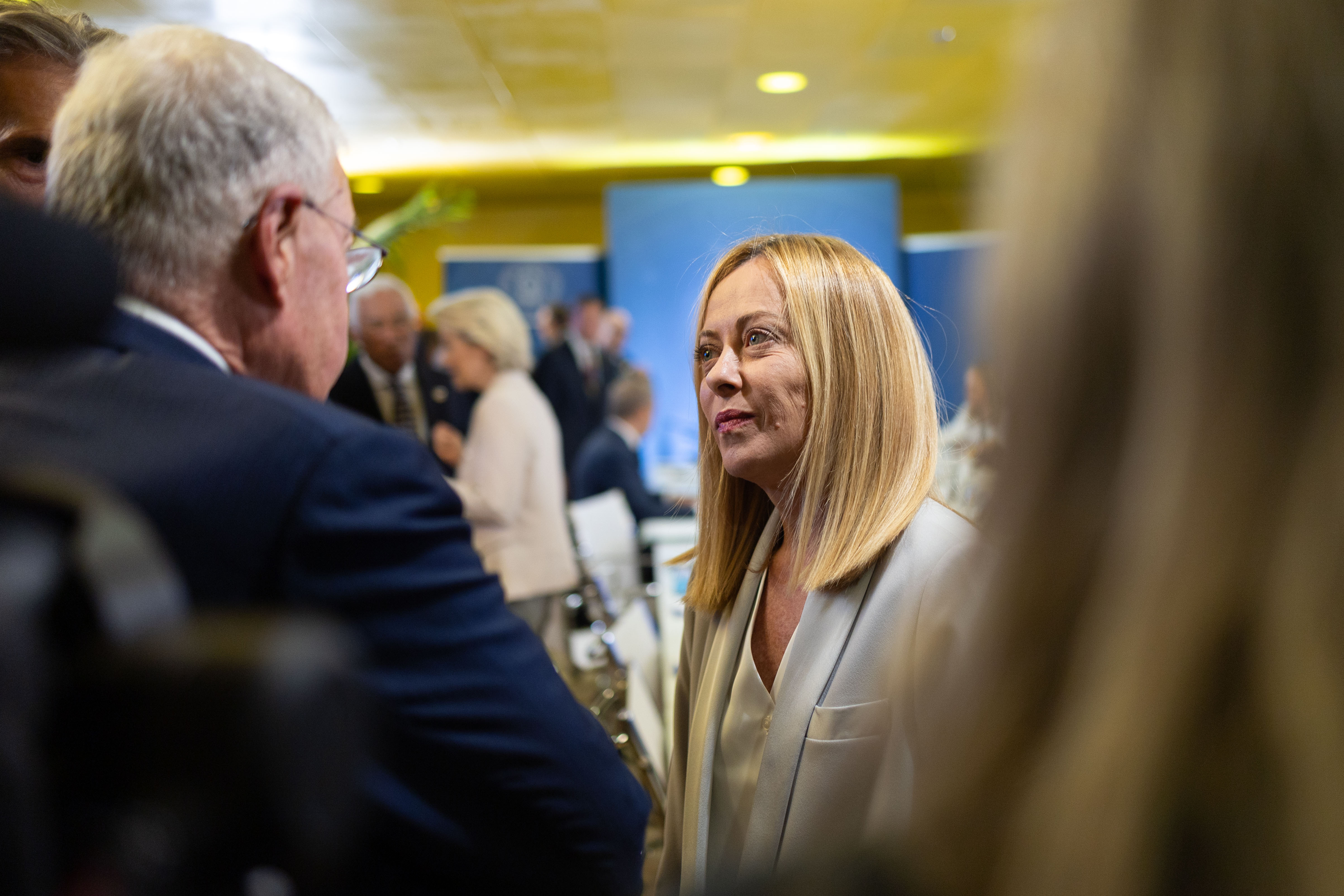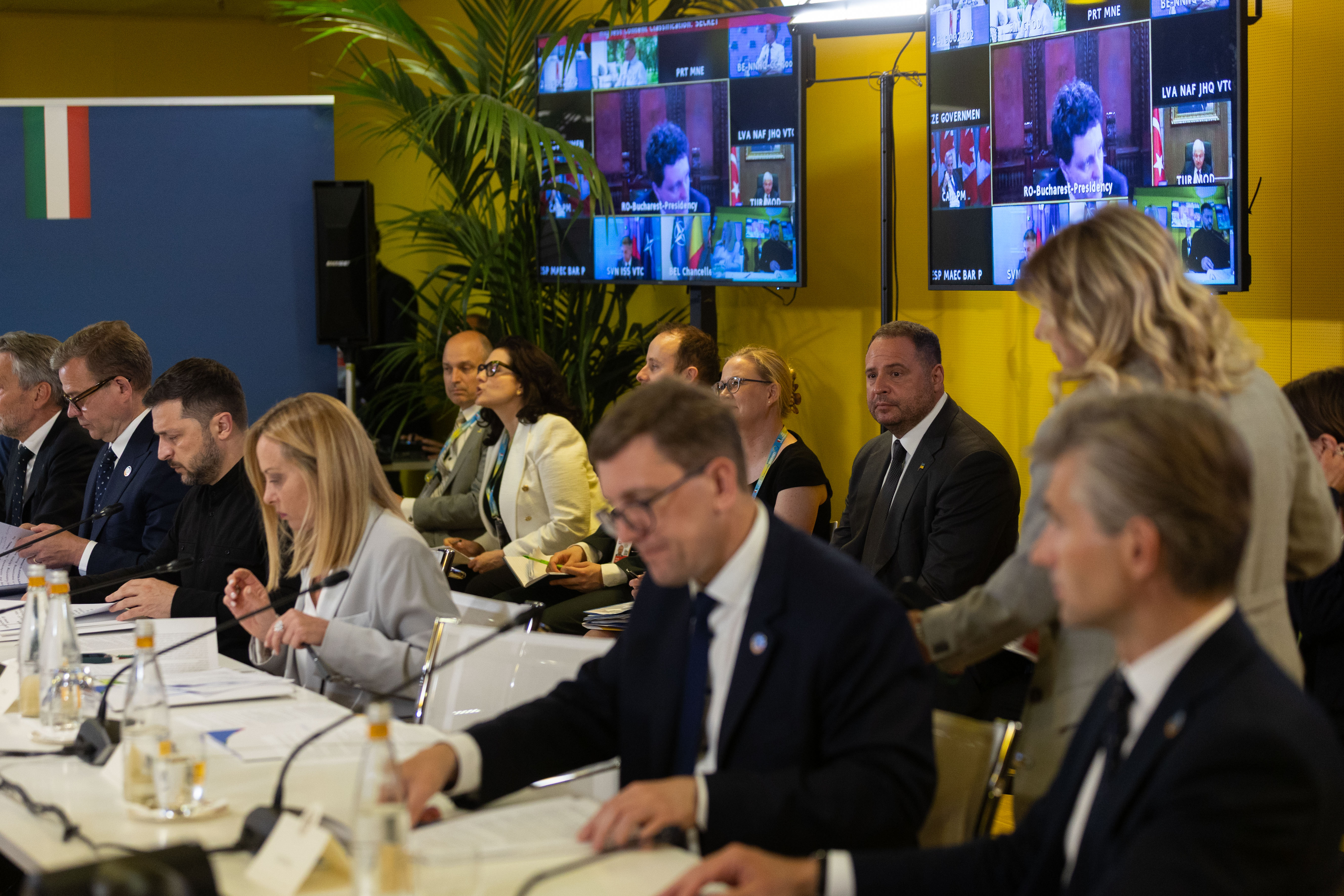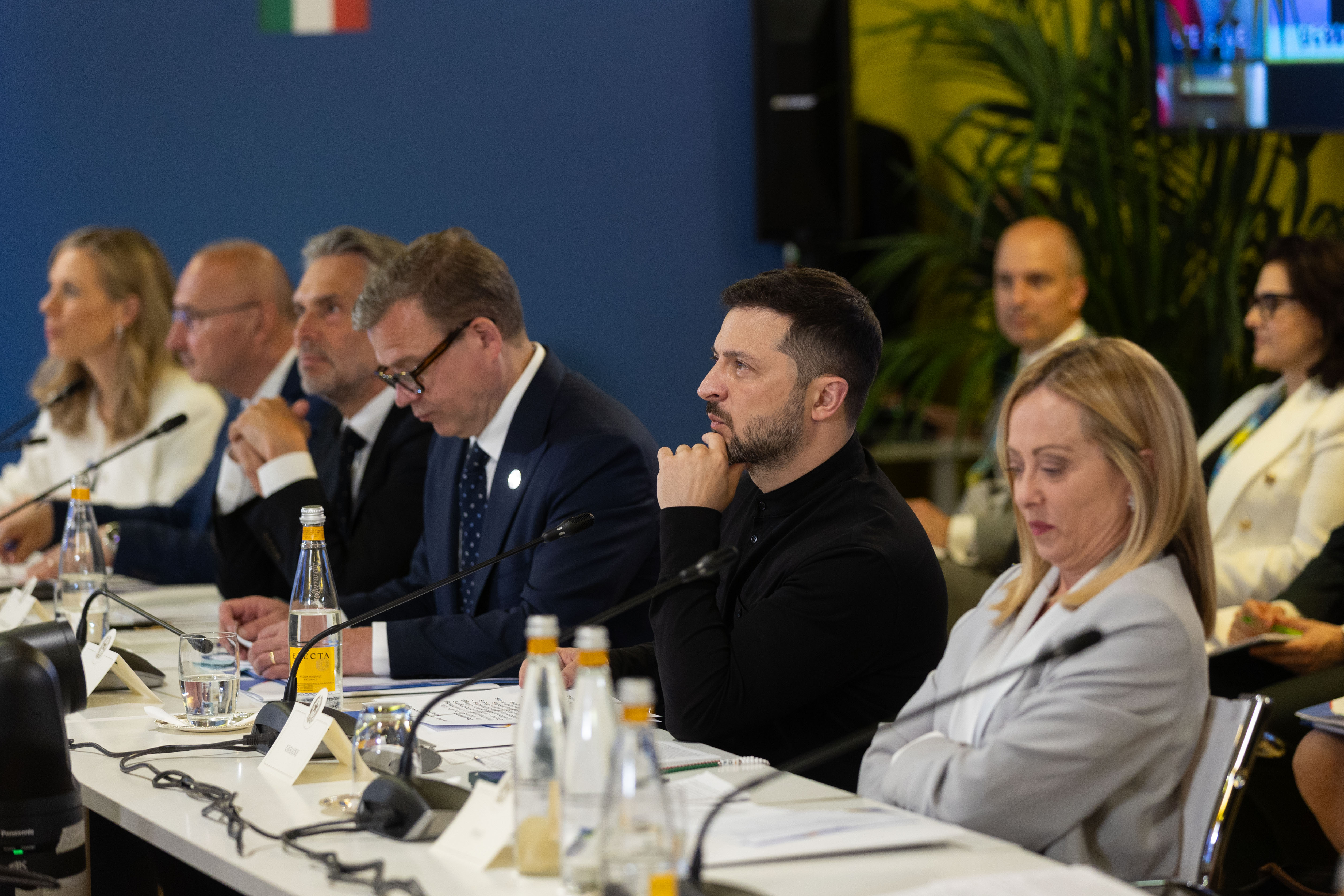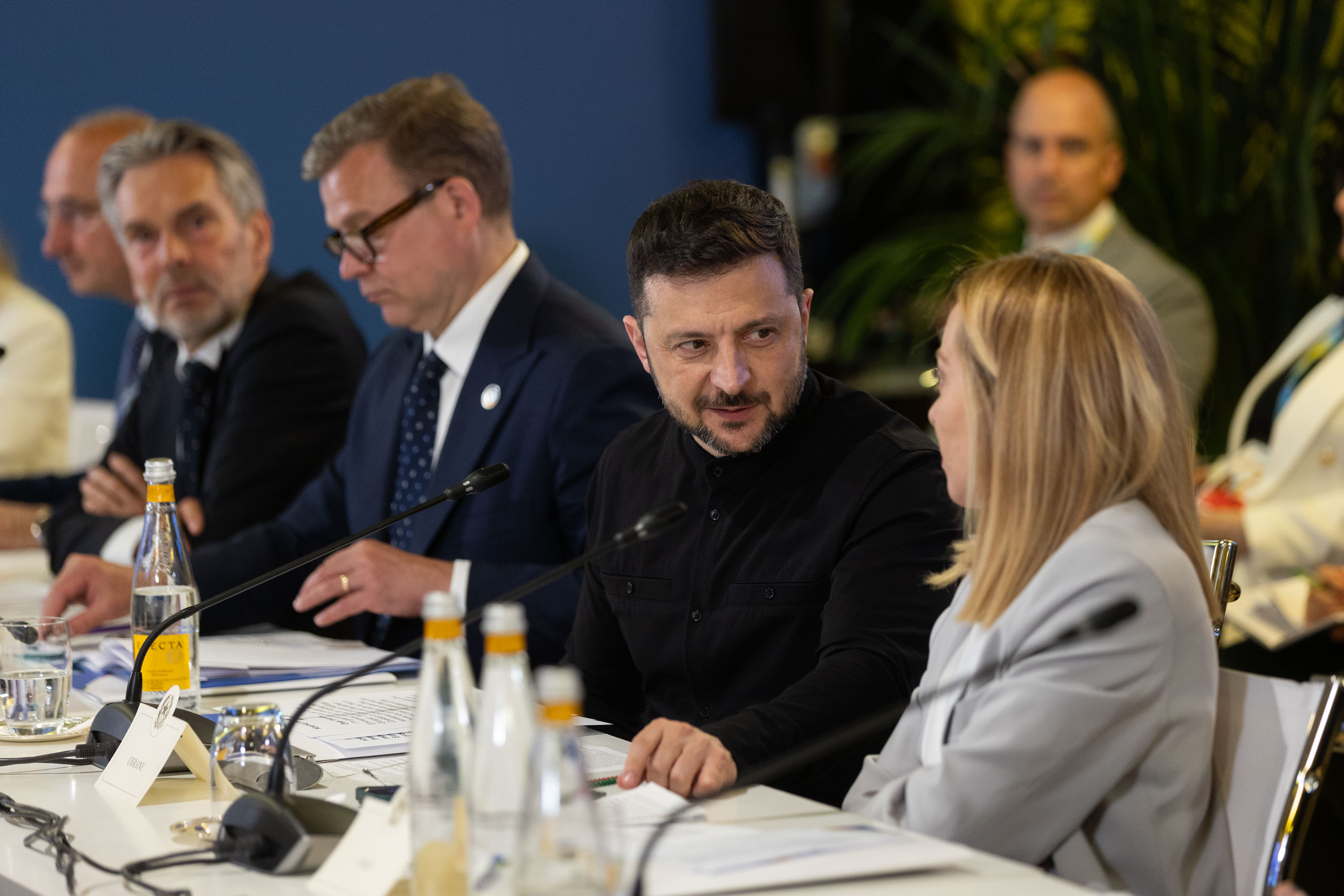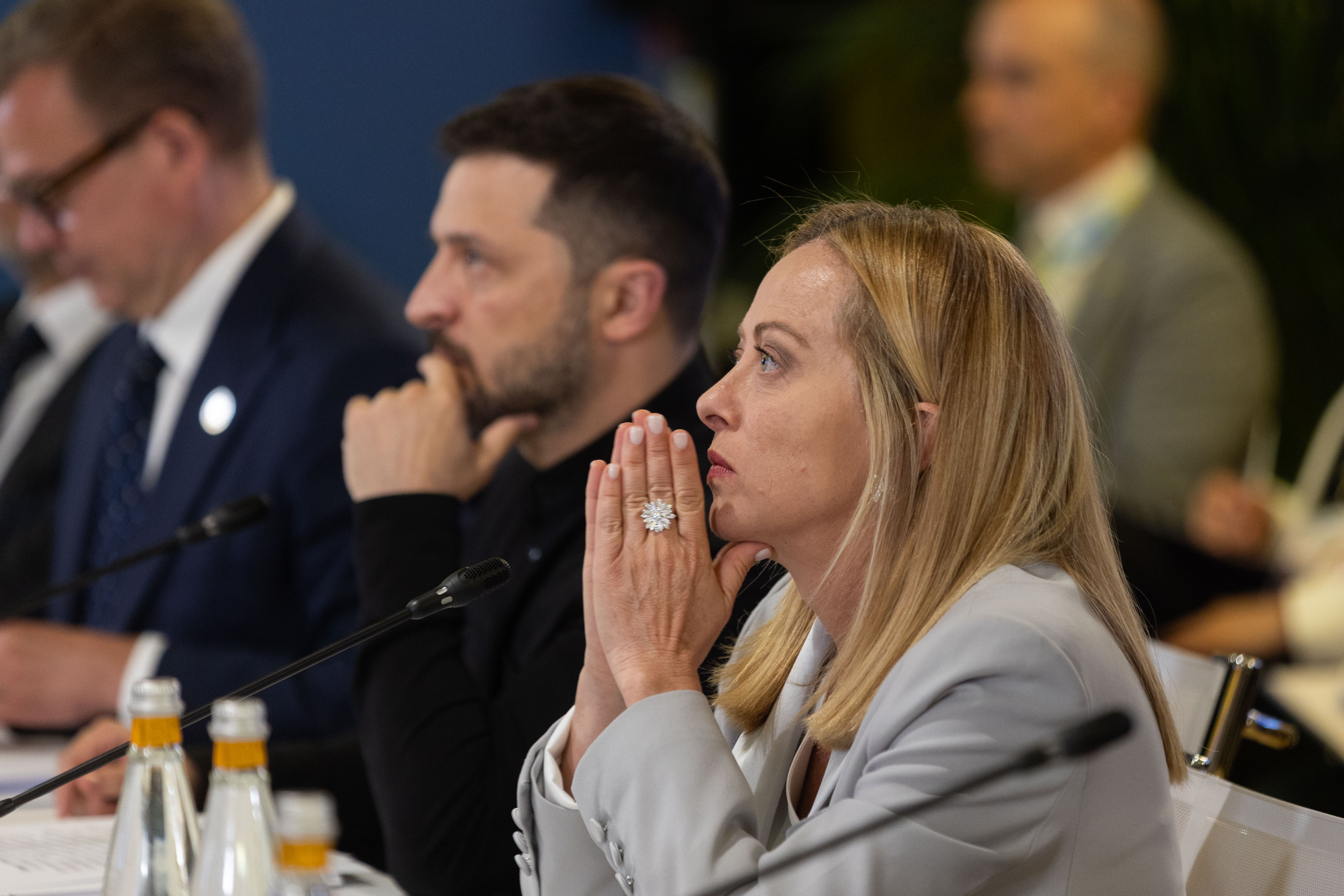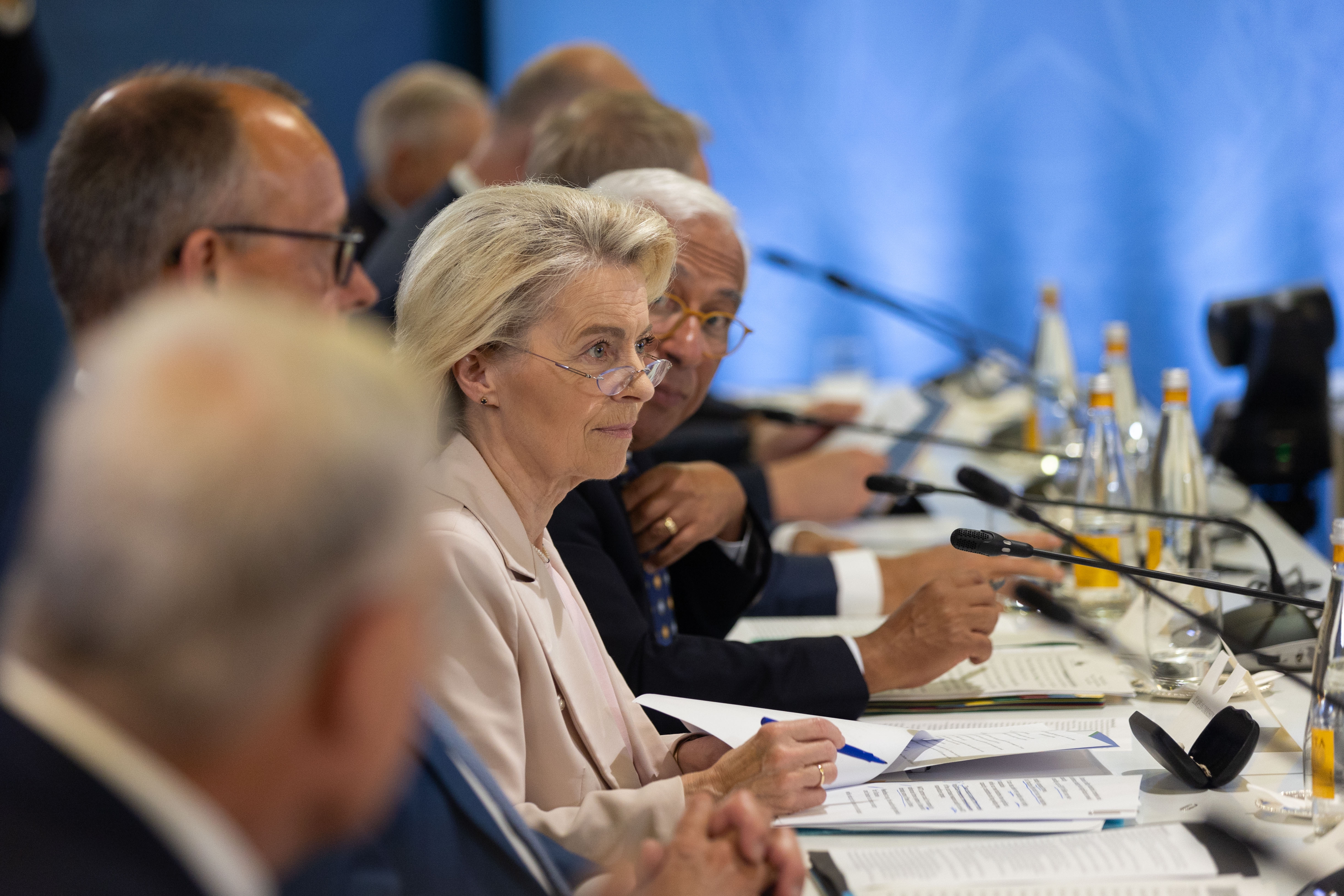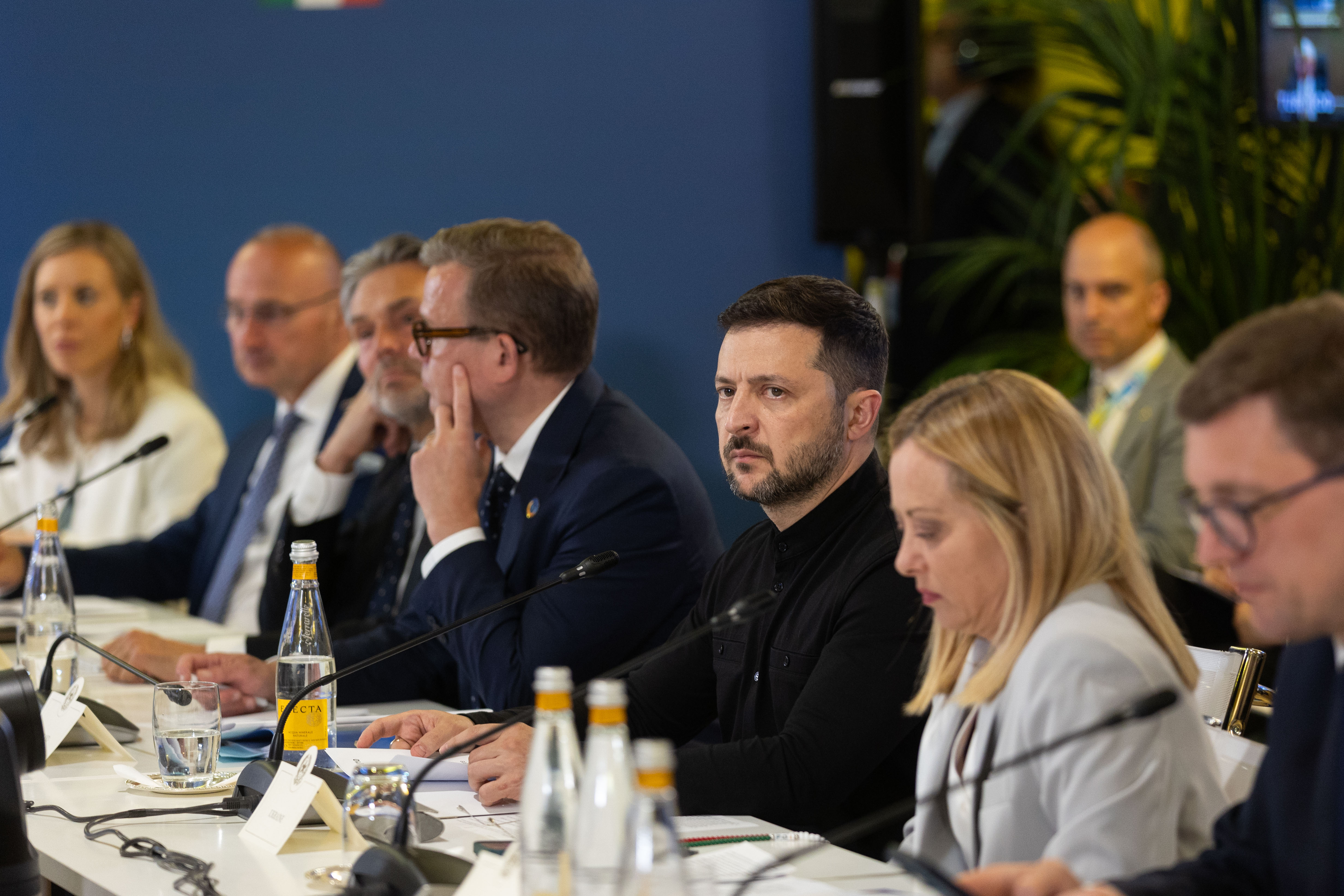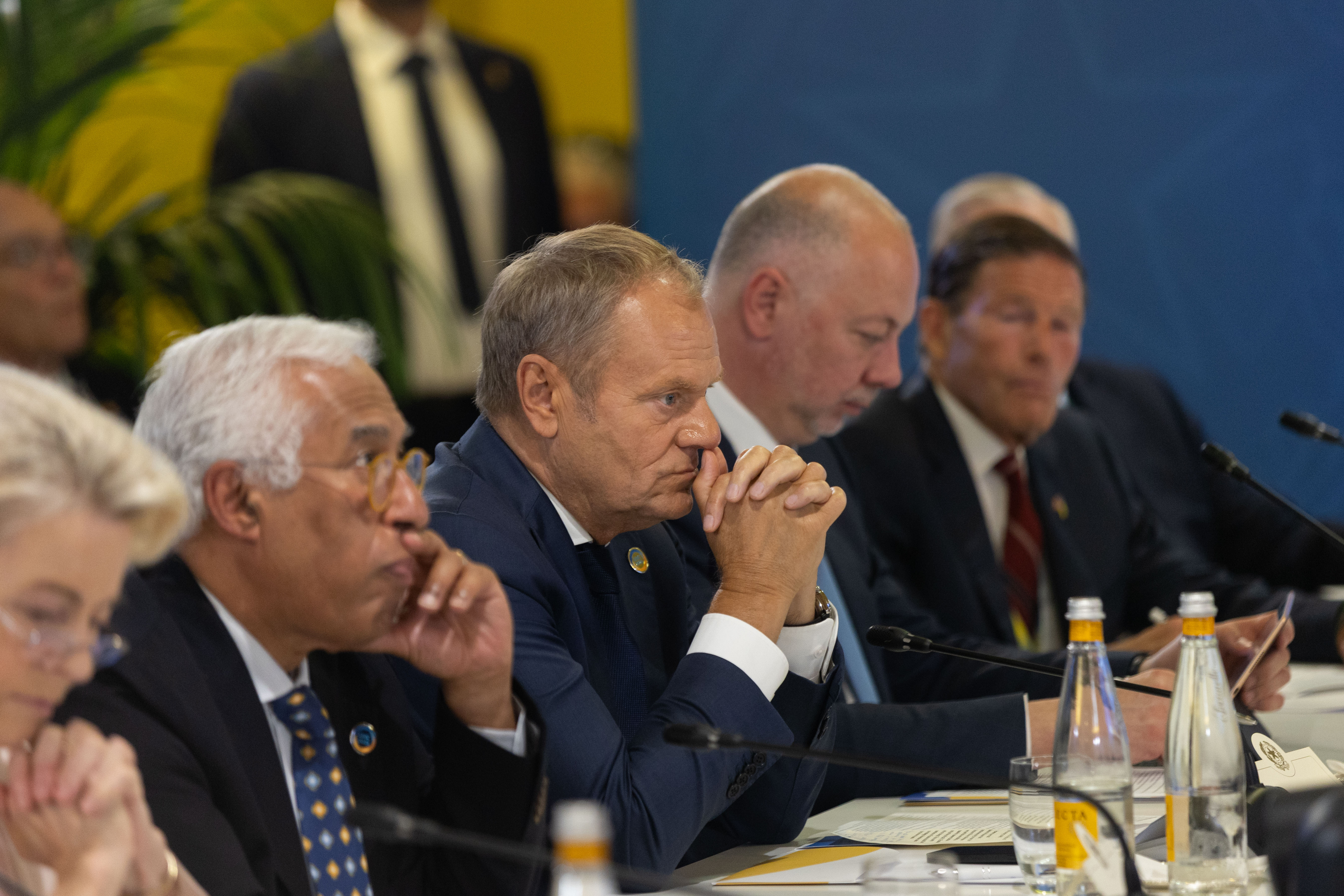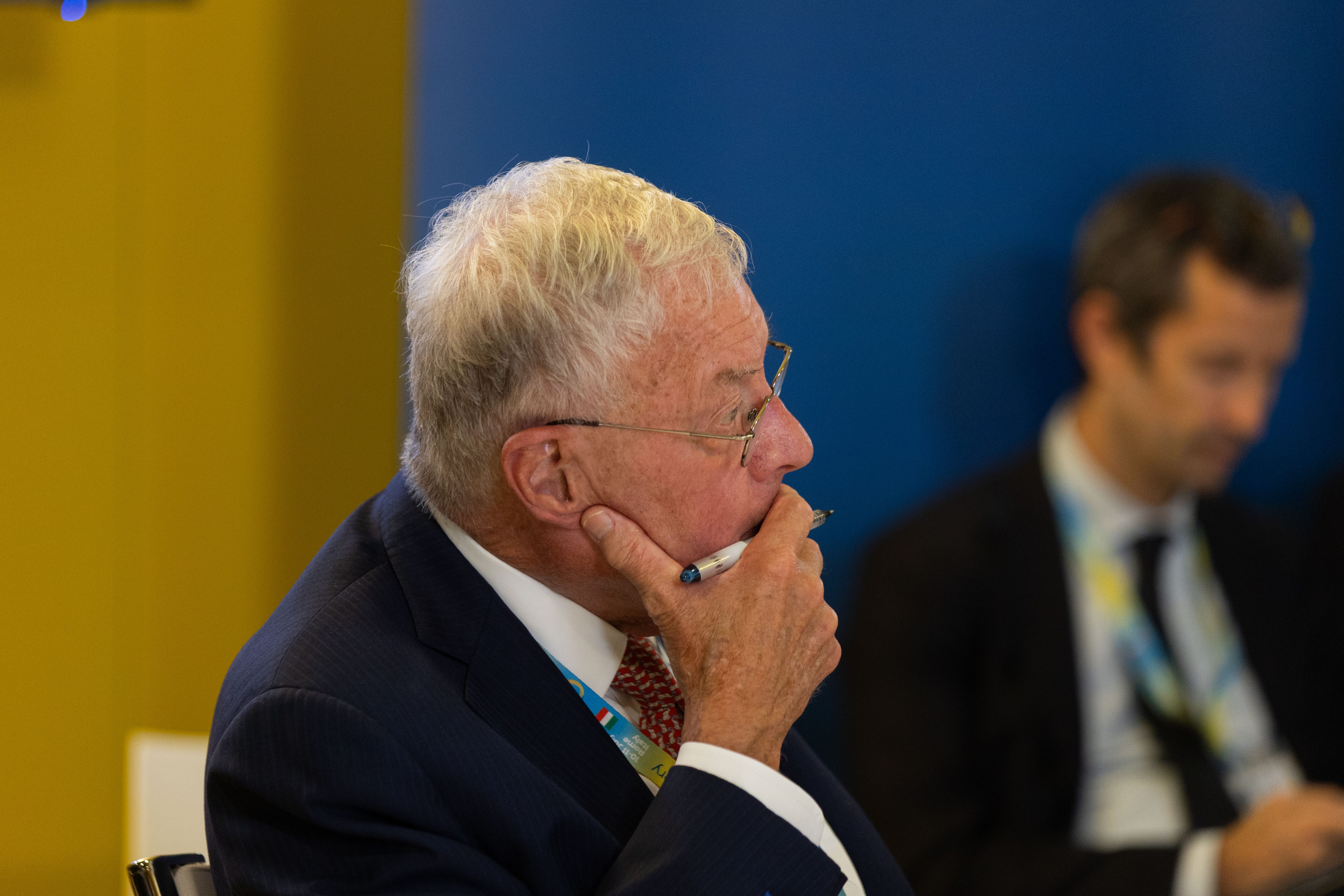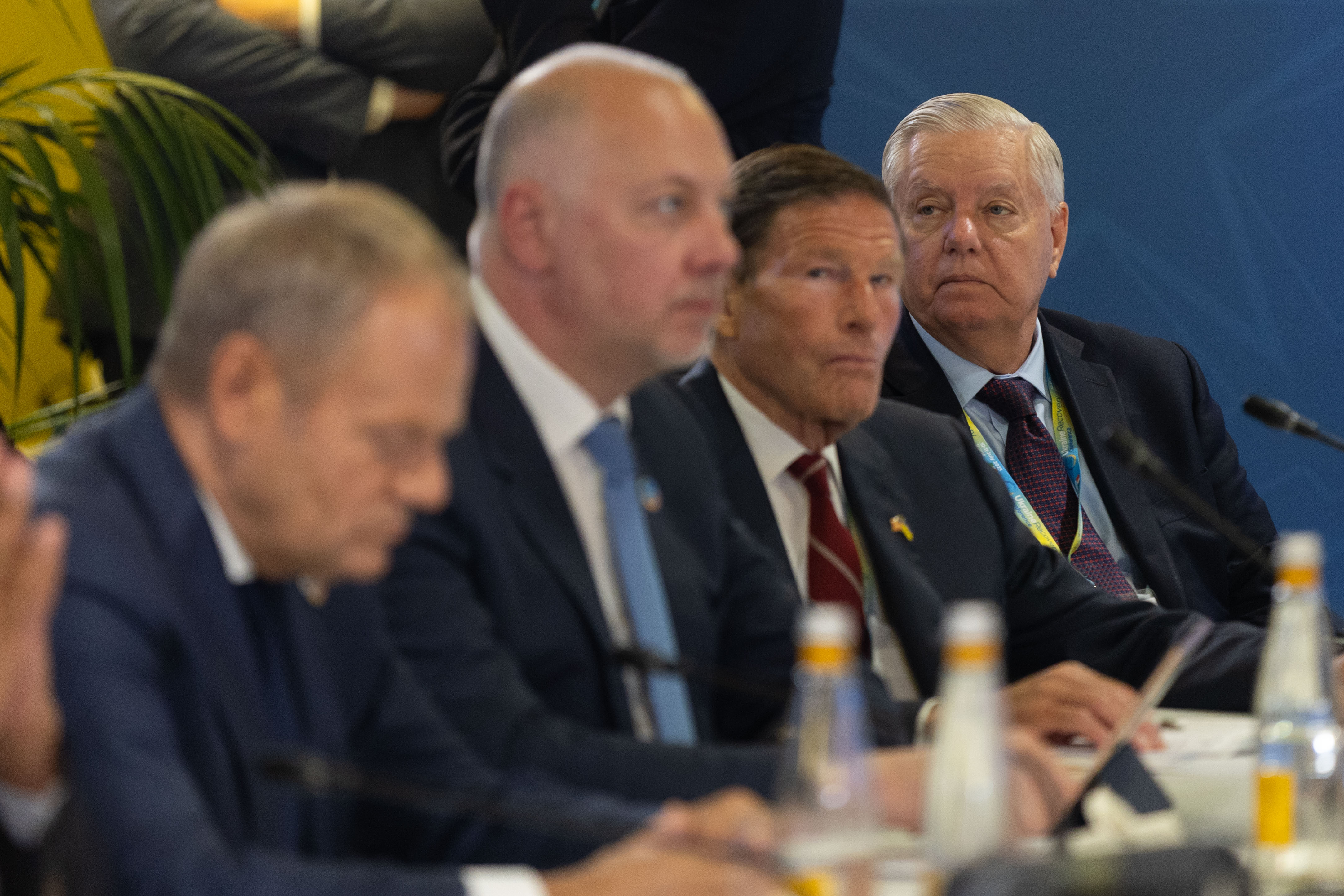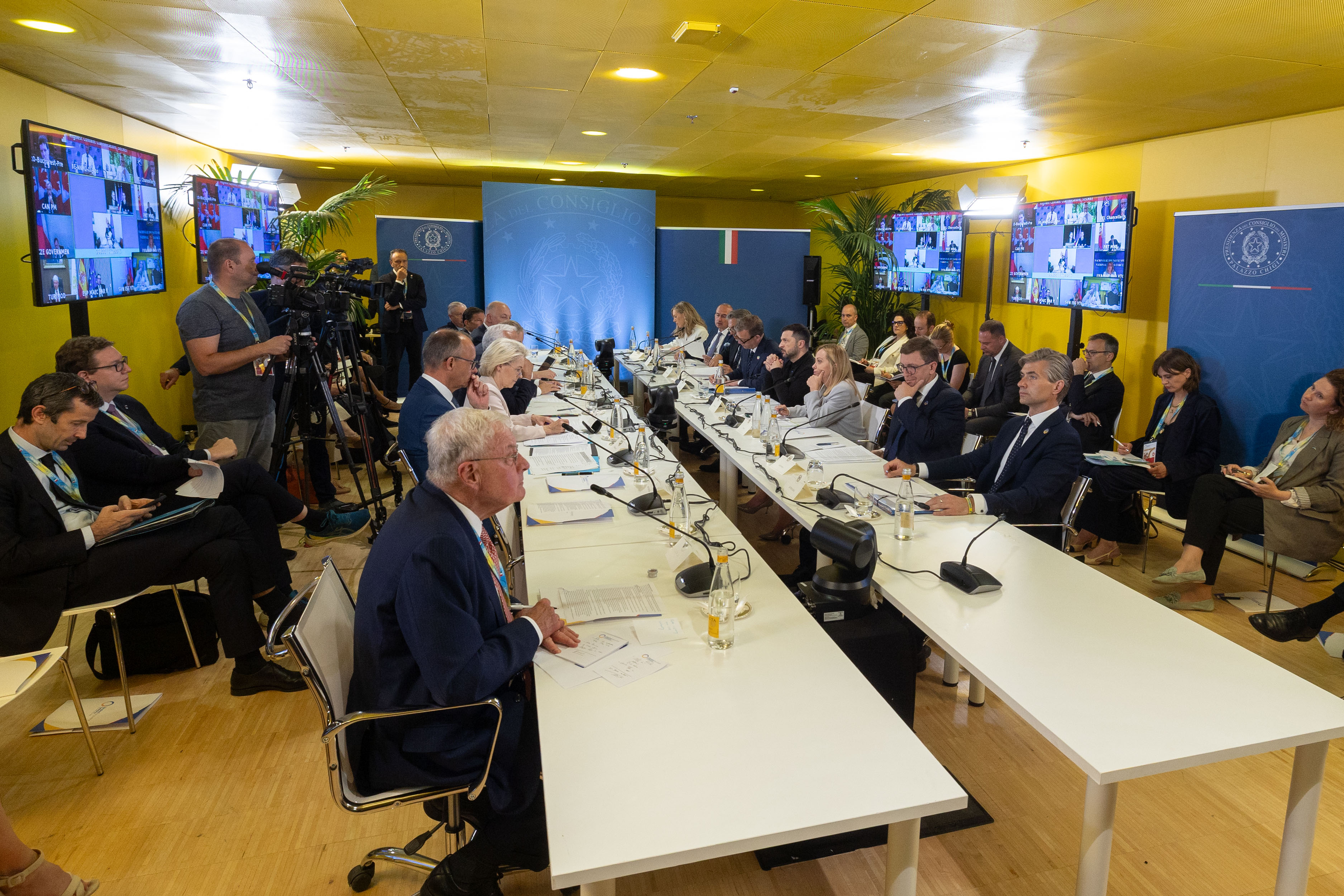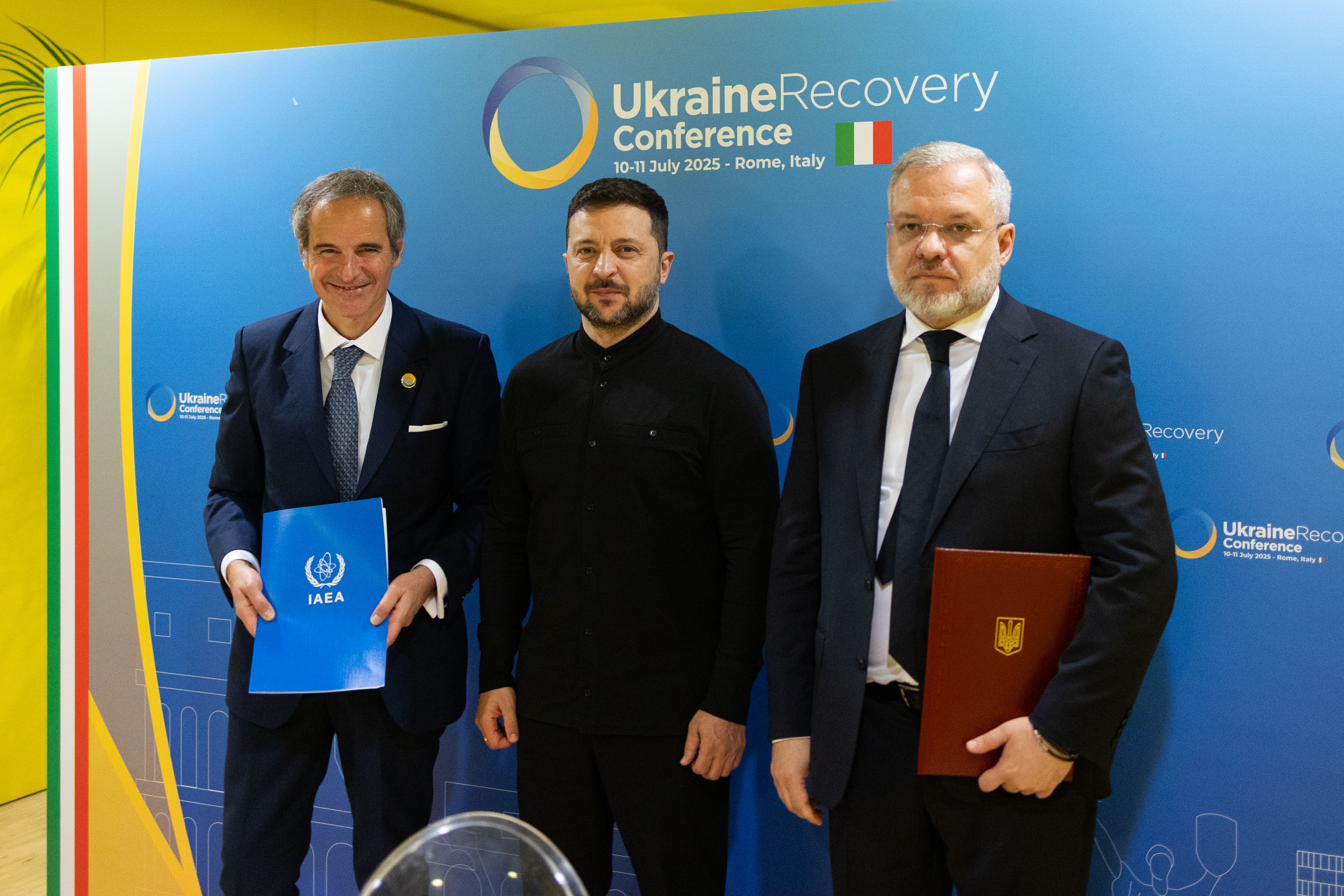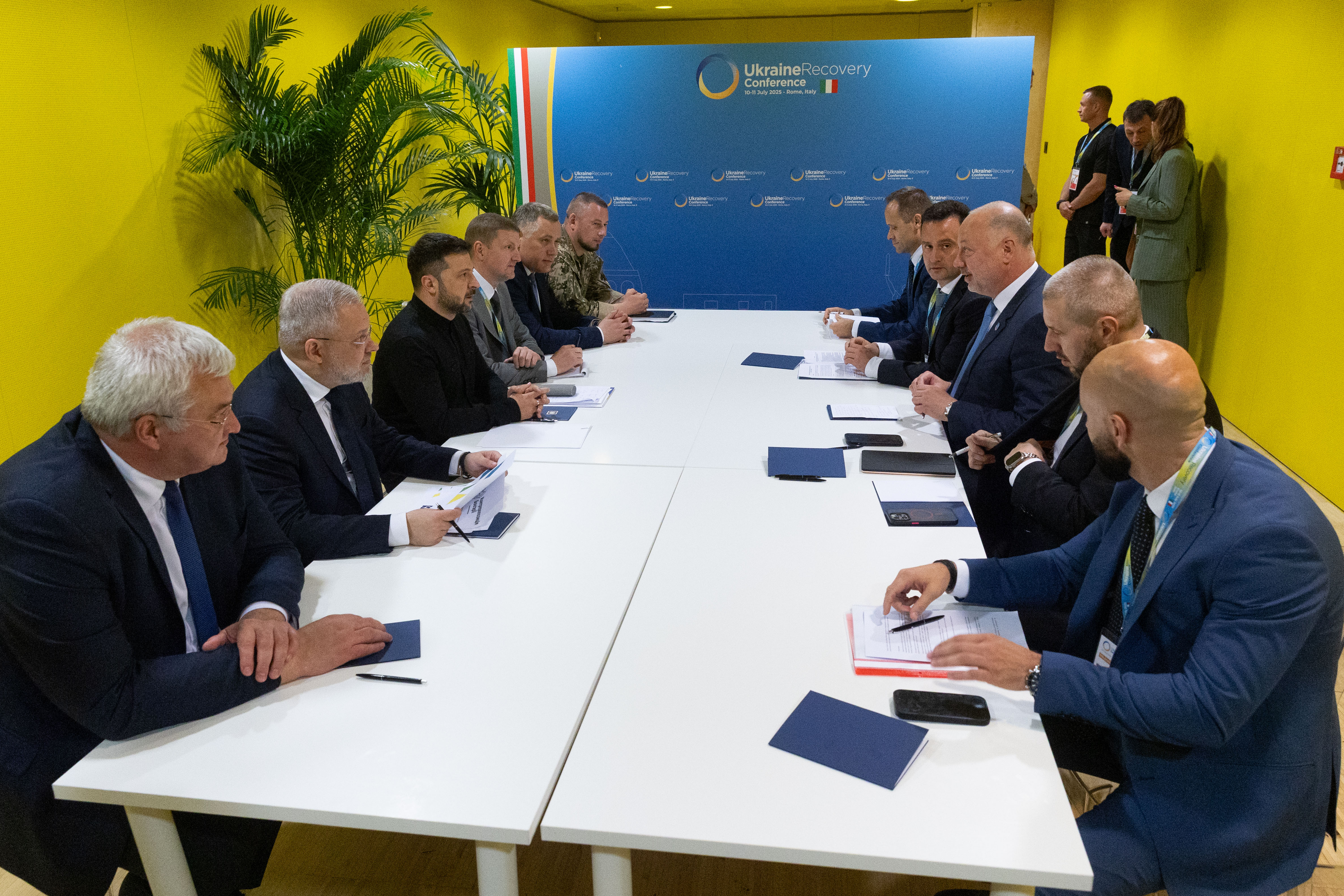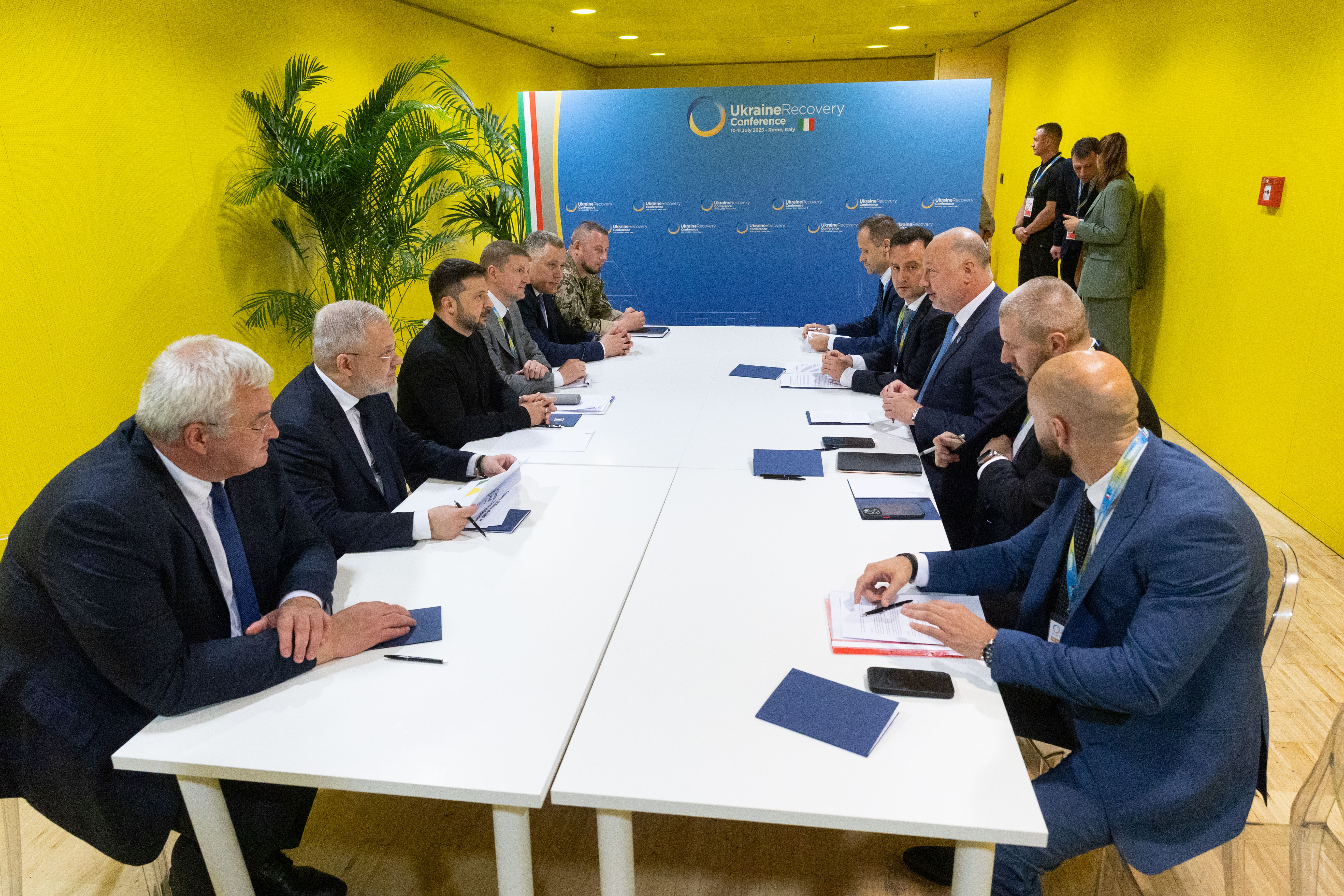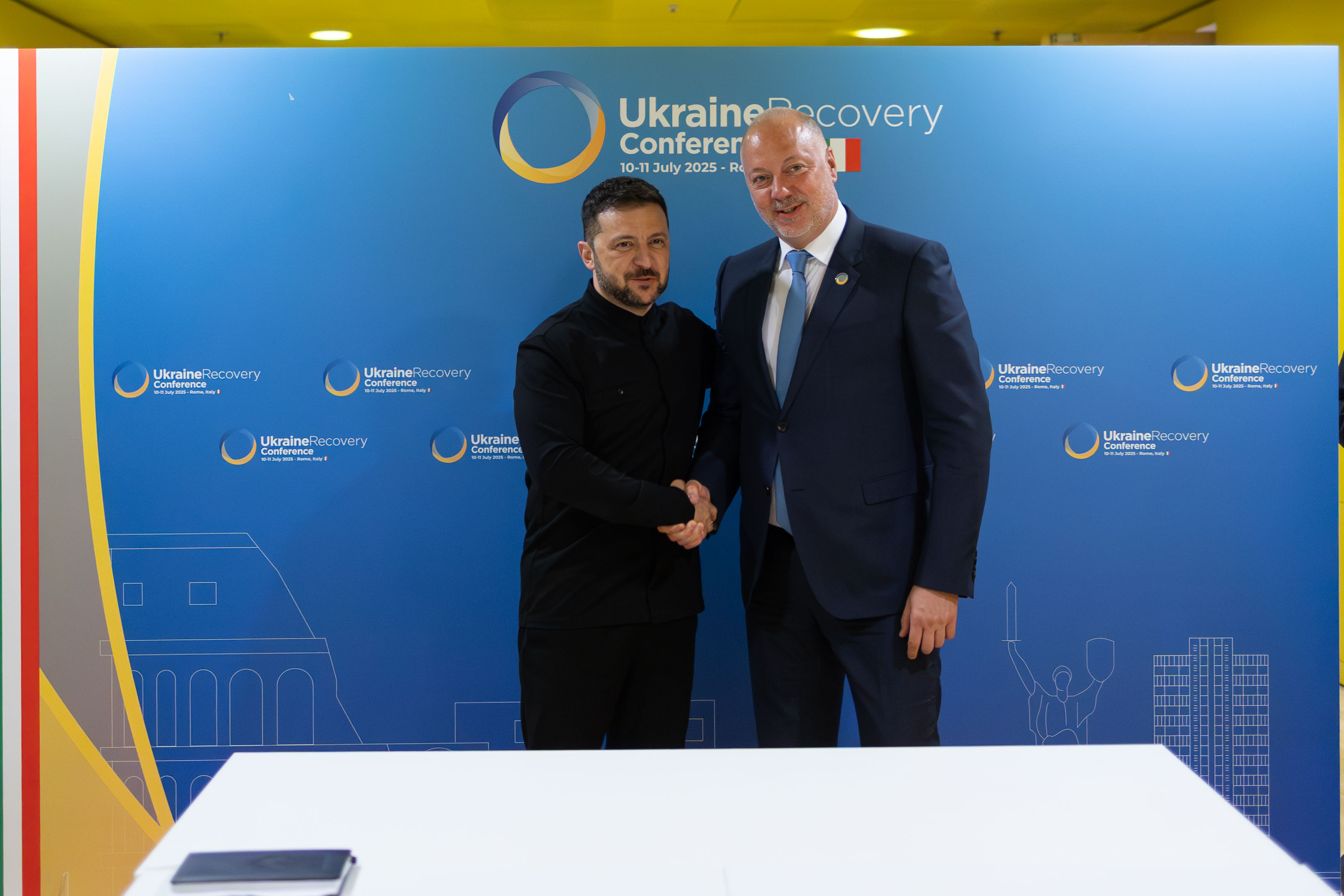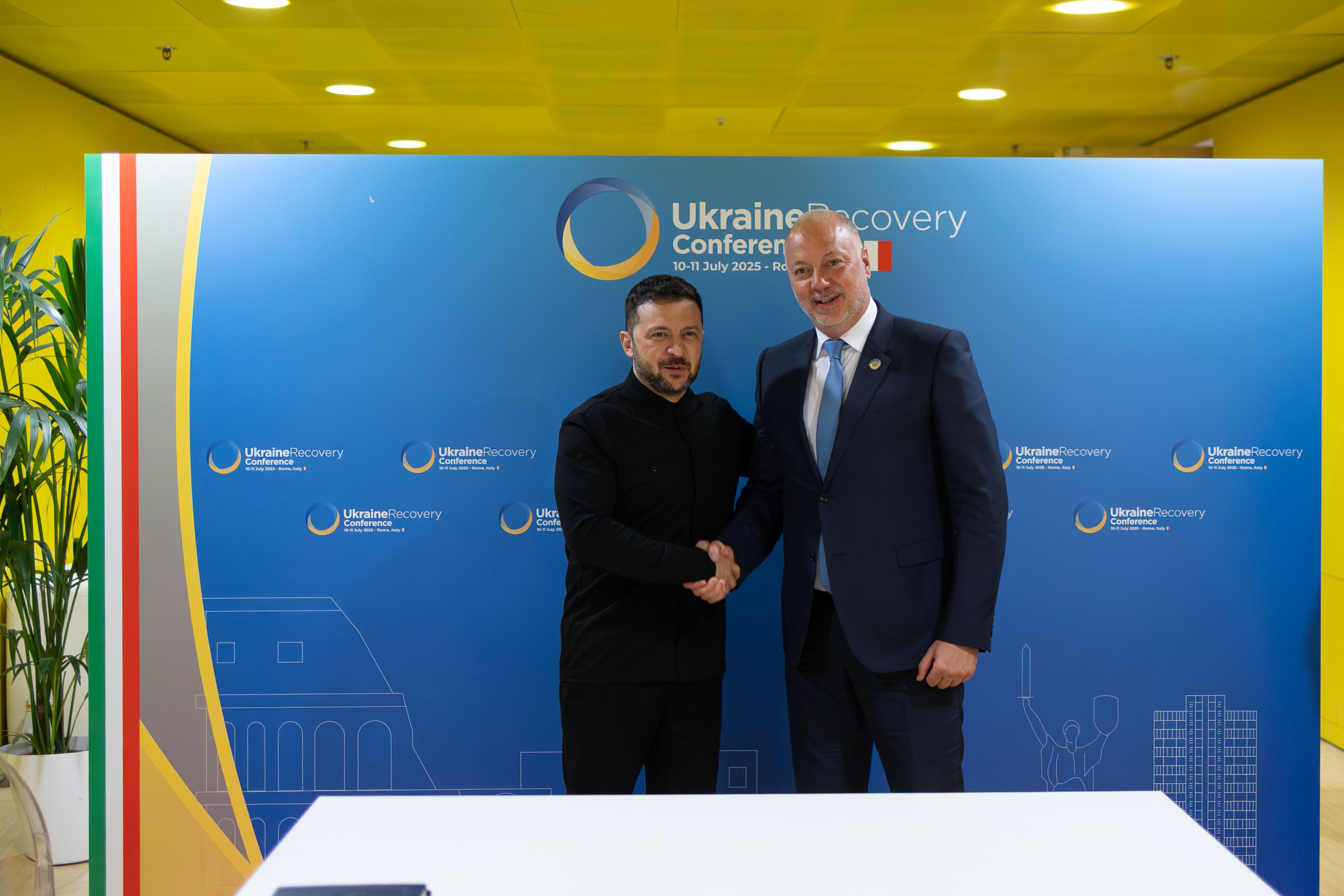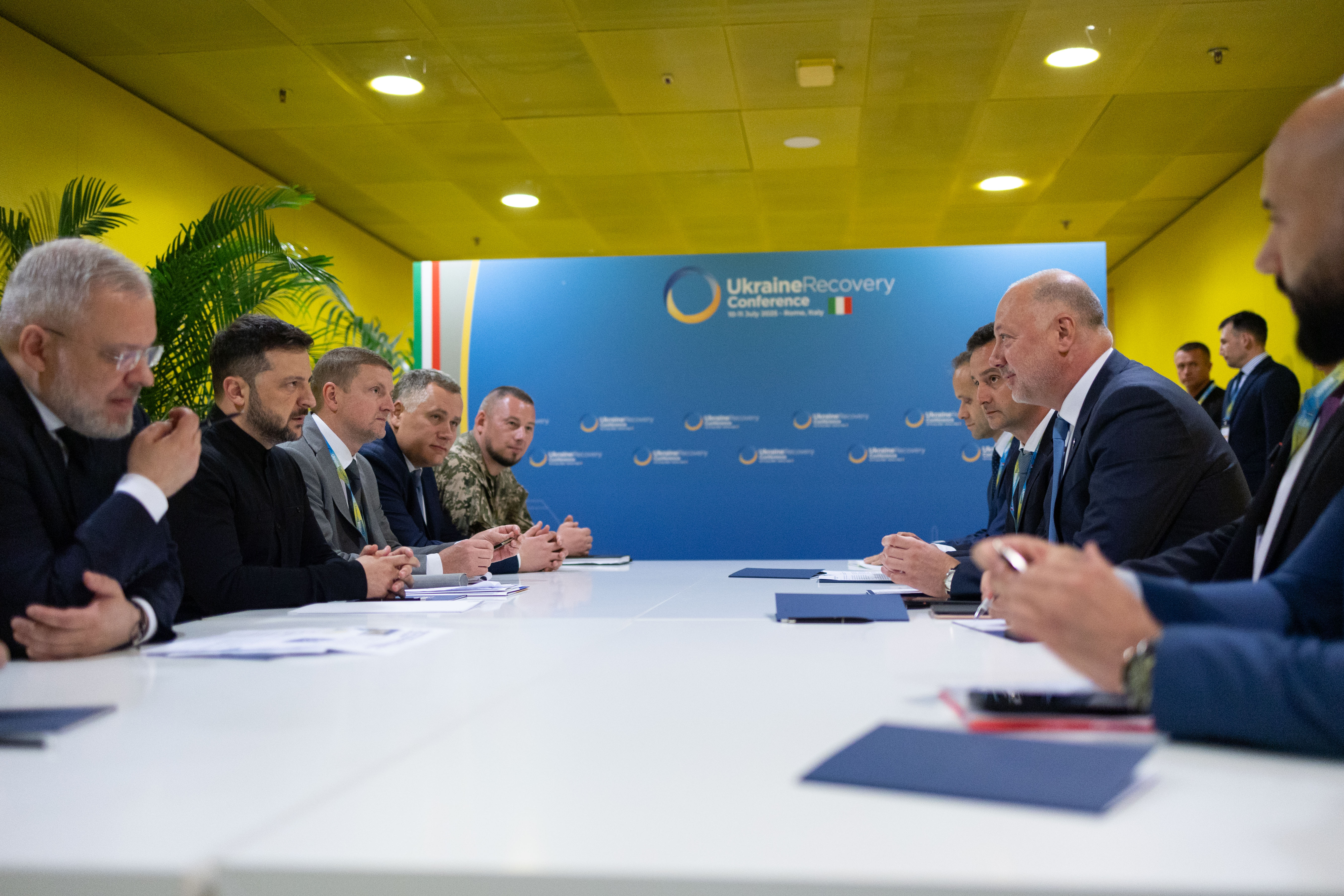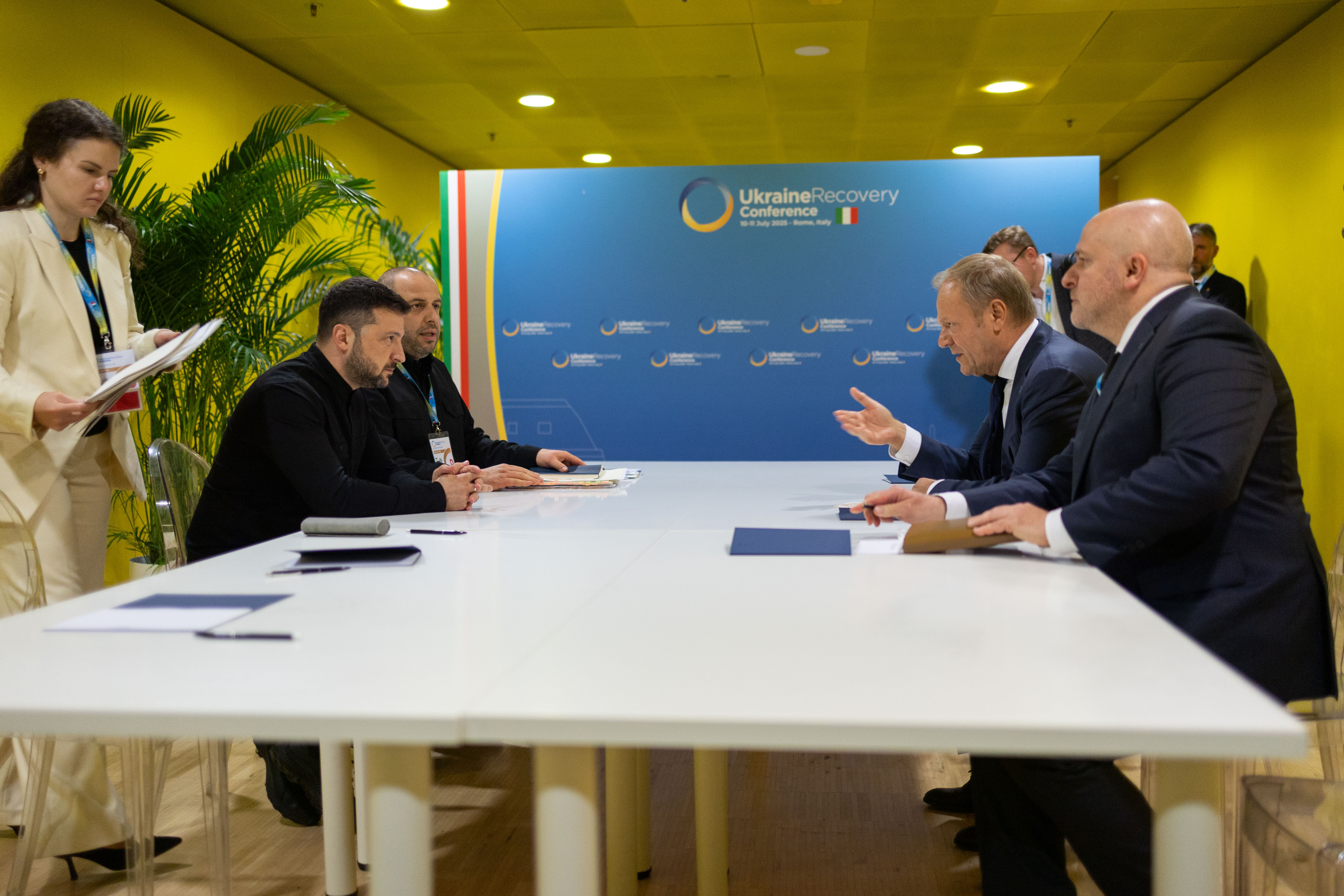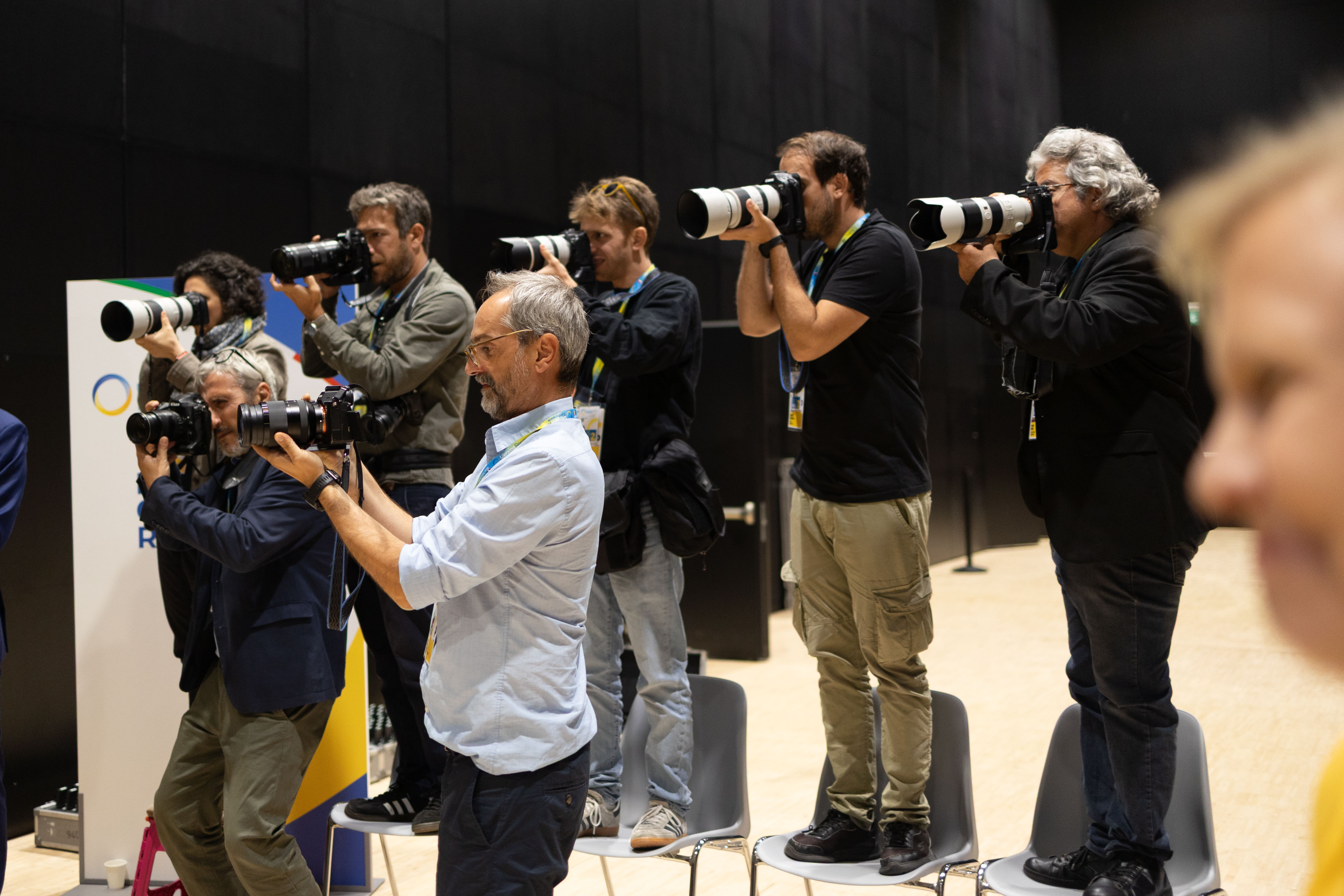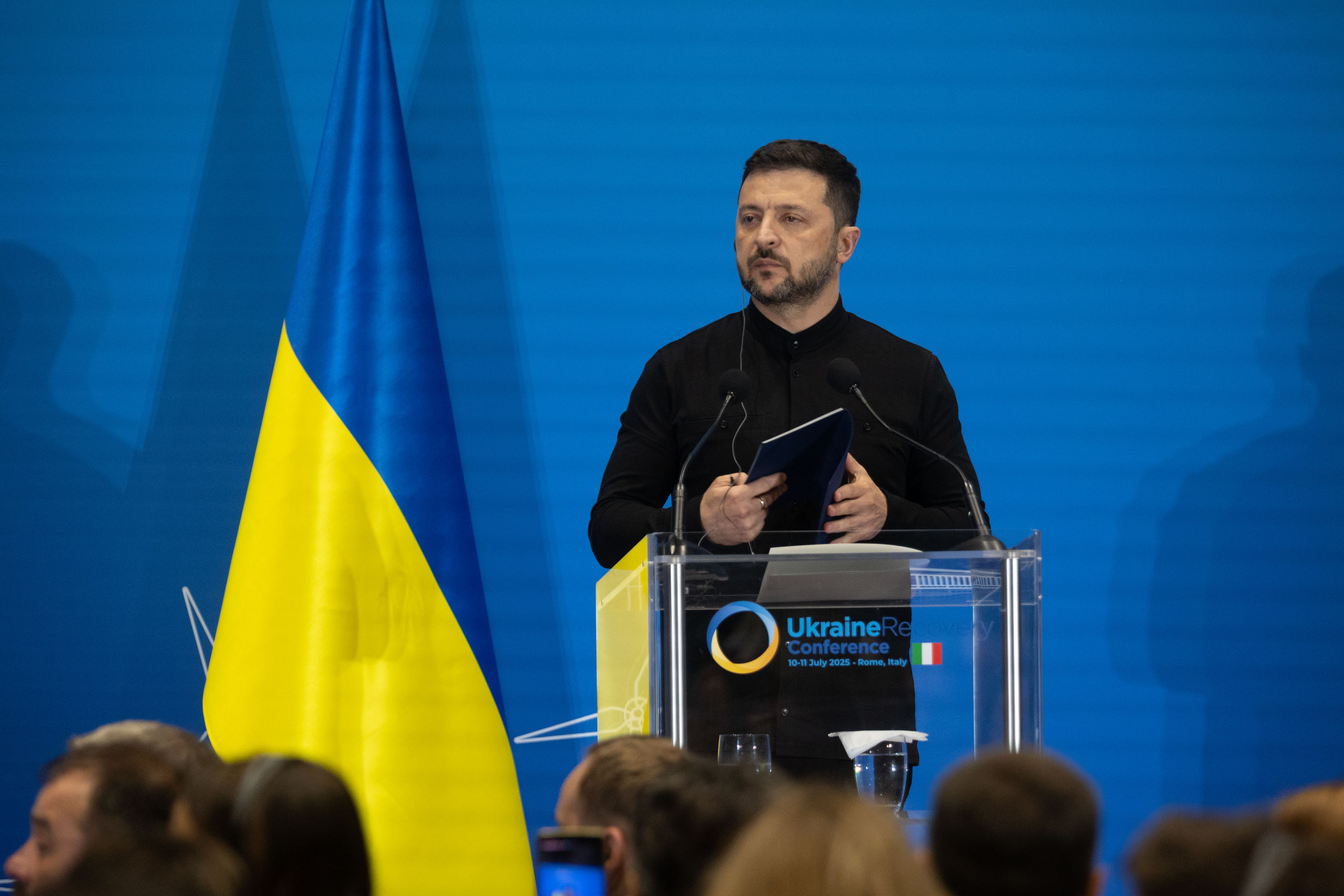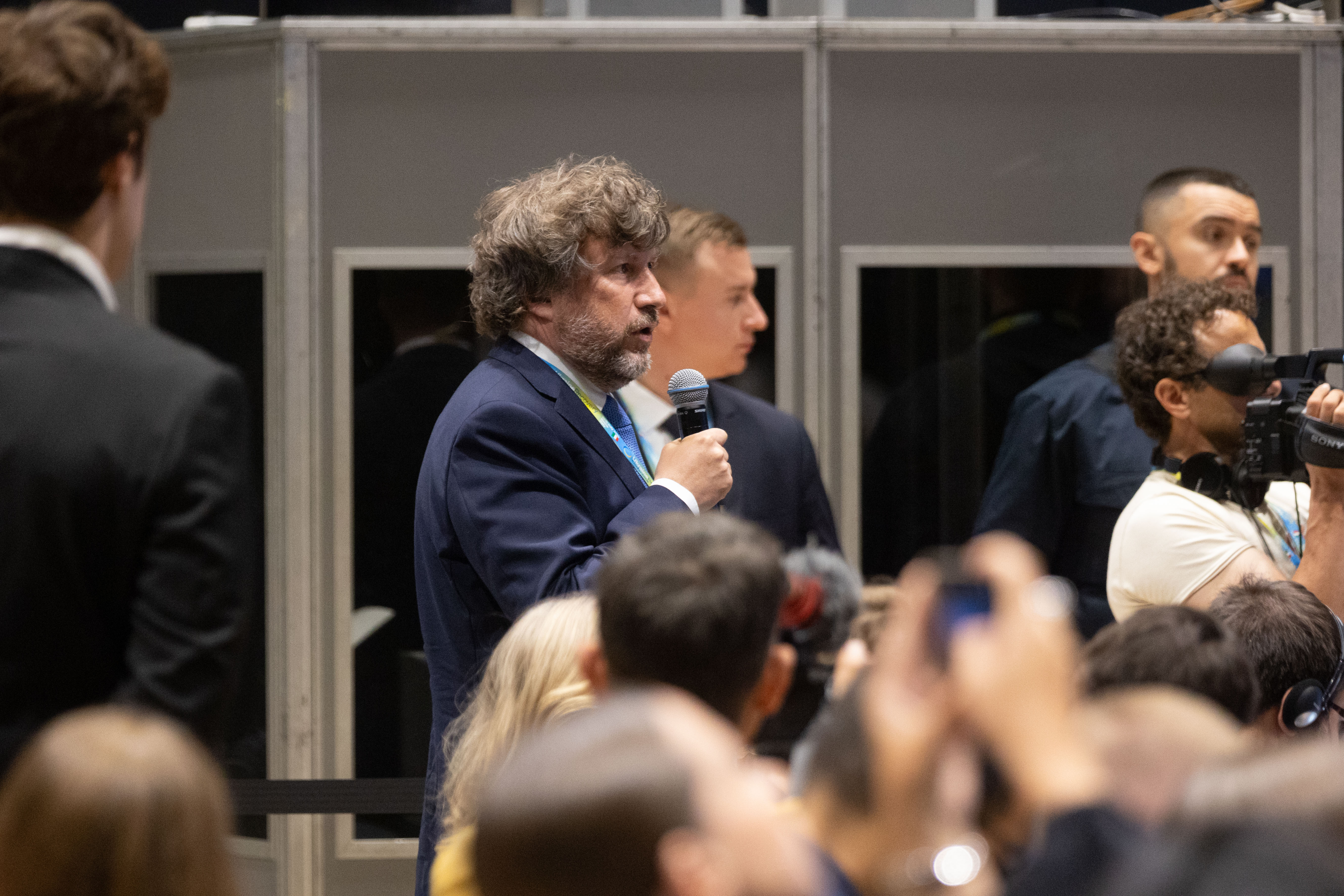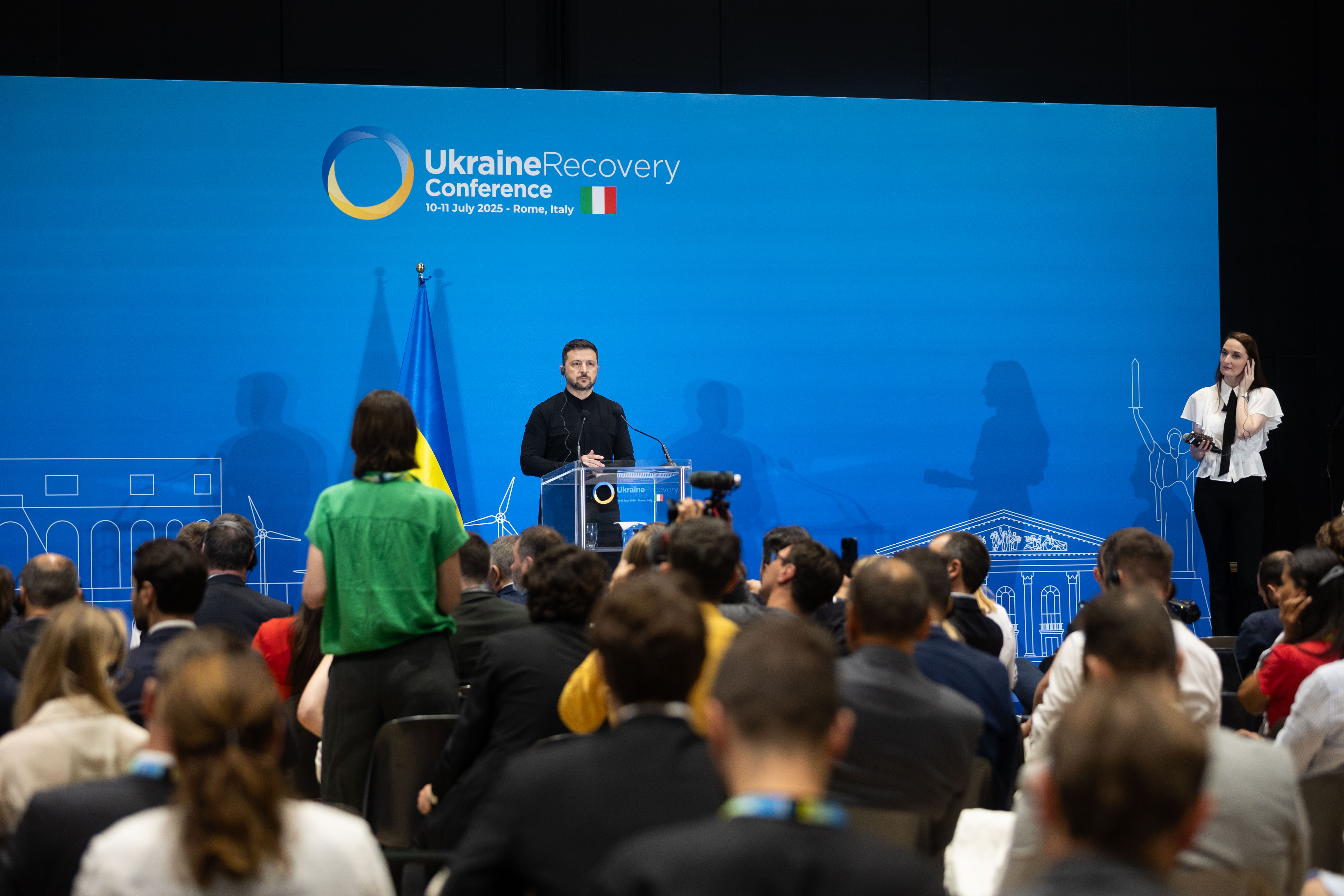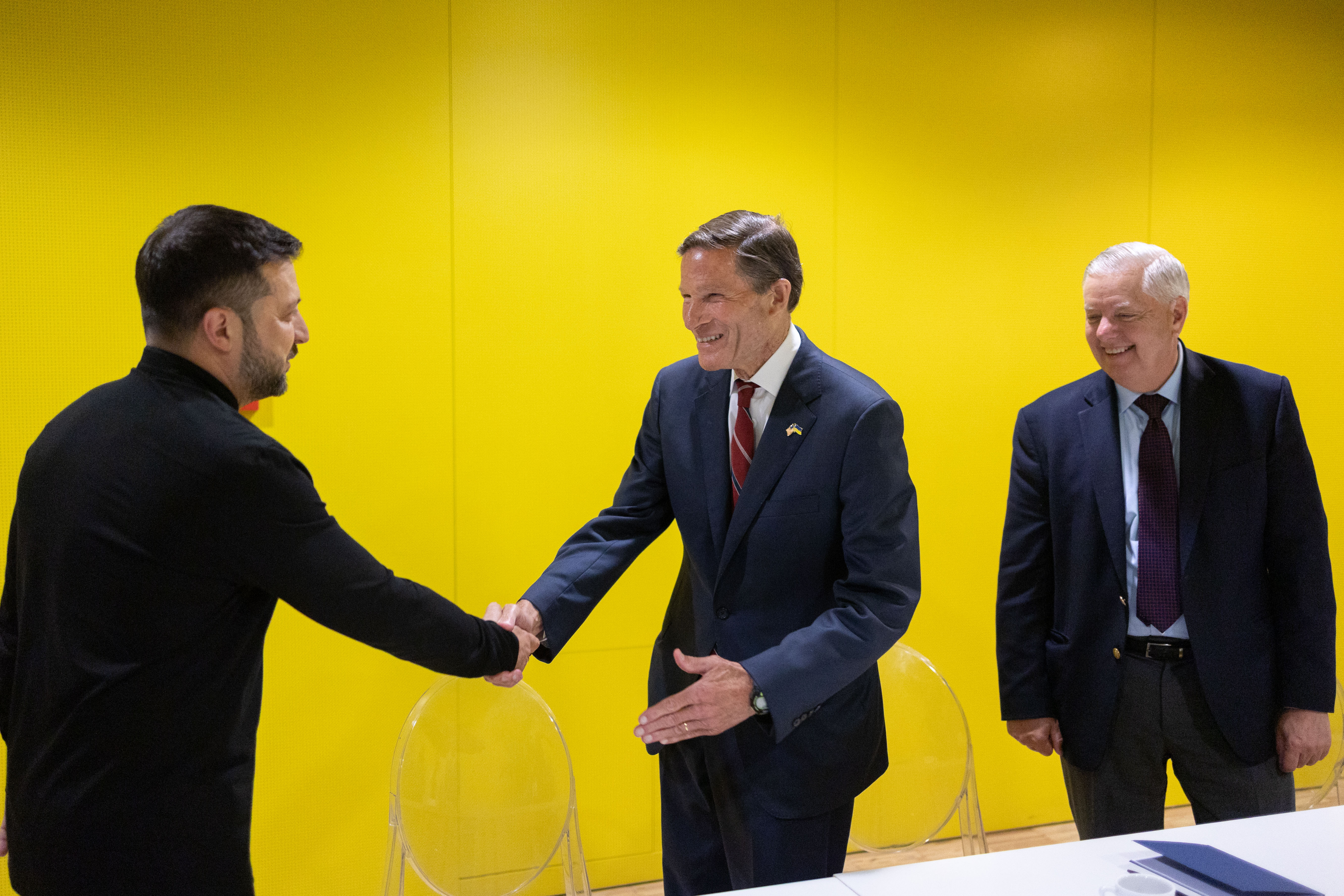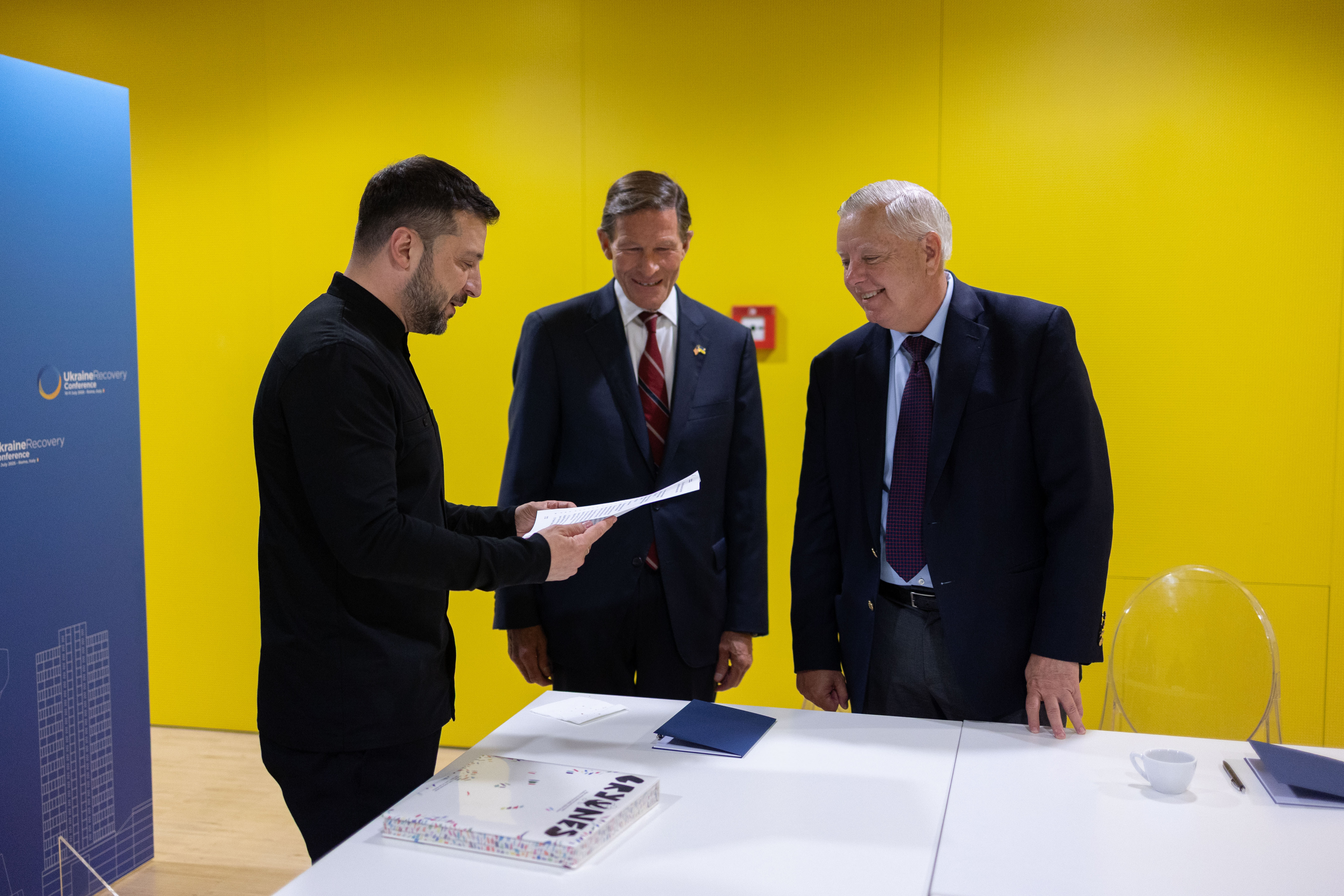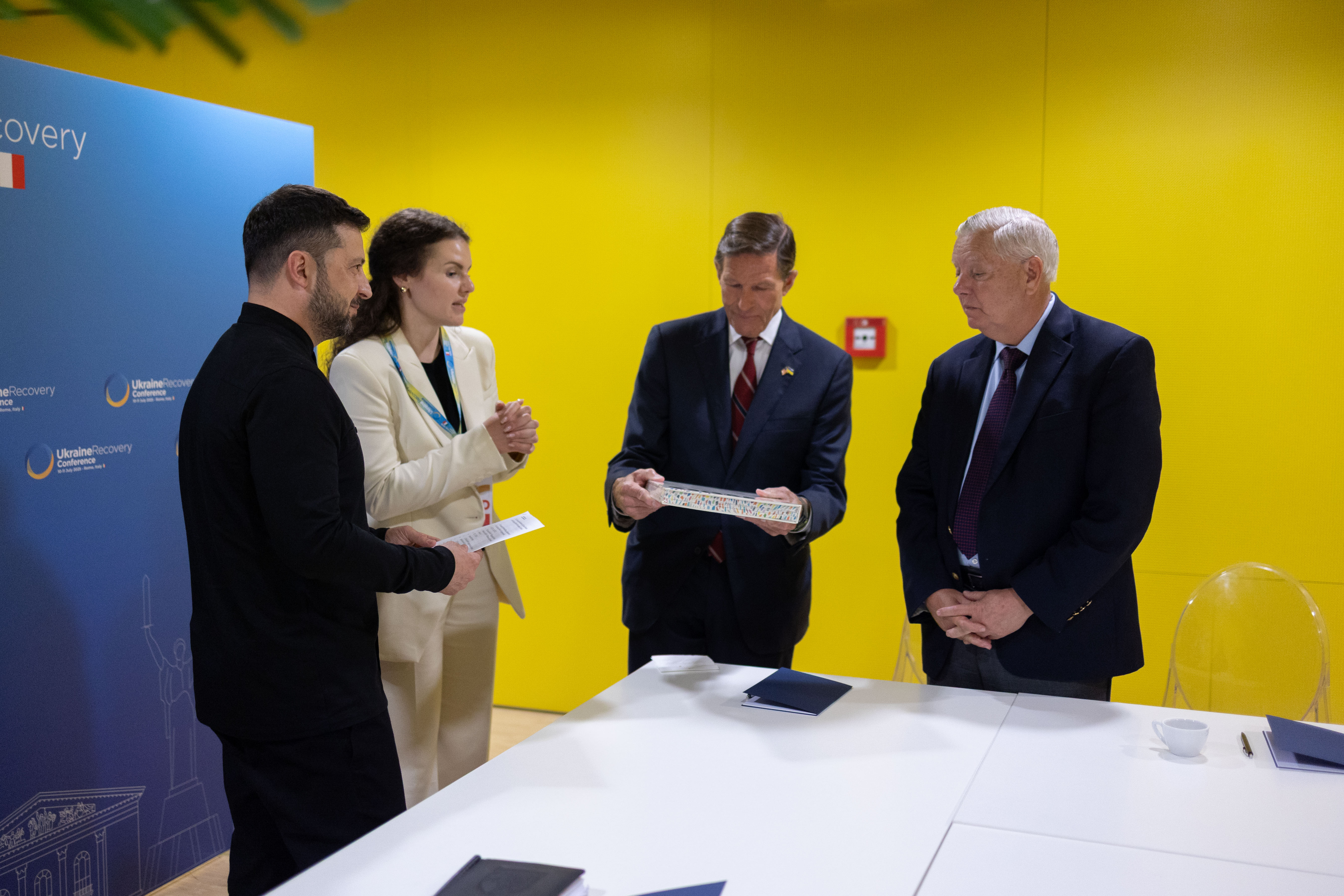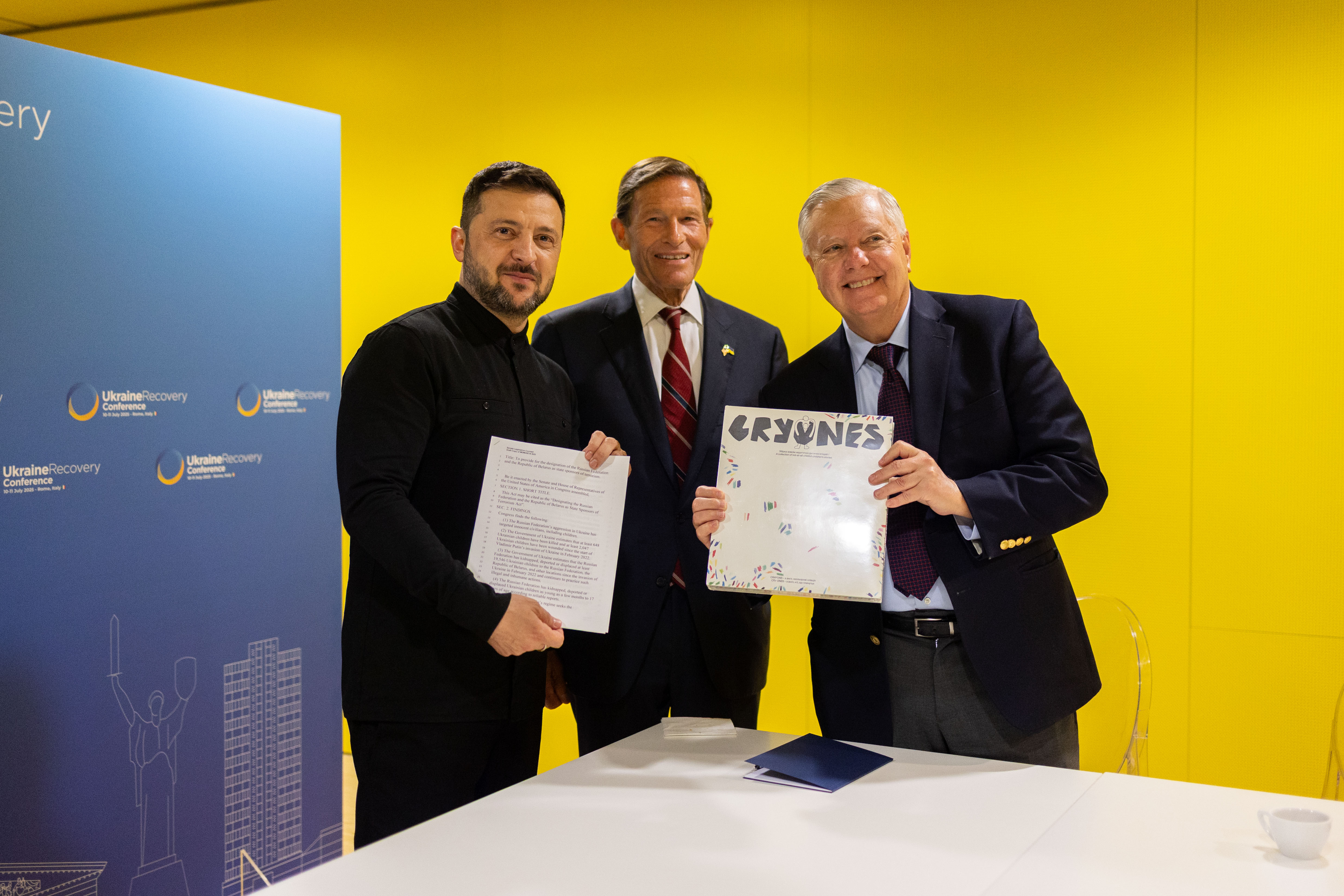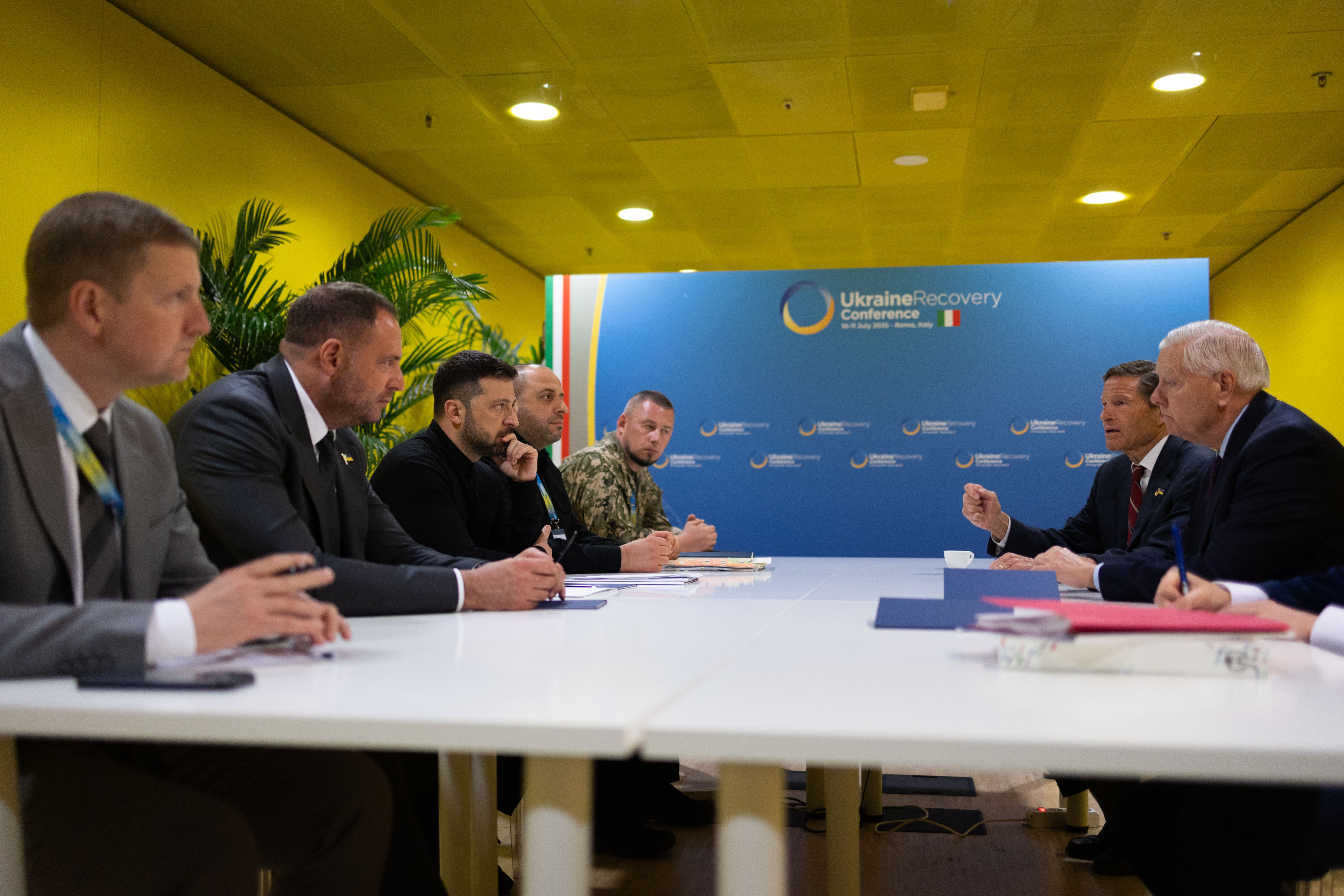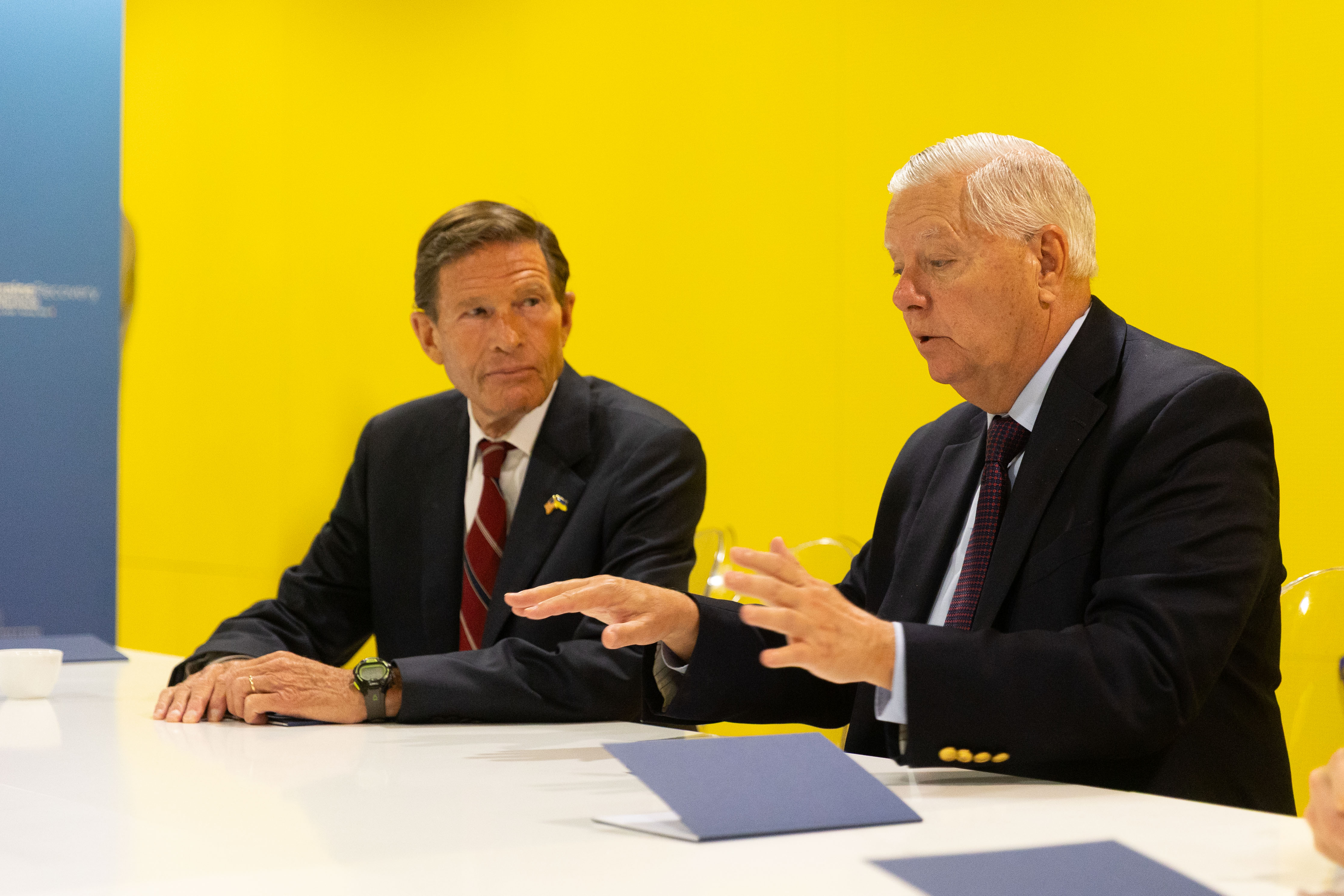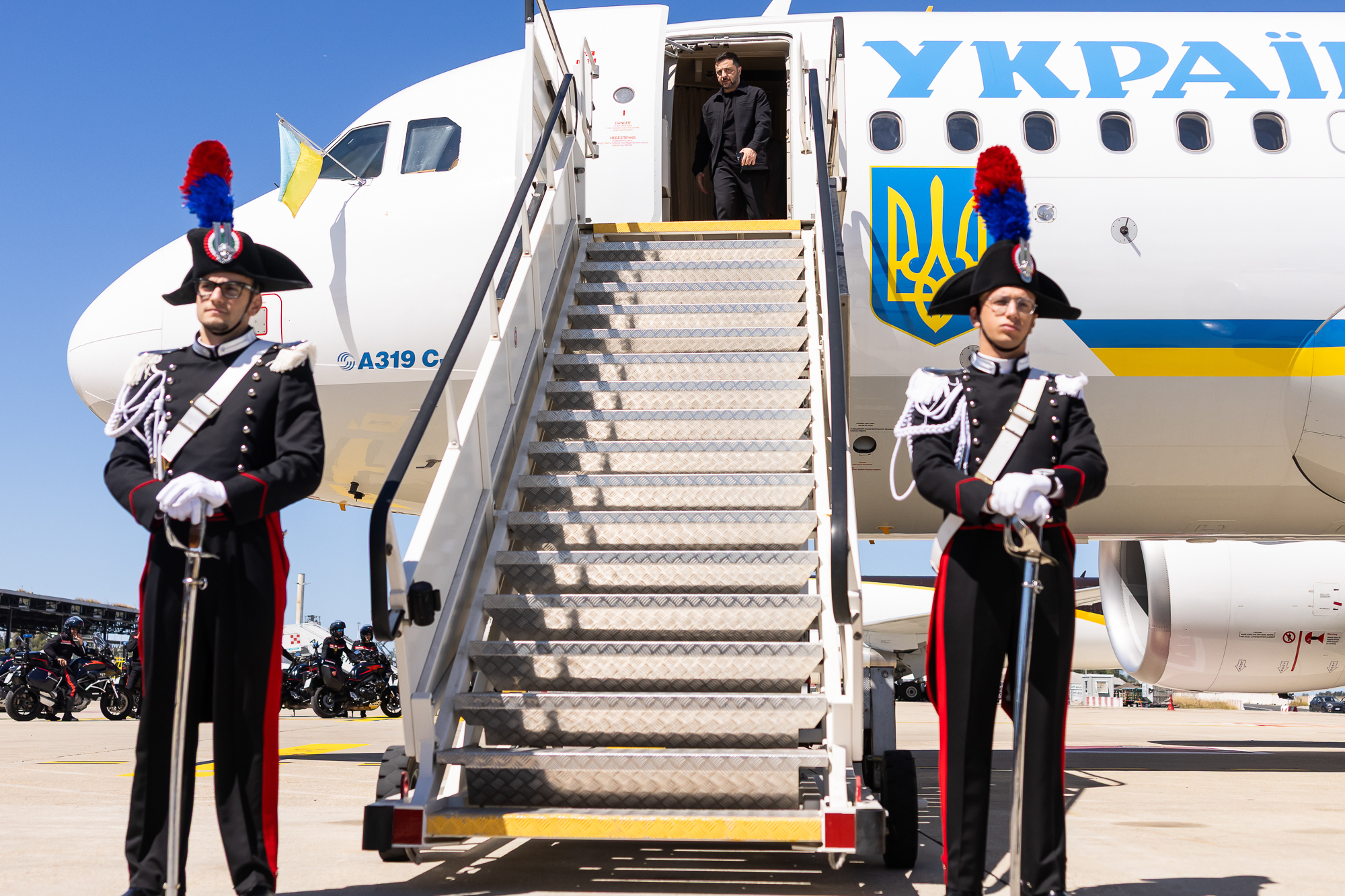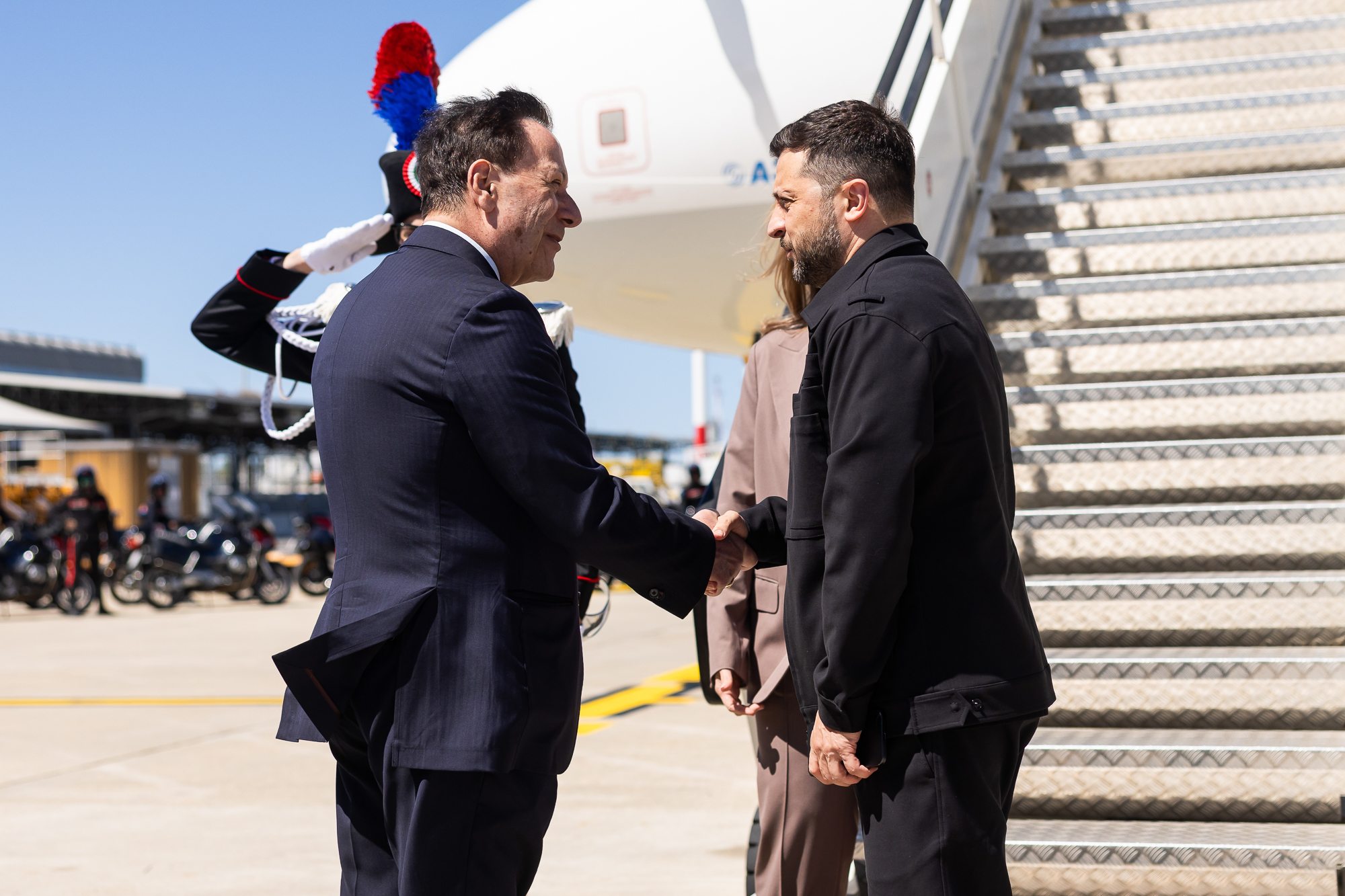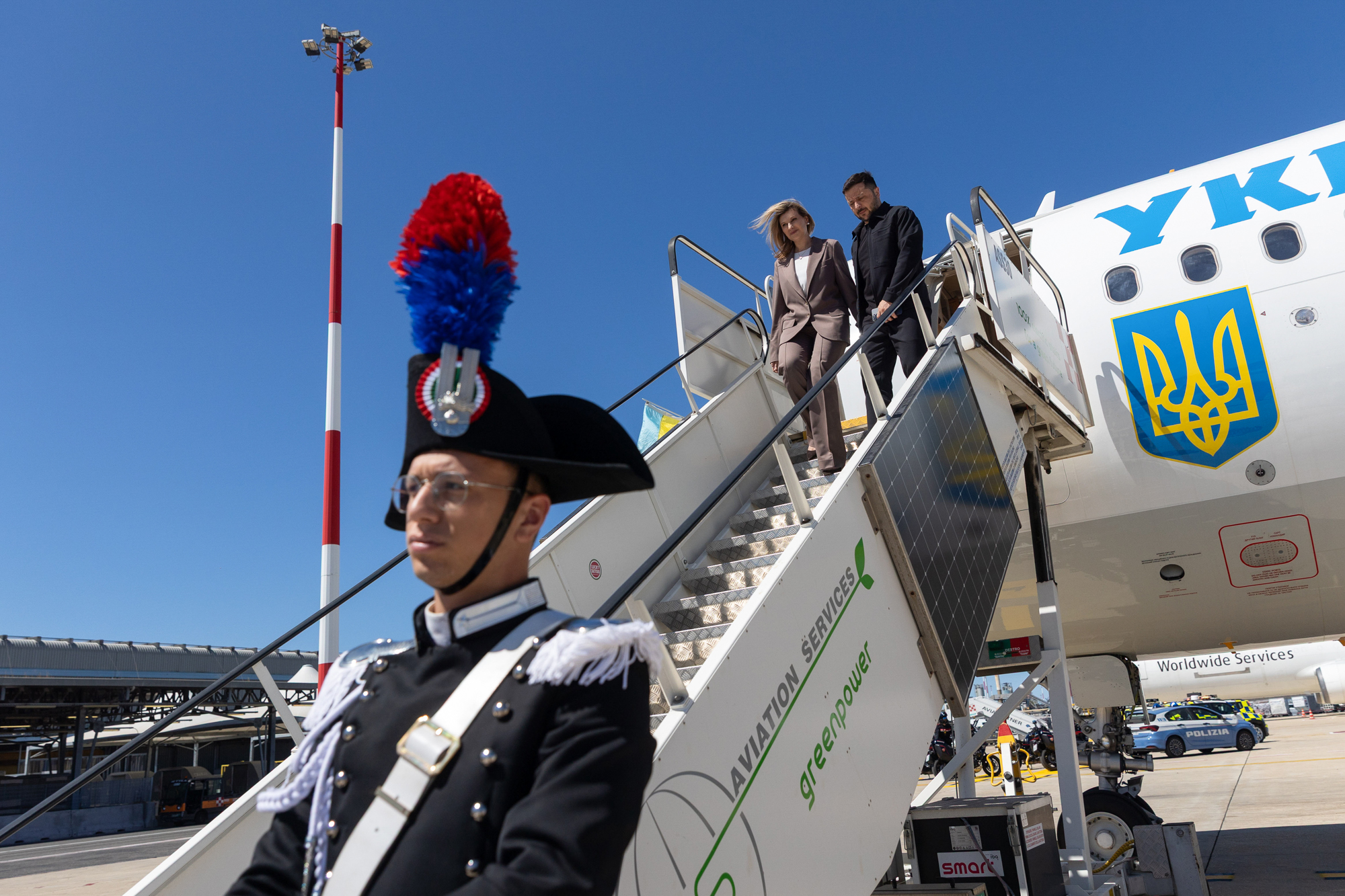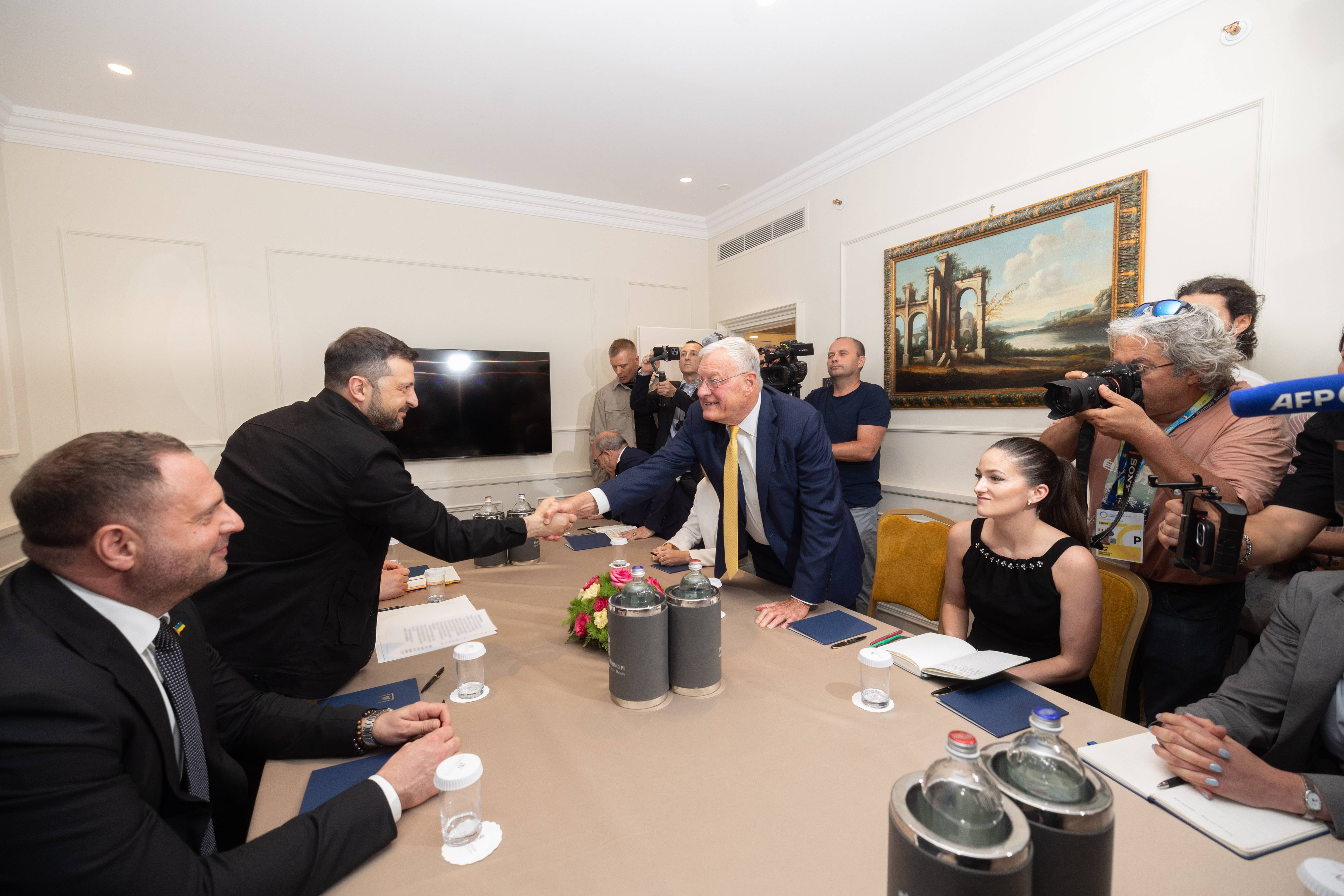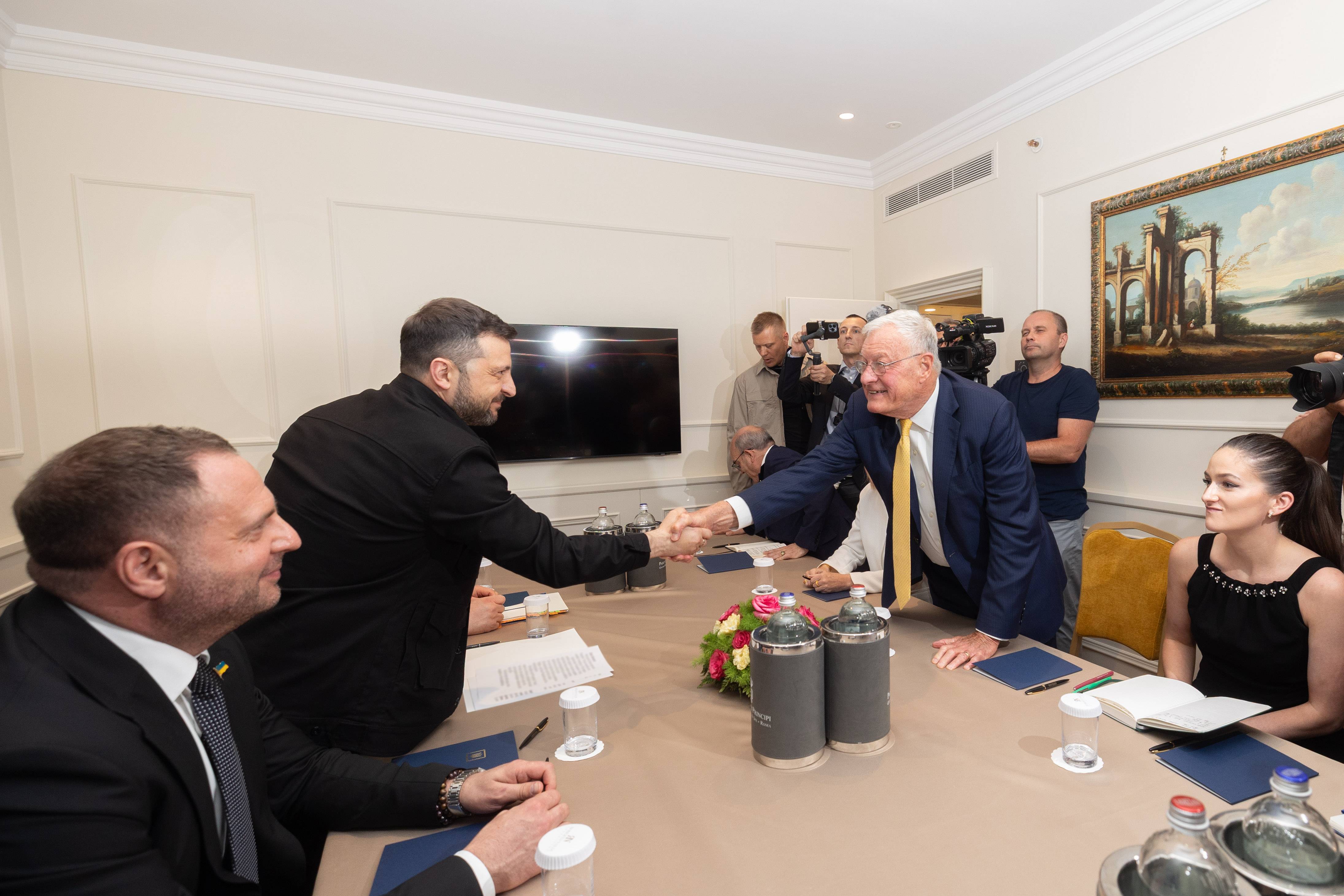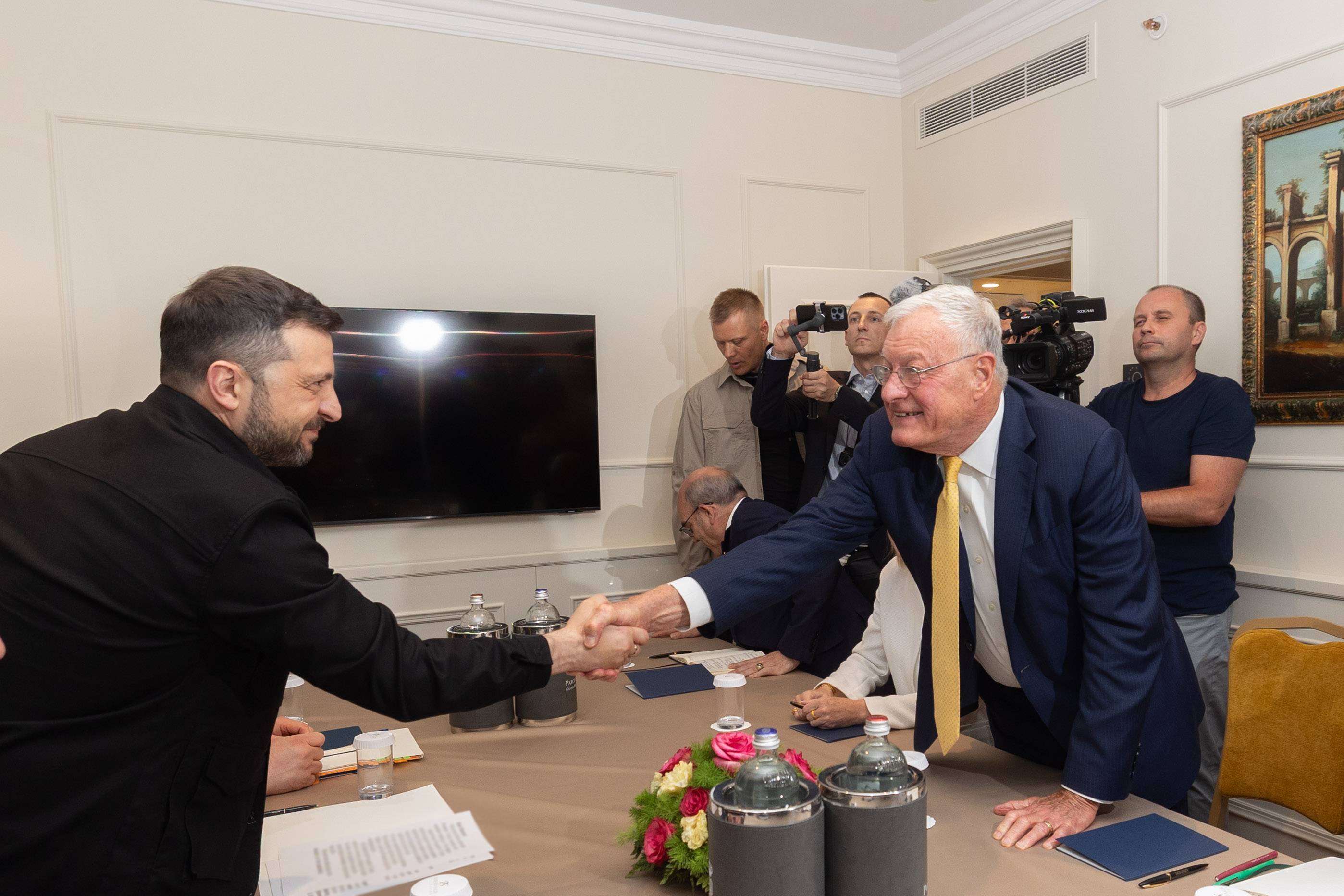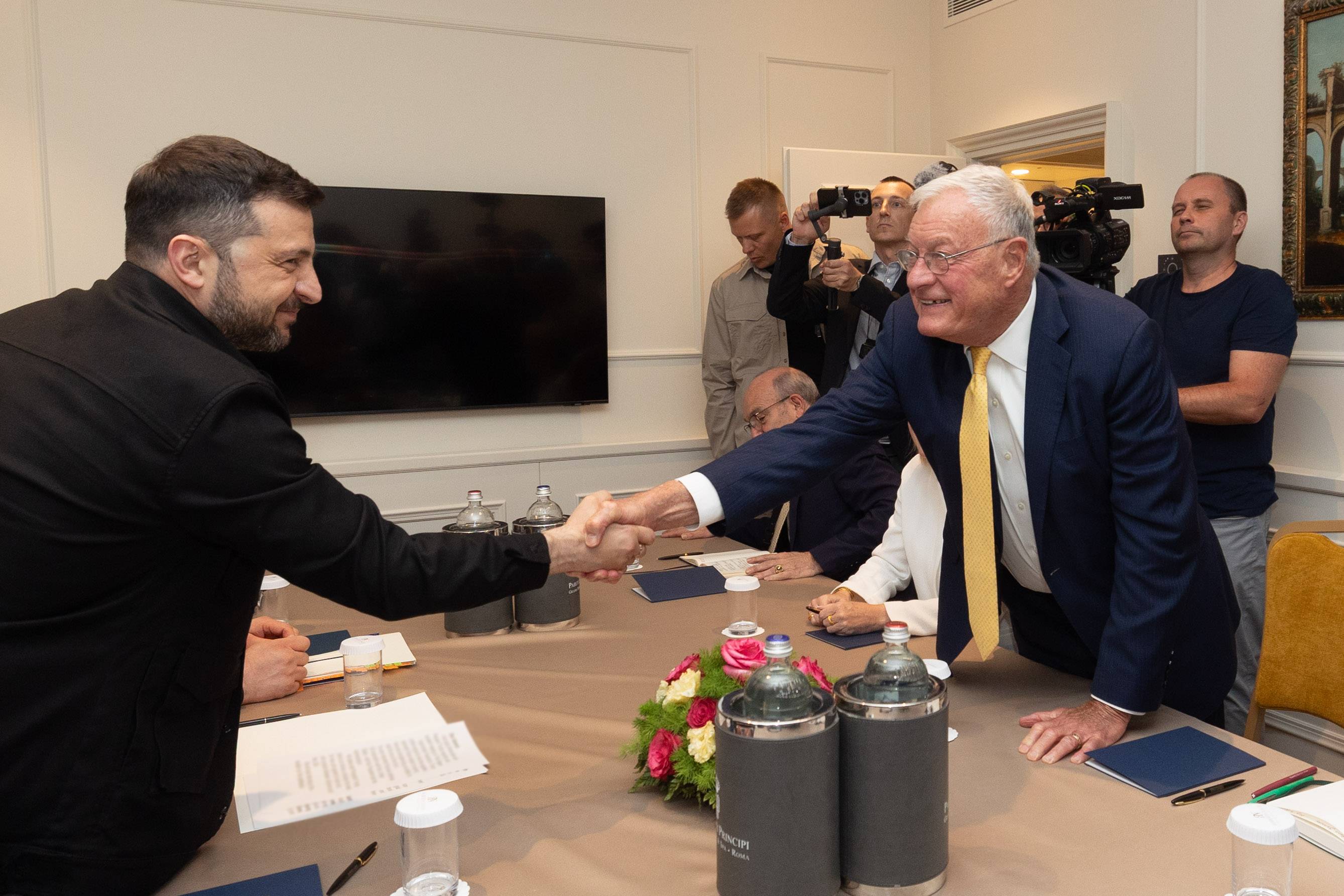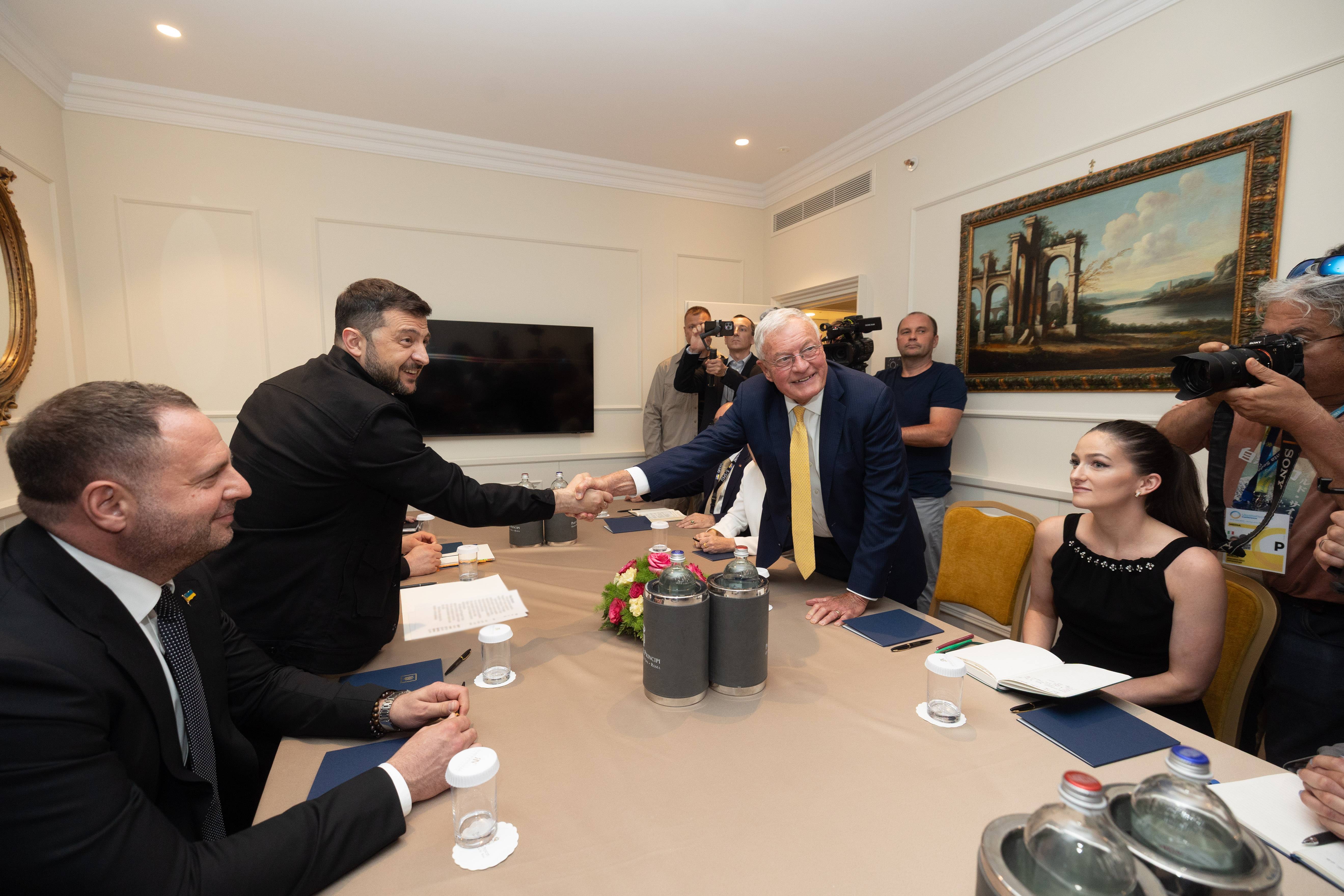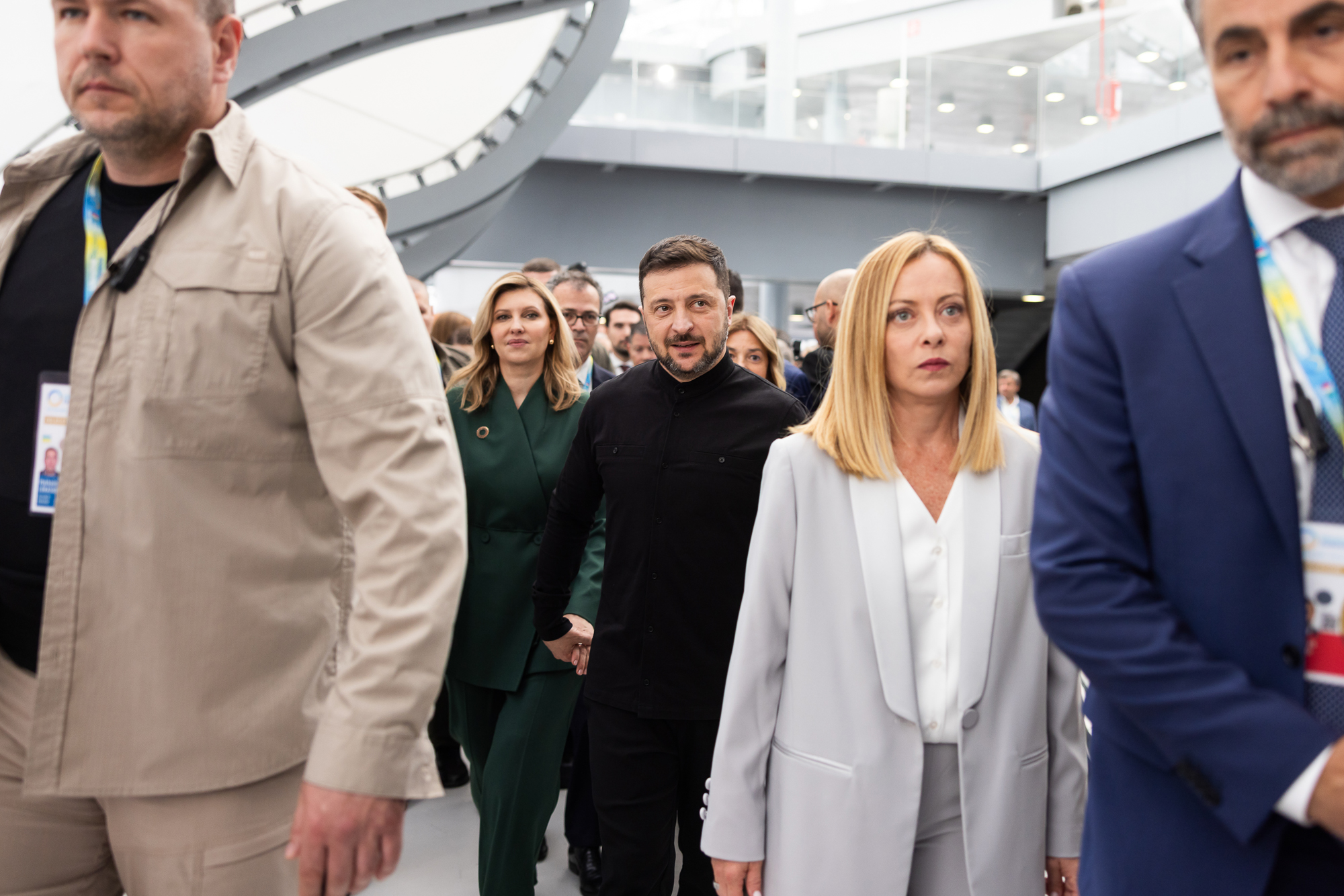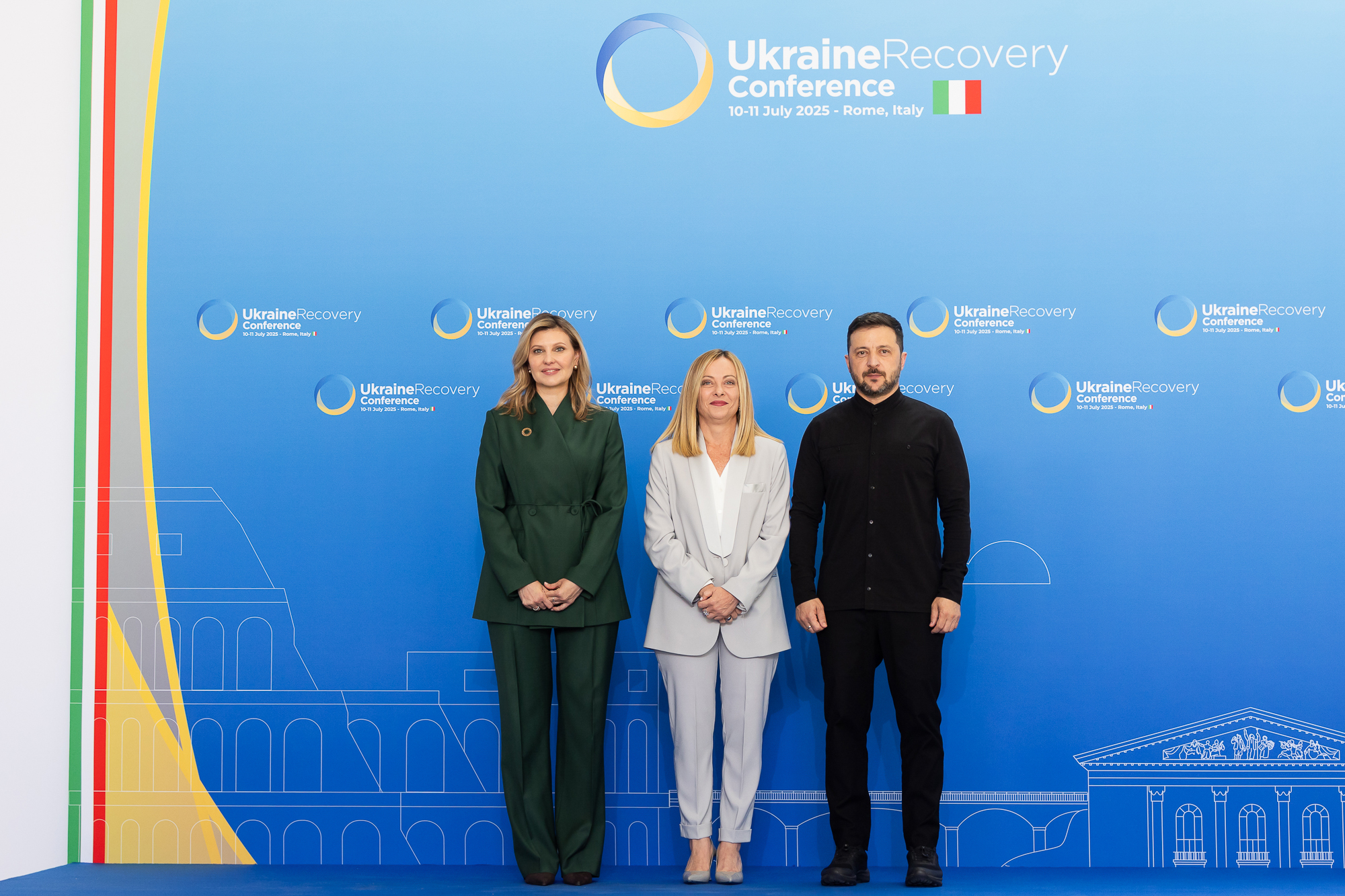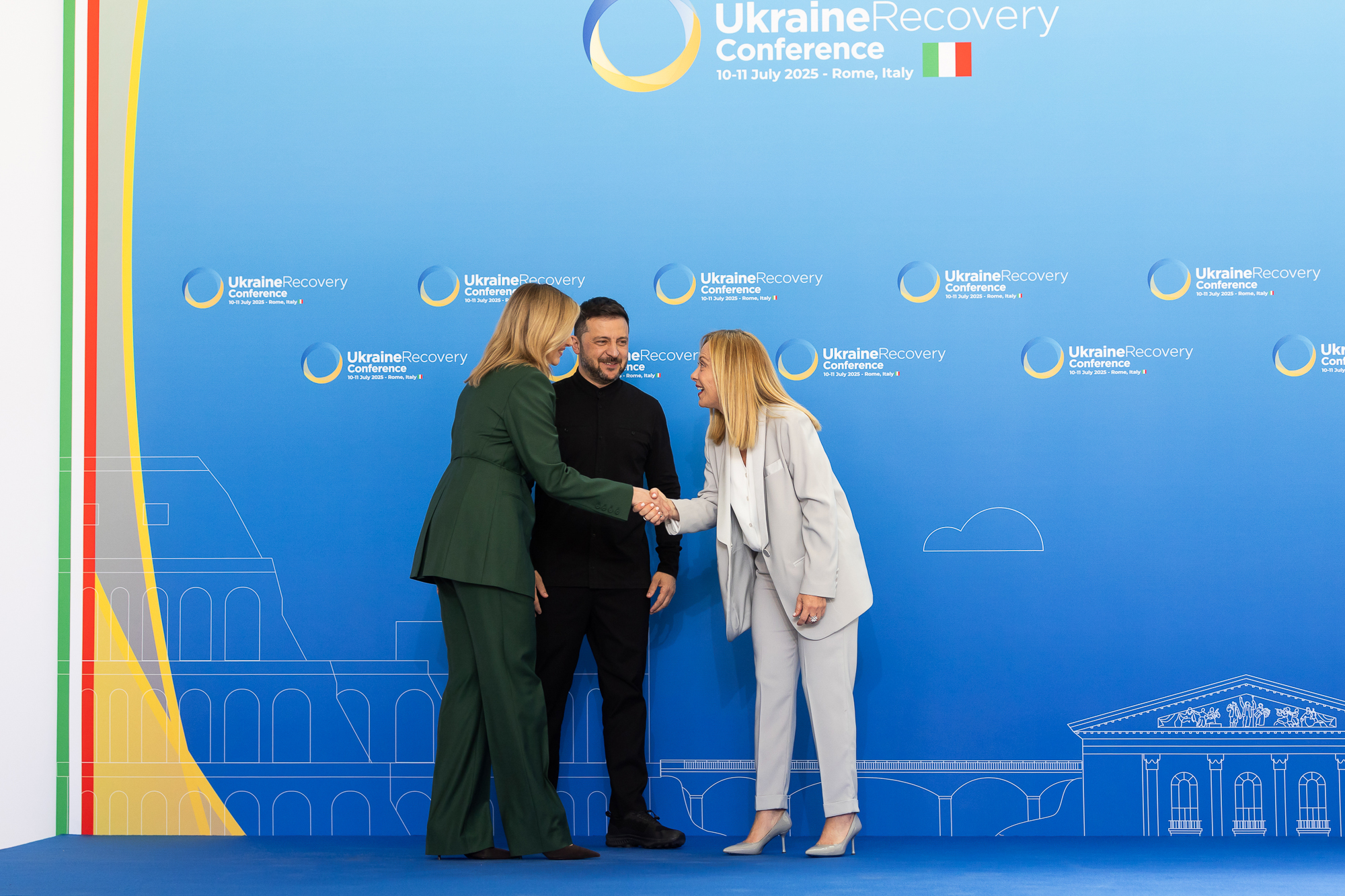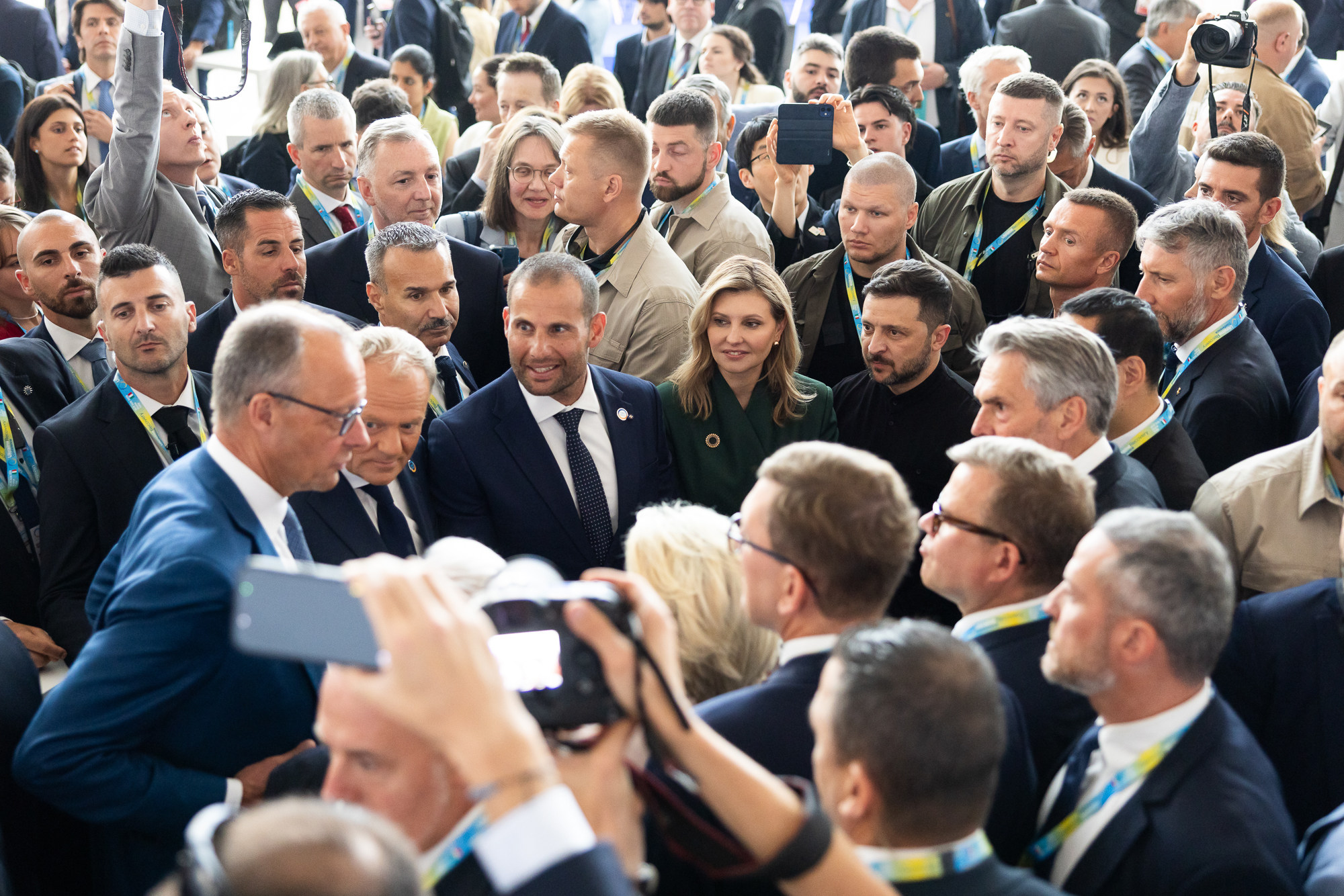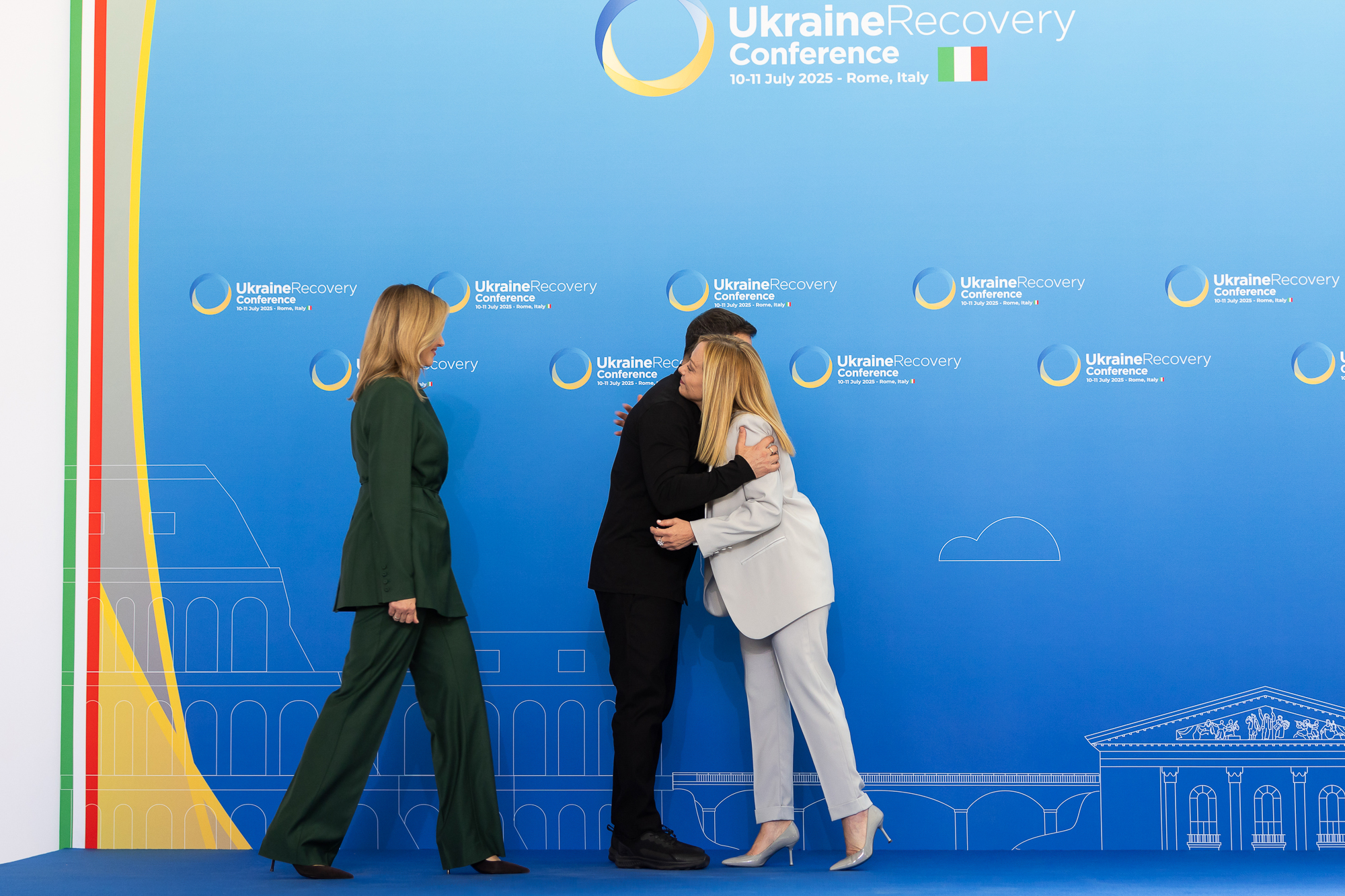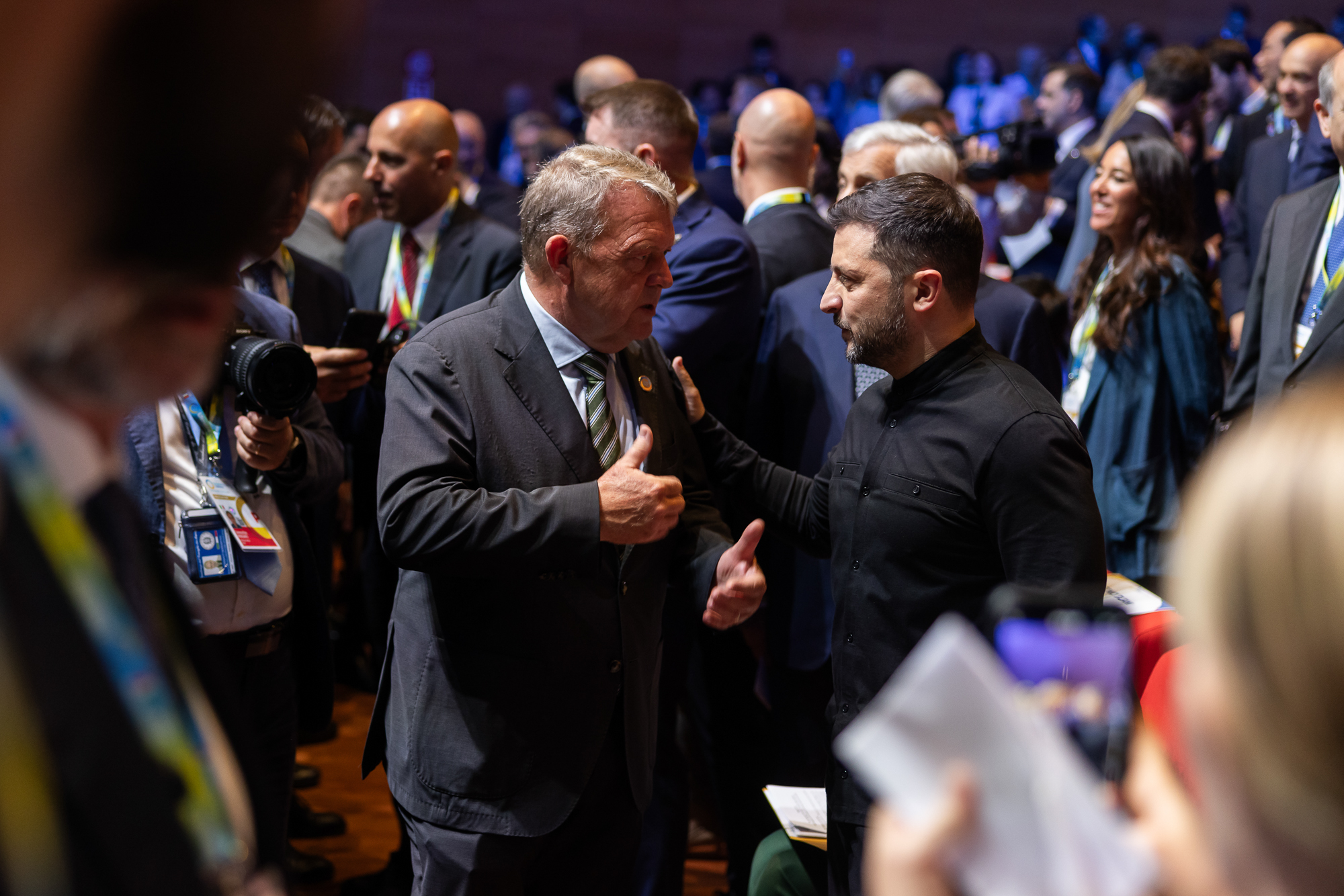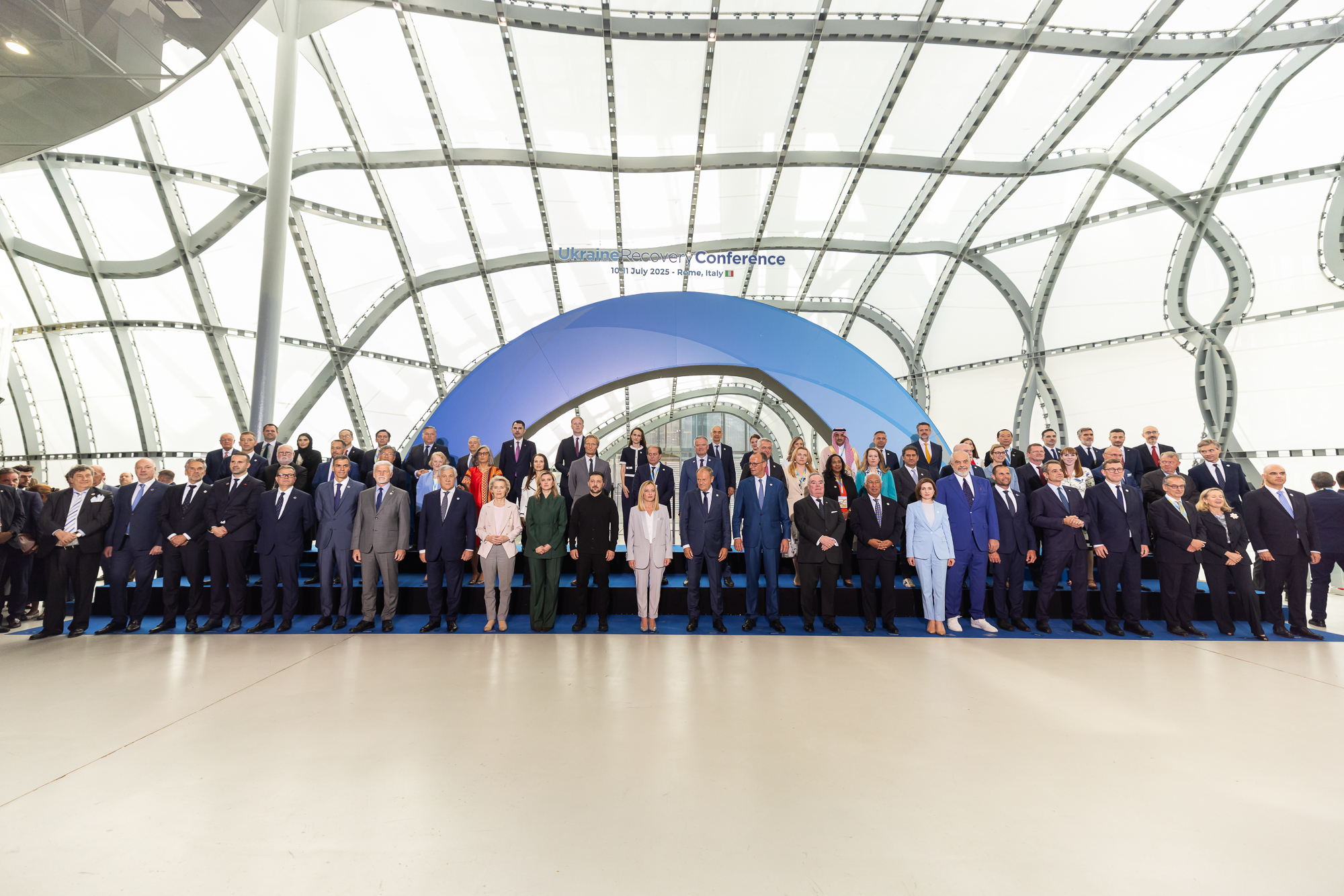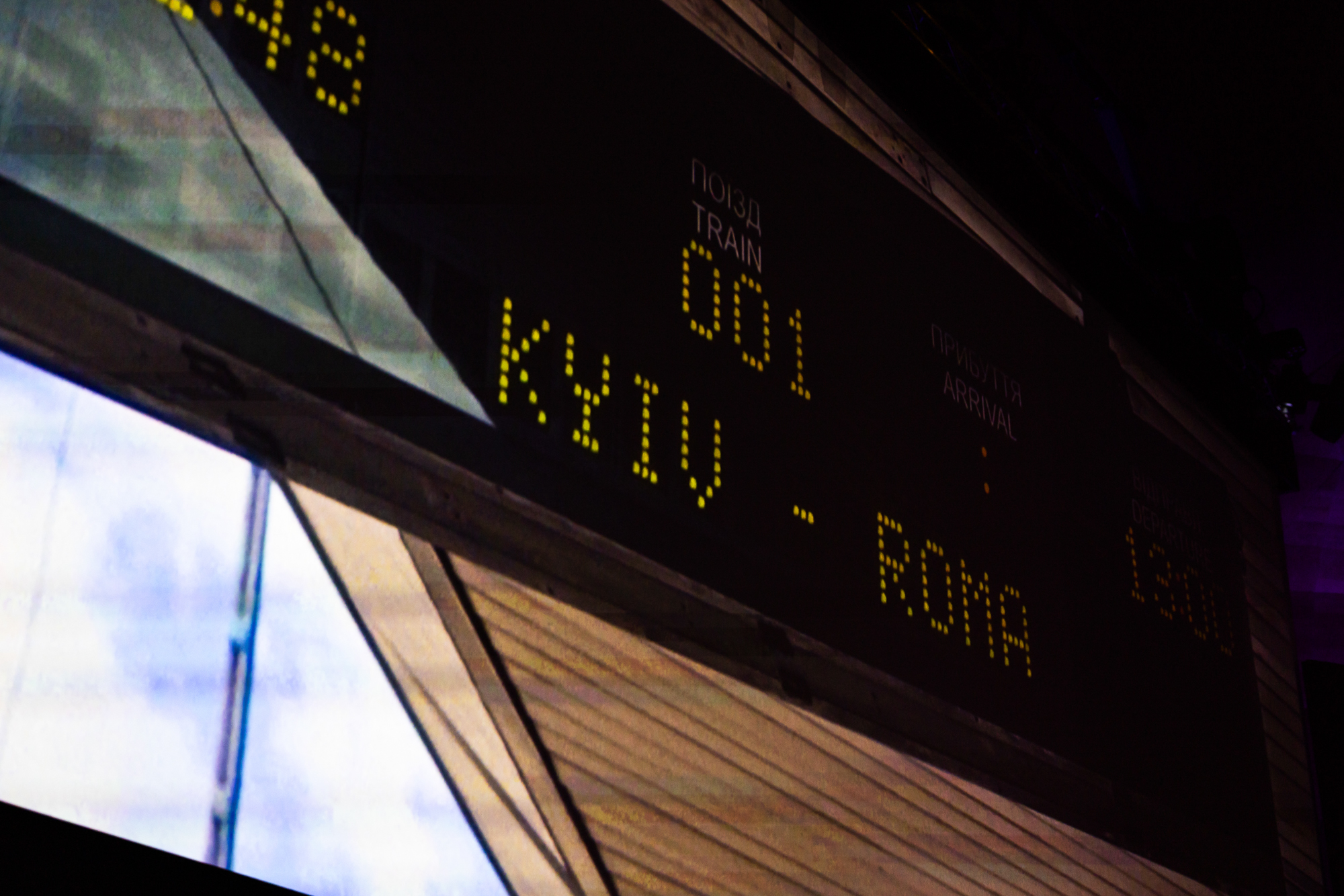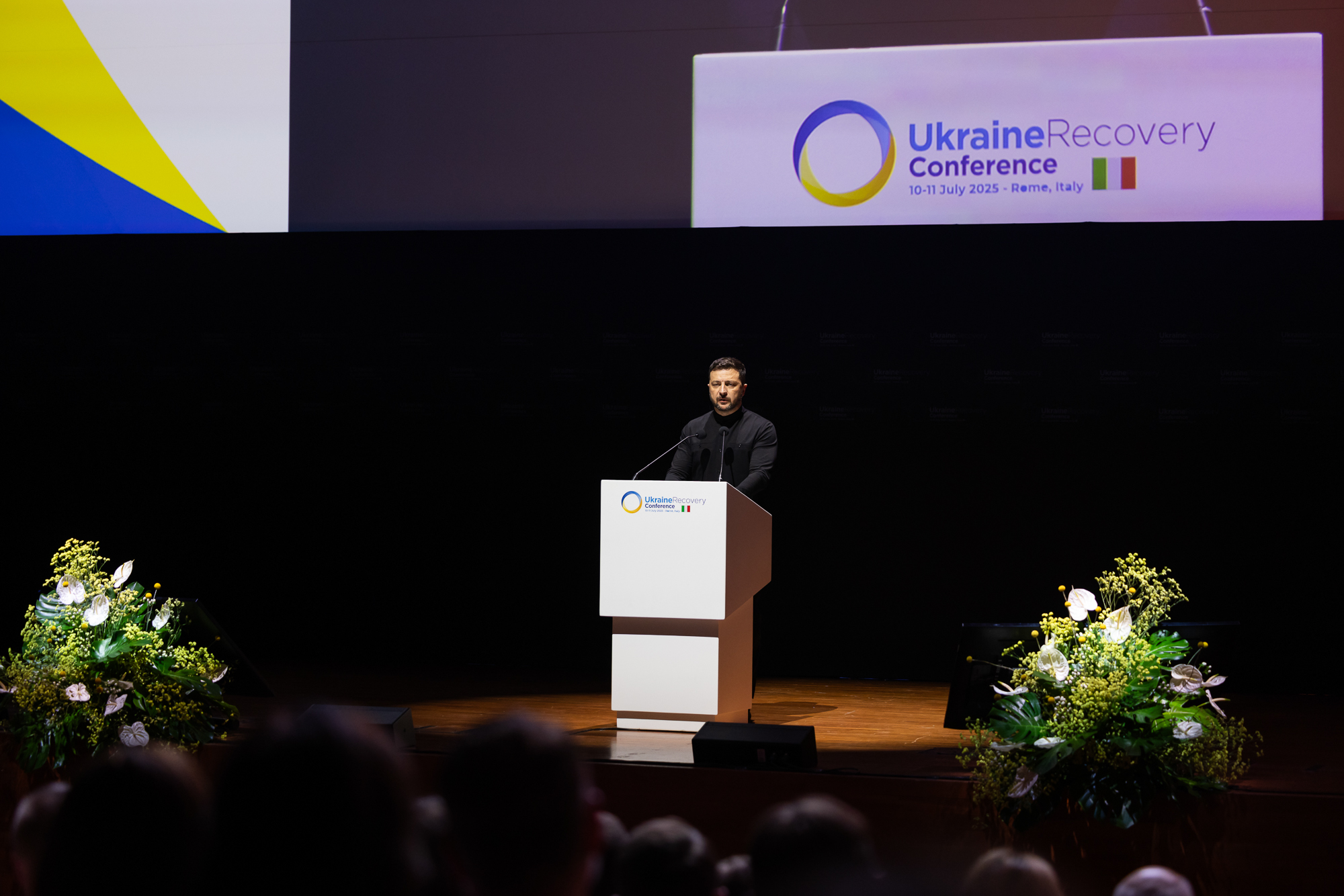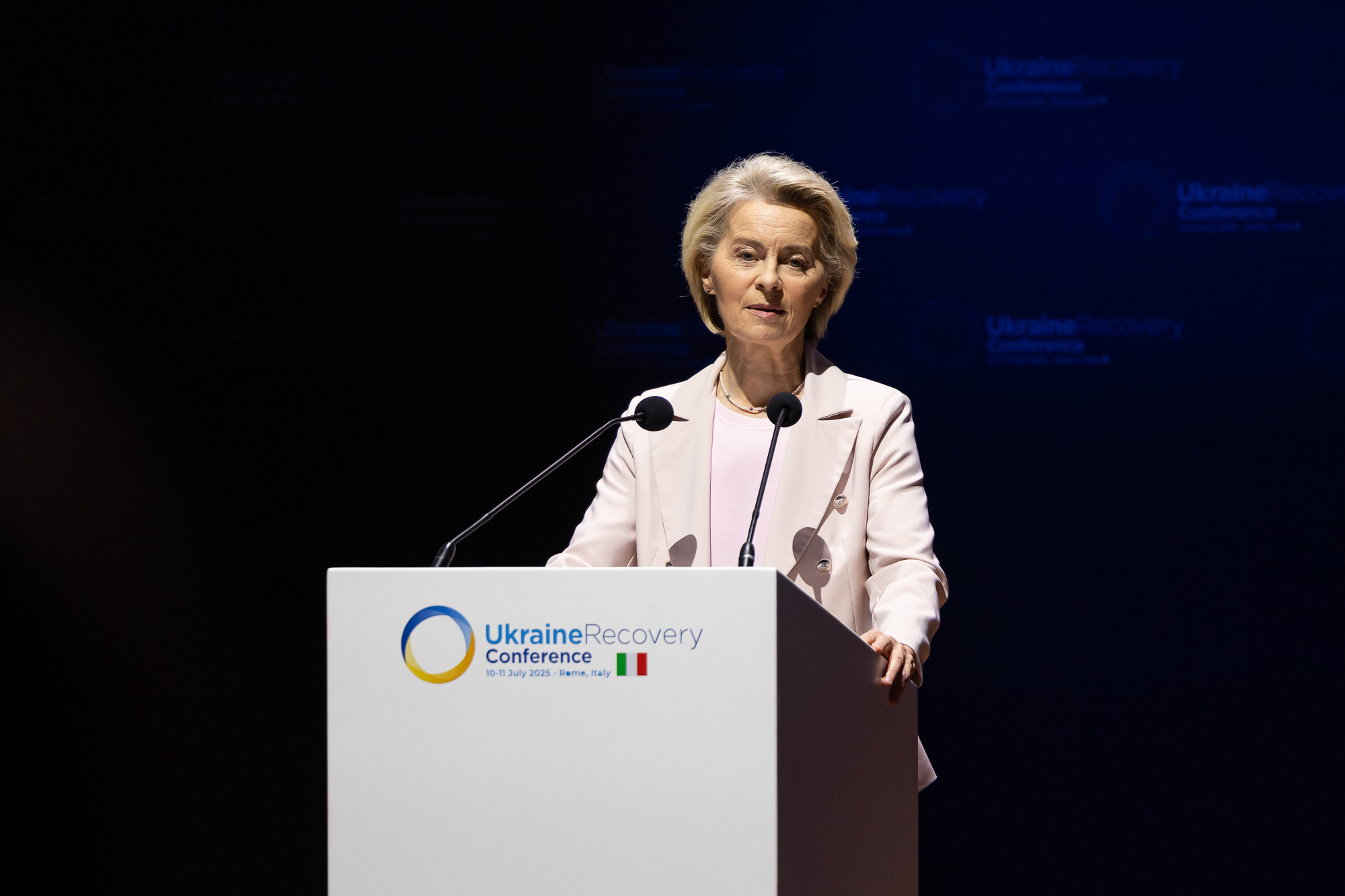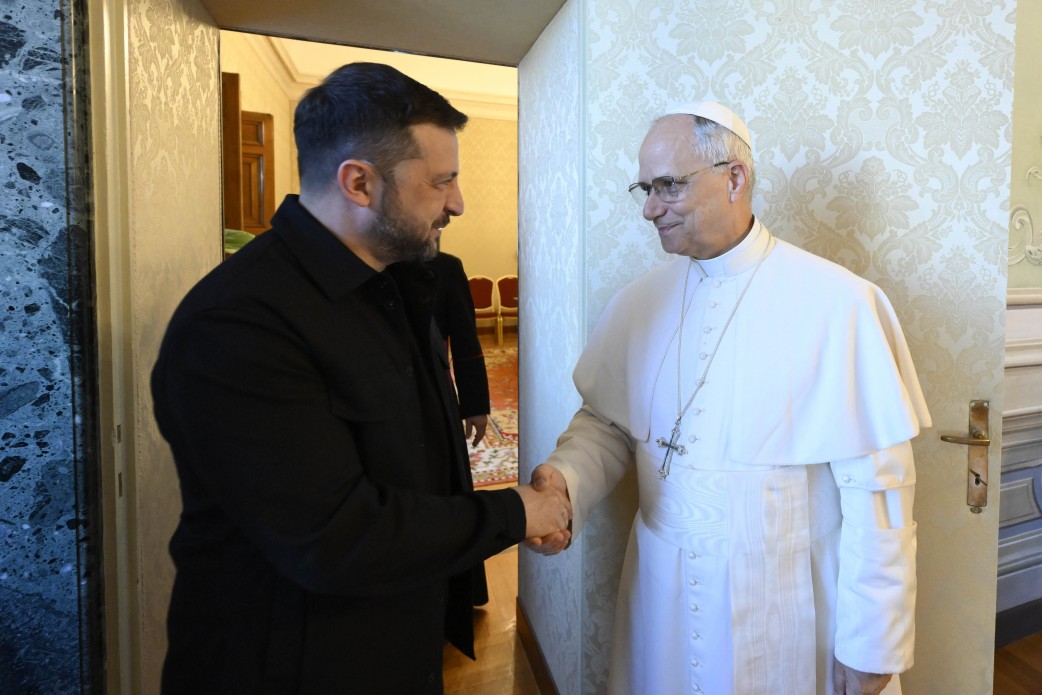Today the leaders of member states and international organisations of the Coalition of the Willing gathered in London, Rome and virtually to discuss strengthening support to Ukraine and further pressure on Russia. They welcomed the participation of United States Special Presidential Envoy, General Keith Kellogg, and Senators Graham and Blumenthal - the first time representatives of the United States have joined in the Coalition of the Willing meeting.
The leaders congratulated Prime Minister Meloni of Italy on hosting the Ukraine Recovery Conference, from where President Zelenskyy and fellow leaders joined the meeting.
The Leaders reiterated that President Putin’s unprovoked and illegal invasion of Ukraine is a flagrant violation of the UN Charter and a threat to their security interests. They underlined their unwavering commitment to Ukraine’s sovereignty, independence and territorial integrity.
They commended President Zelenskyy’s sincere support for US-led efforts to reach peace. Four months have passed since Ukraine agreed to a full, unconditional ceasefire. In this time, Russia has intensified attacks on Ukraine’s civilian population, killing more than 700 and injuring over 3,500 in the most intense air strikes of the invasion to date. The Leaders called on Russia to end attacks against civilians, and to commit to a full and unconditional ceasefire in order to negotiate a just and lasting settlement.
The Leaders supported further peace talks between Ukraine and Russia, praising efforts by President Trump on establishing a peace process backed by the United States and other close partners. This should make progress towards a meeting of leaders.
Leaders also agreed to step up action against Russia’s war economy. They agreed to develop further restrictive measures, in coordination with all relevant actors, against Russia’s energy and financial sectors, including Russian oil and gas exports, the ‘shadow fleet’, and third country supply to Russia’s war machine.
The Leaders reiterated that strong Ukrainian armed forces are the primary guarantee of the country’s sovereignty and security. They agreed that, while Russia’s aggression continues, this group would prioritise making sure that Ukraine gets the military and financial support it needs to defend itself in the fight now. Furthermore, they reaffirmed agreement to provide at least €40bn in military support to Ukraine in 2025 to bolster the Security and Defense Forces of Ukraine – matching the commitment made by the NATO Alliance in 2024. They agreed to work through the Ukraine Defence Contact Group, NATO Security Assistance and Training for Ukraine (NSATU) and the Capability Coalitions to accelerate support for Ukraine’s future forces.
A primary priority for support is the strengthening of Ukraine’s integrated air-defence capabilities. Leaders also agreed on further support to deter Russian massive drone attacks, and to increase financing for the production of drone interceptors.
They reiterated their commitment to Ukraine’s long-term security and to building Ukraine’s ability to deter and defend against future armed attack by Russia. They welcomed the development of mature operational plans to deploy a reassurance force - the ‘Multinational Force Ukraine’ - once hostilities have ceased, and to help secure Ukraine’s skies and seas and regenerate Ukraine’s armed forces. They welcomed the establishment of a UK/French led operational headquarters to support planning activity, the commitments made by partners to contribute to the force, as well as Ukraine’s readiness to issue an invitation to the force and enter into formal agreements with participating countries where necessary.
Leaders also underlined the importance of ensuring fiscal and economic support for Ukraine. They agreed to draw up a collective plan to support Ukrainian public finances in 2026. They also recognised that free and safe navigation in the Black Sea will strengthen Ukraine’s economy and restore food security, and reiterated their commitment to support demining efforts in the Black Sea. The Leaders also agreed to continue to explore all lawful routes to ensure that Russia pays for the damage that it has done to Ukraine, including looking at further options for the use of revenues stemming from Russian immobilised sovereign assets.


